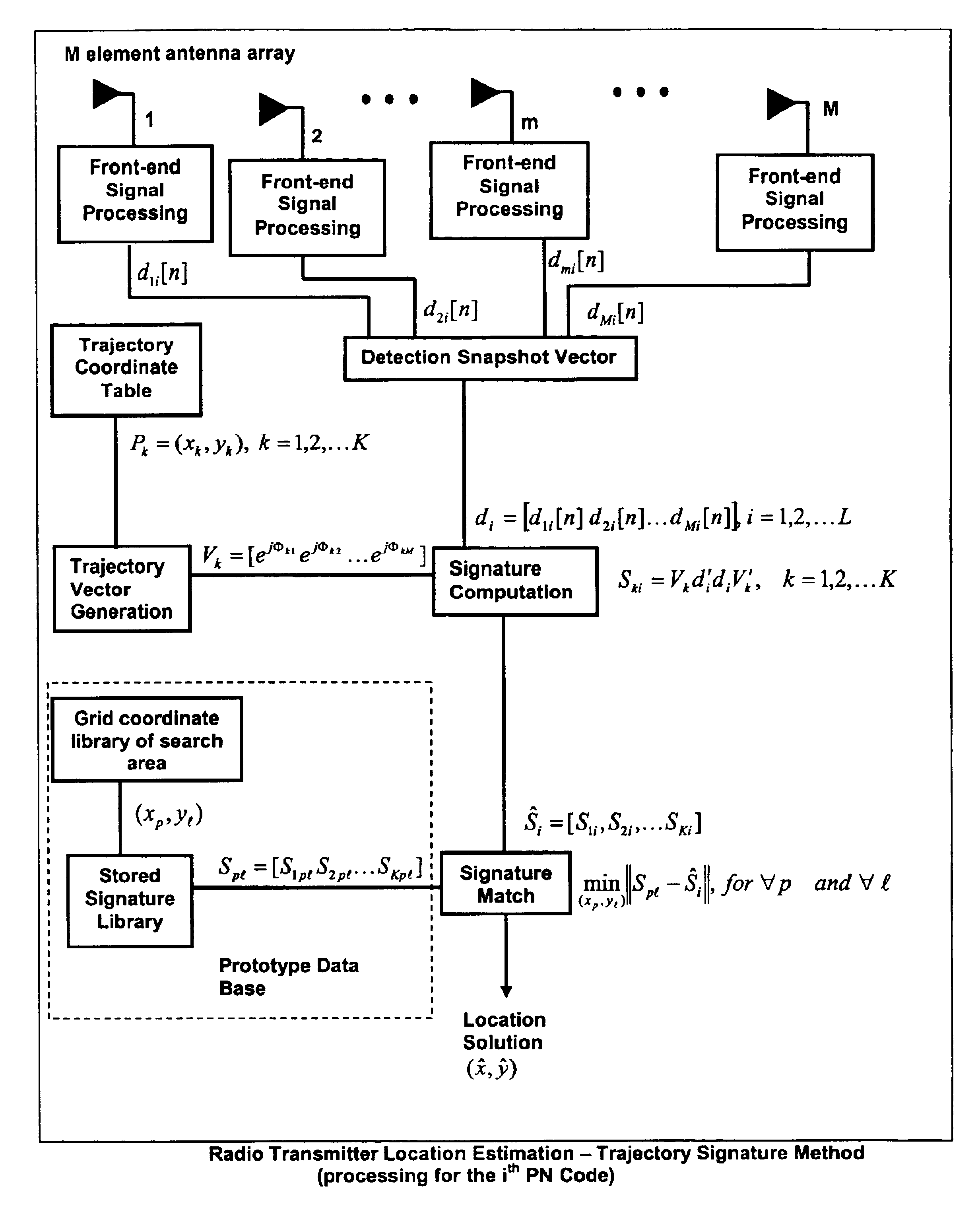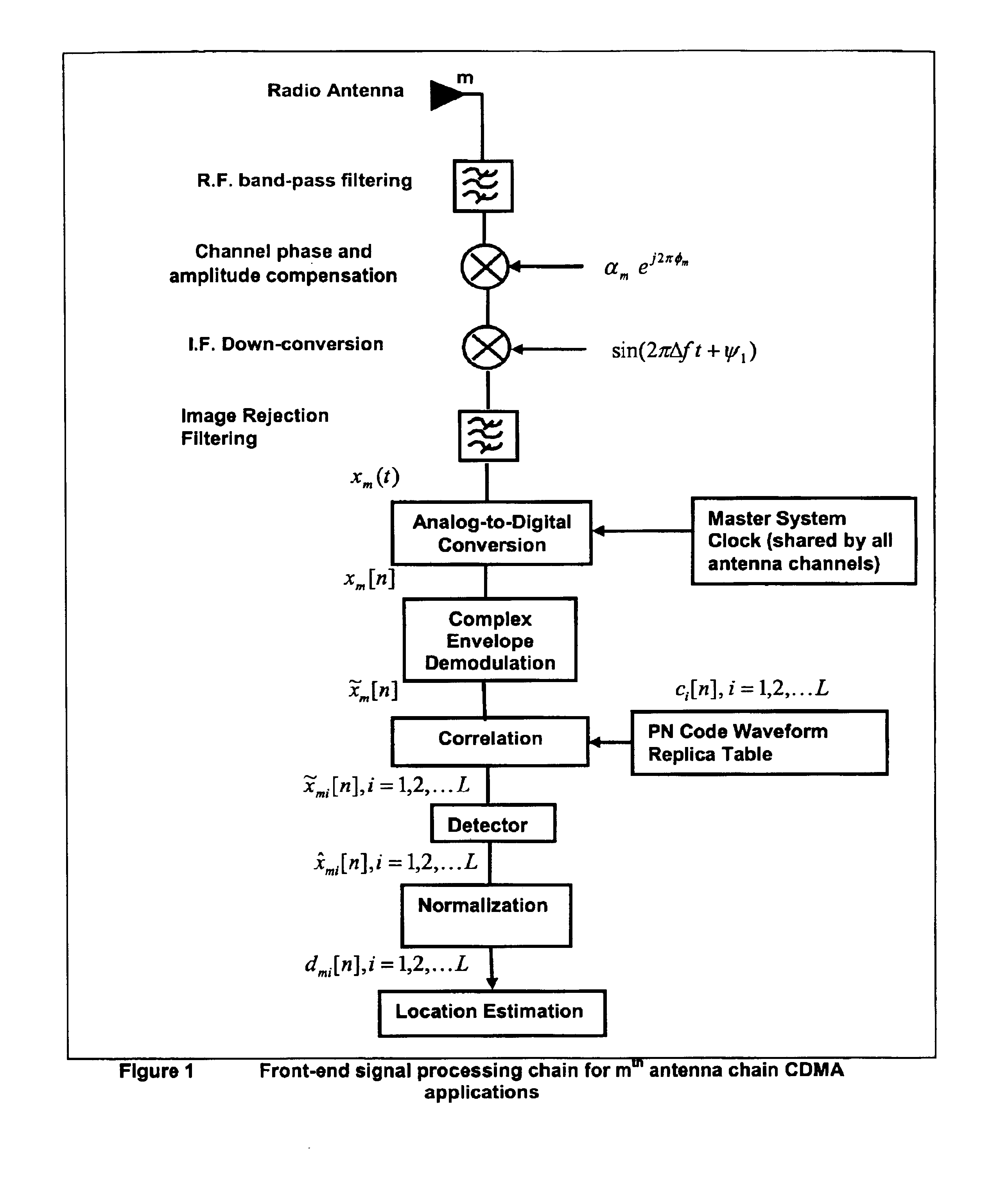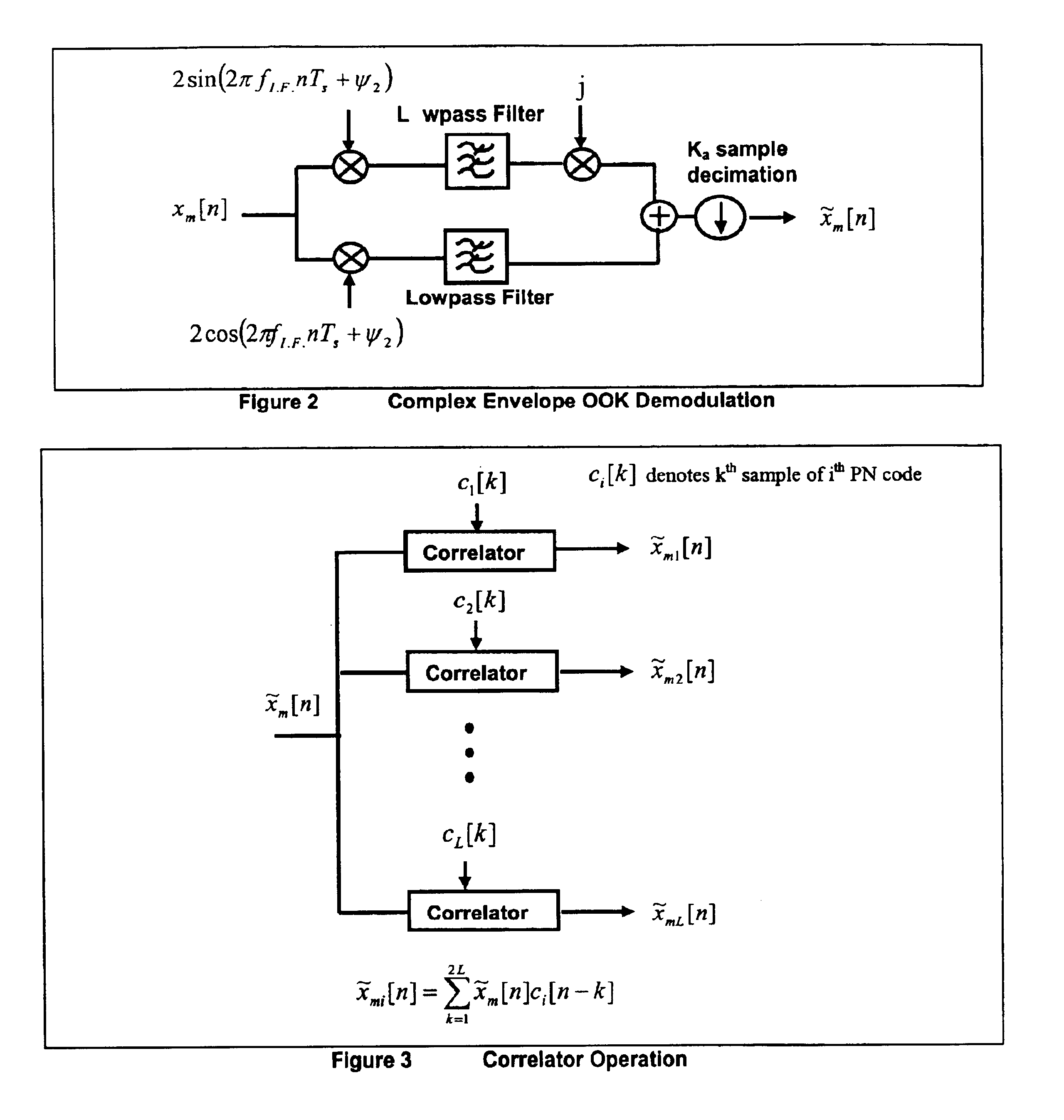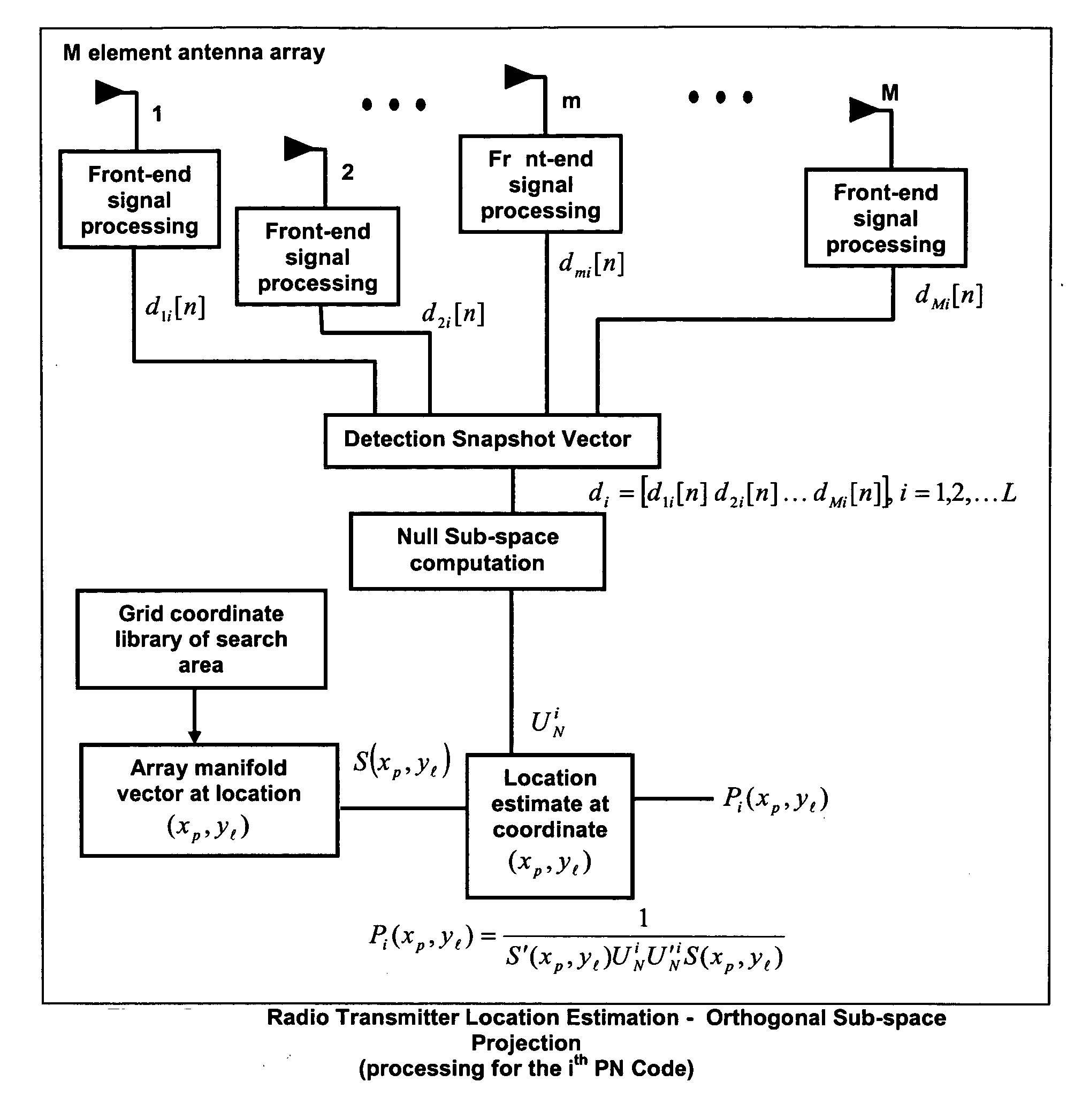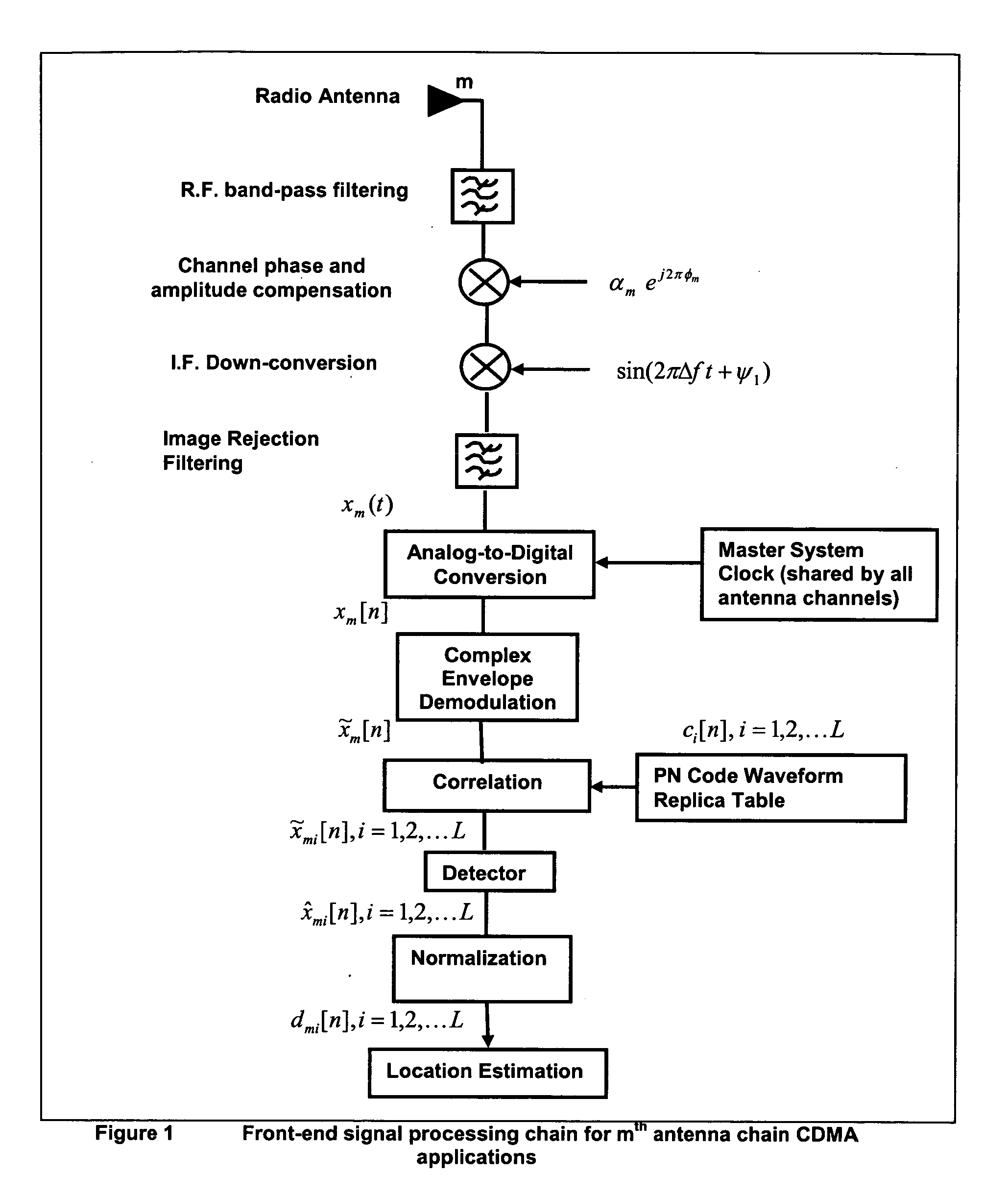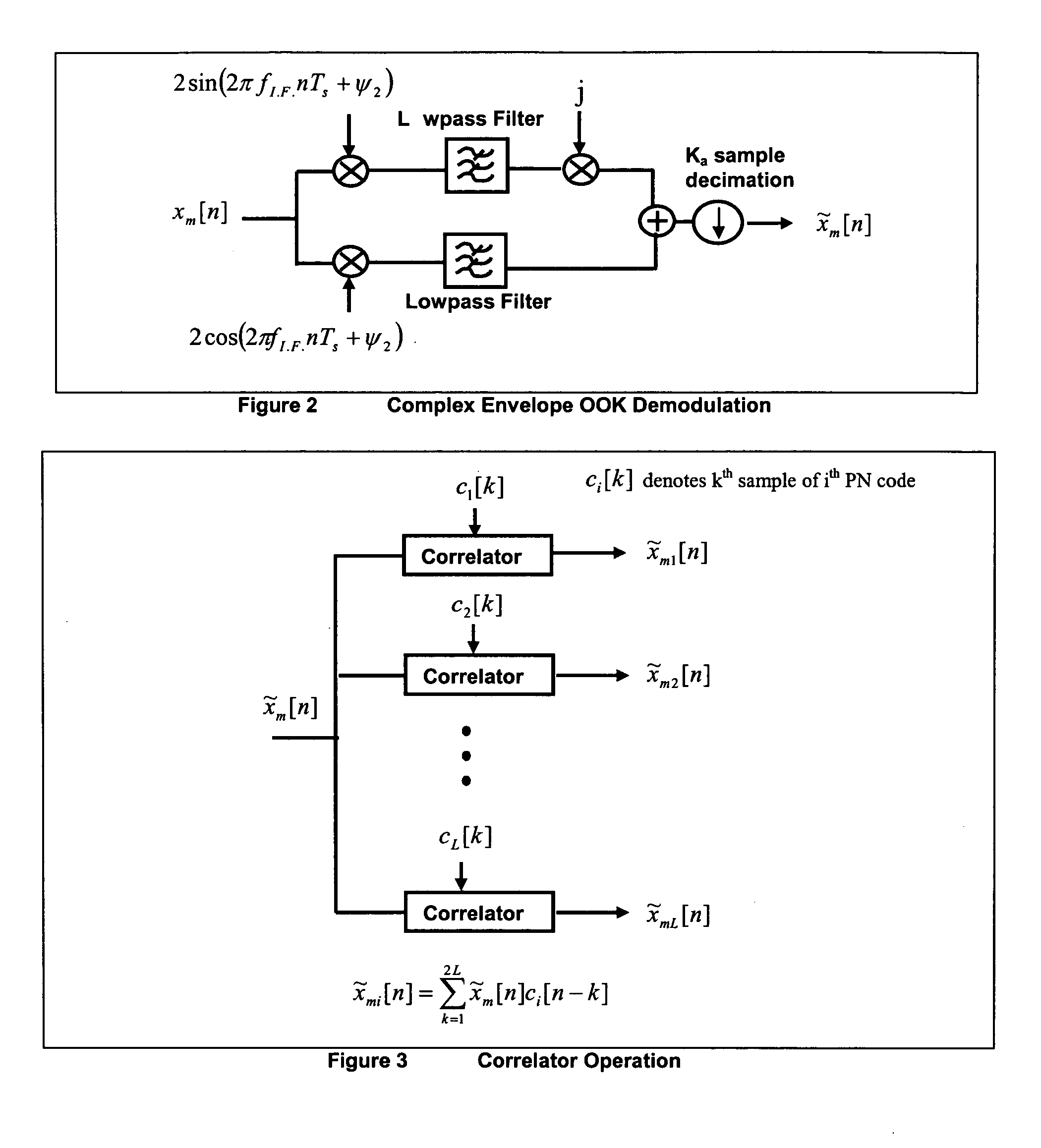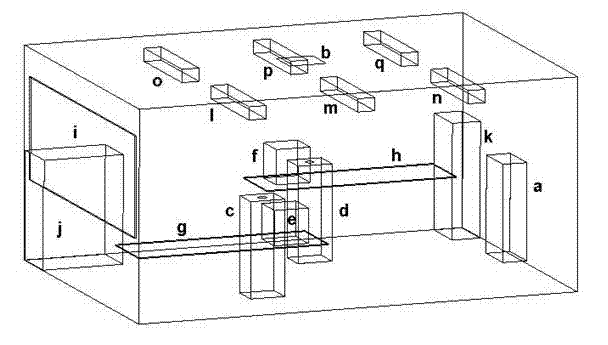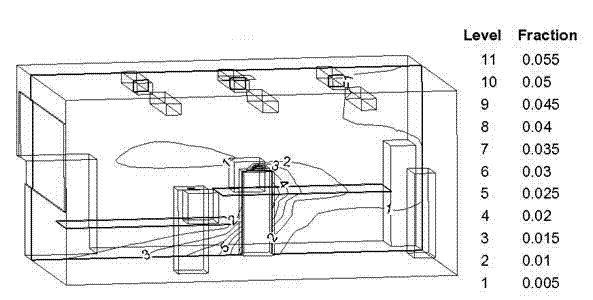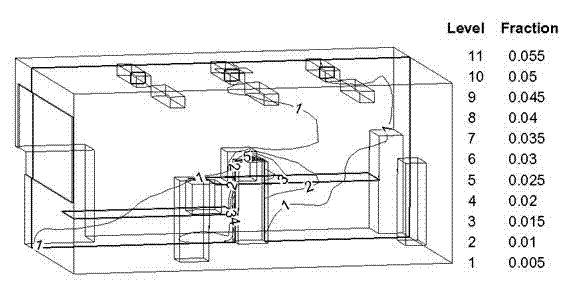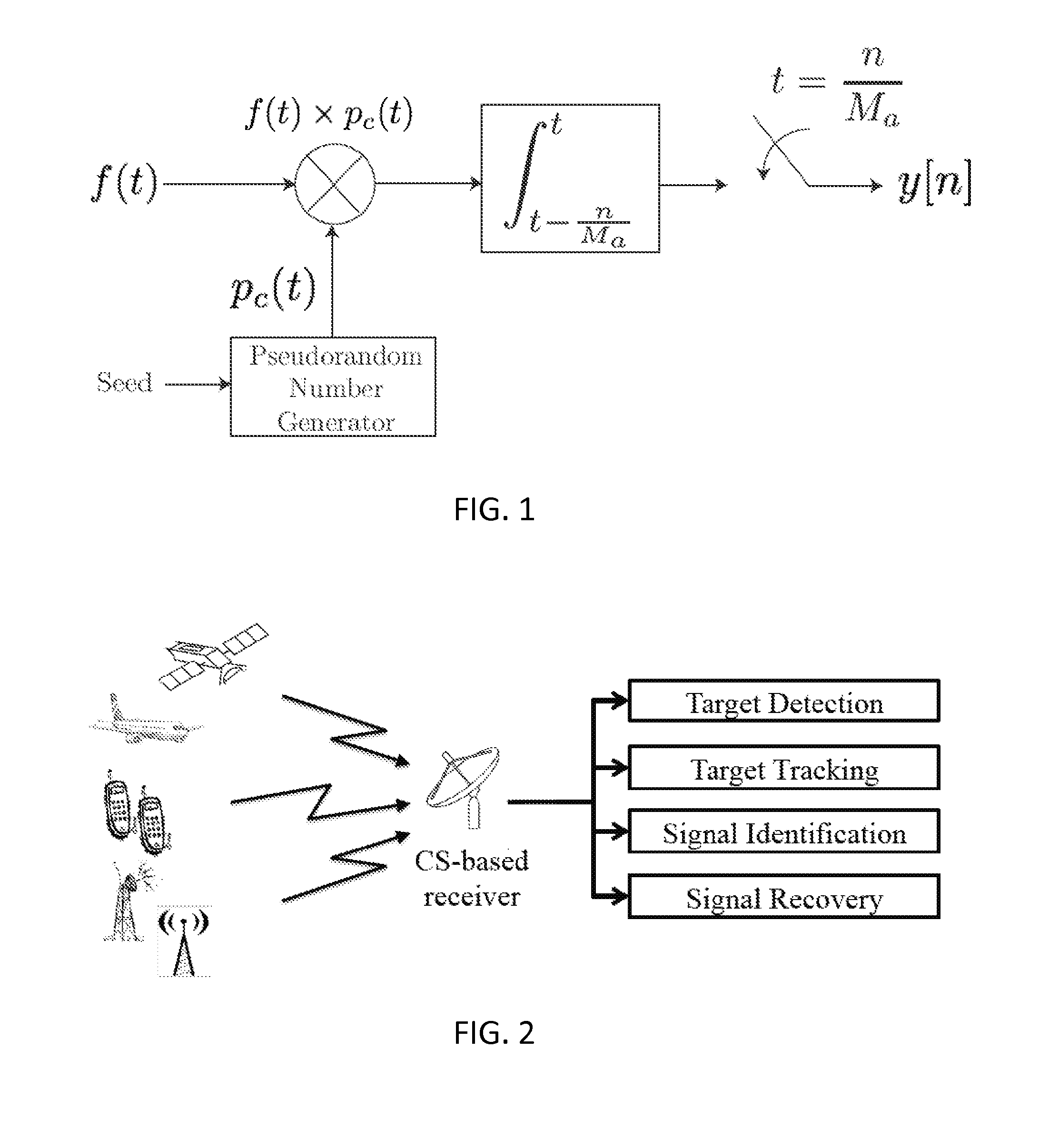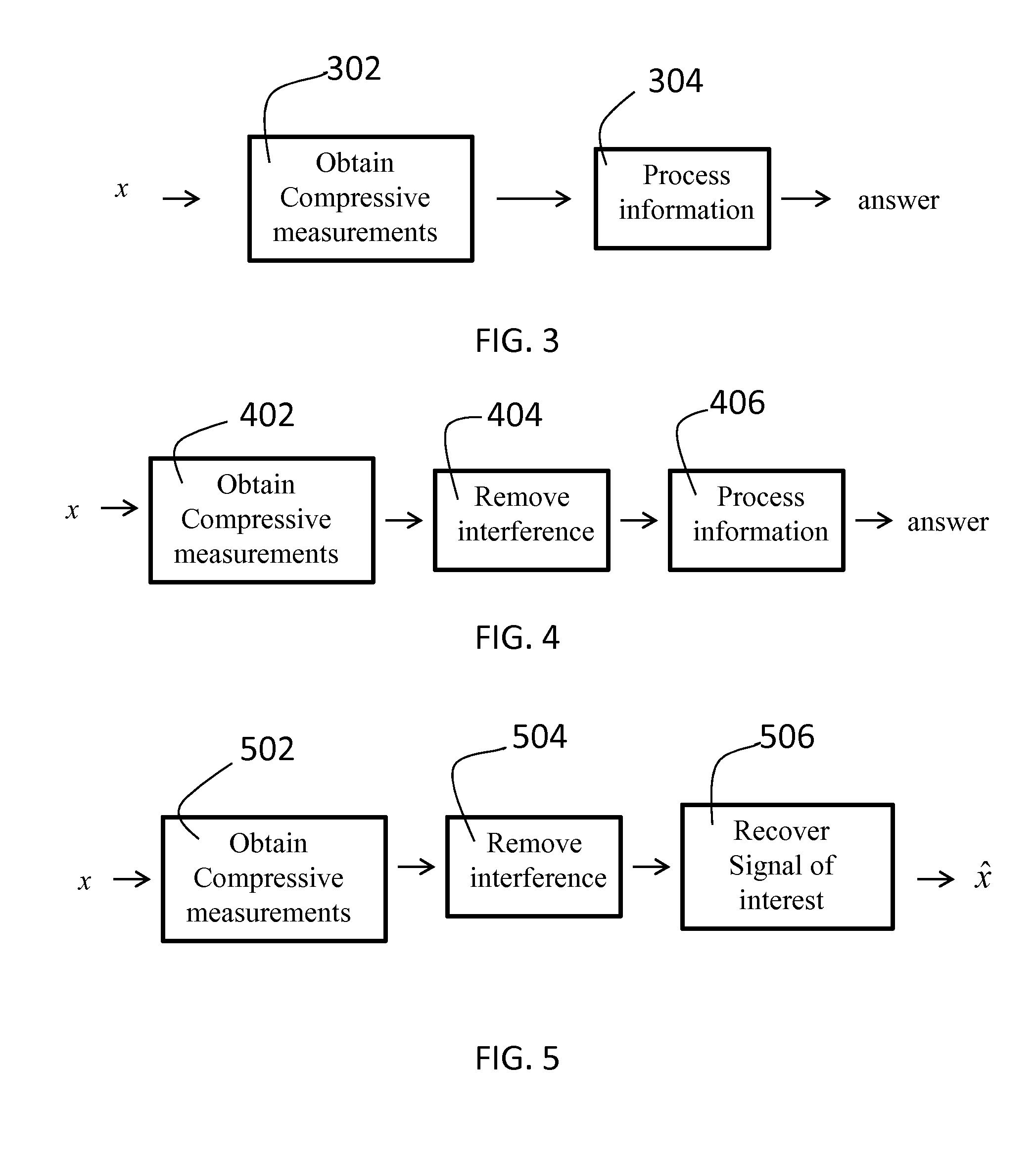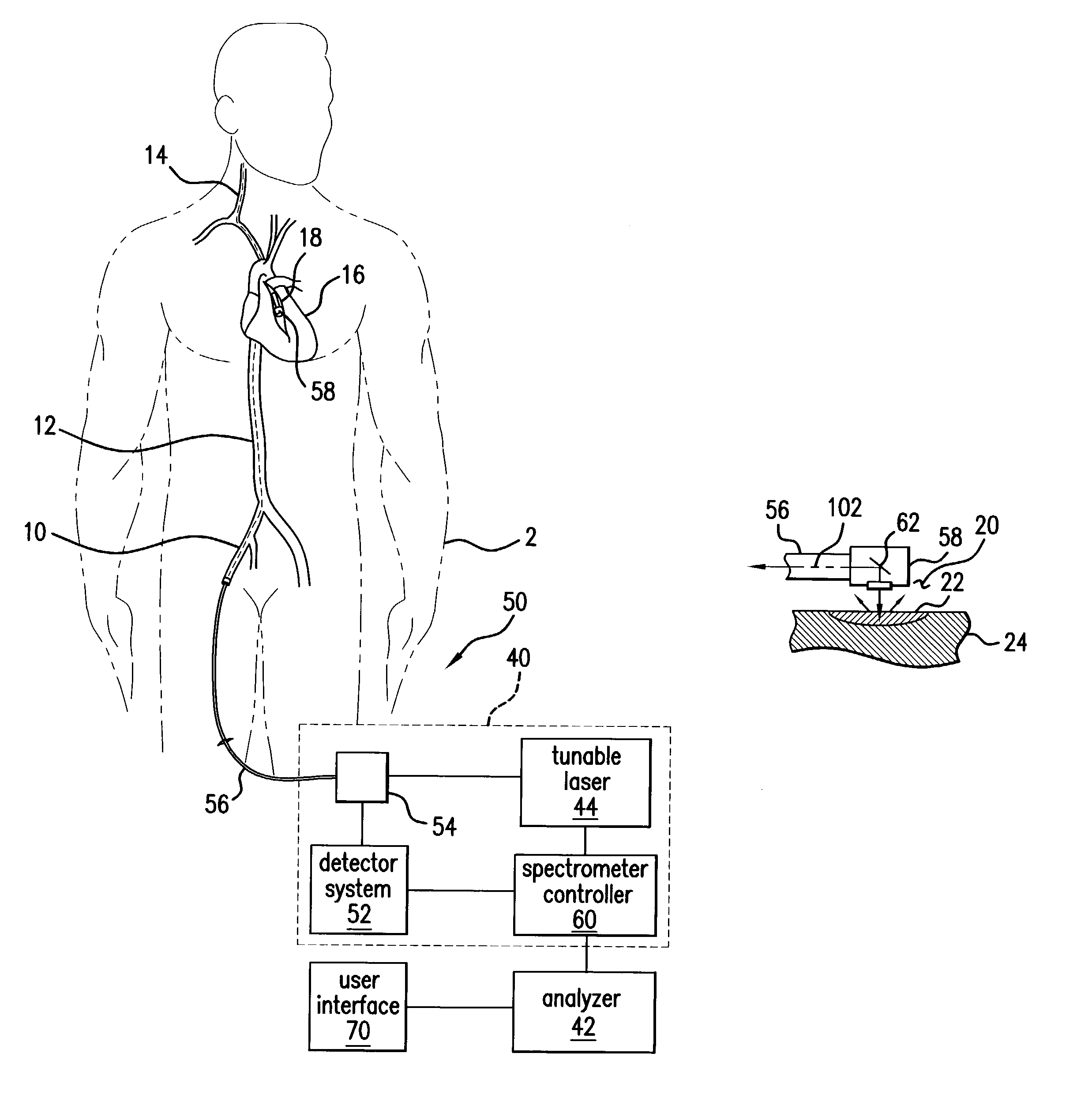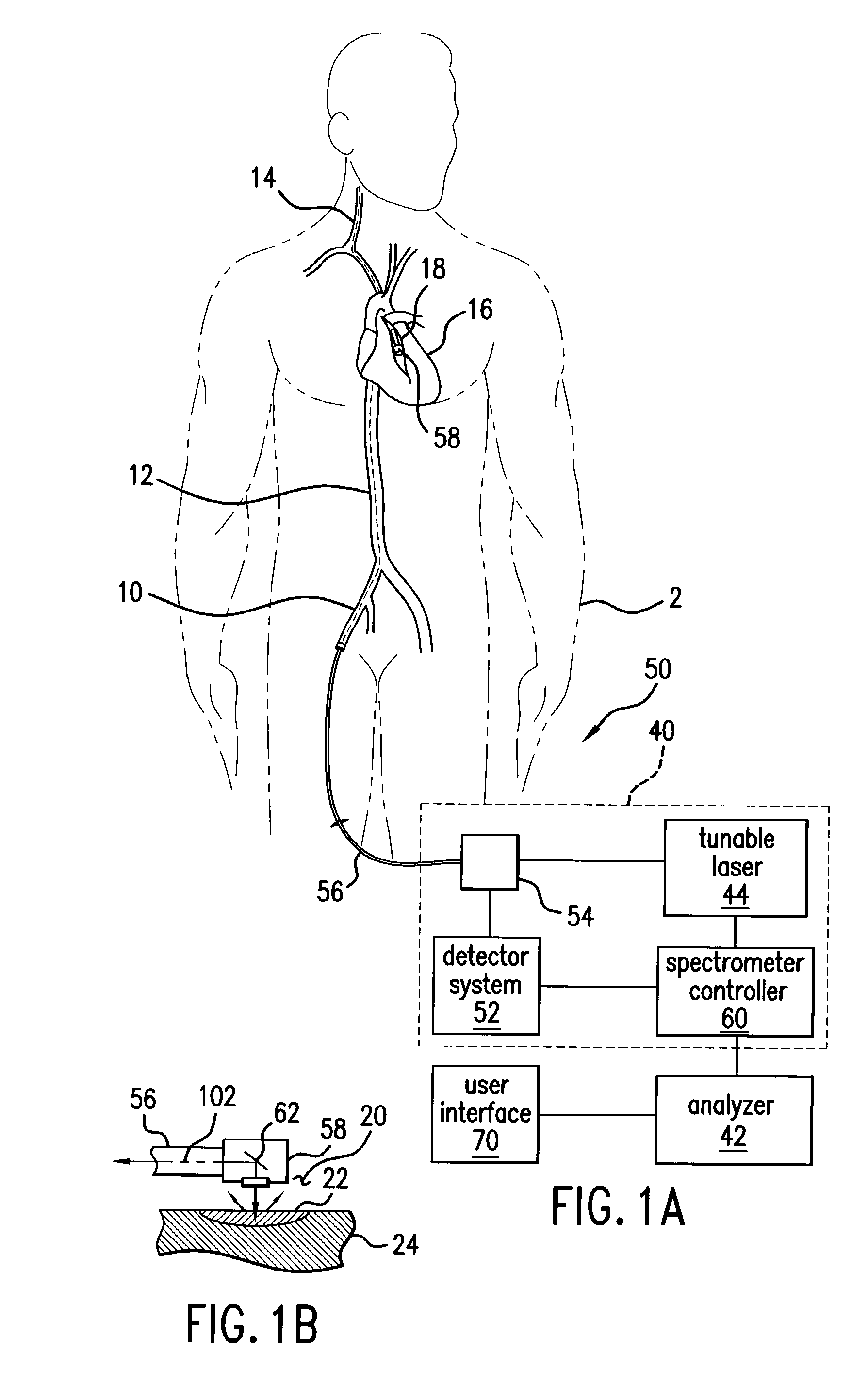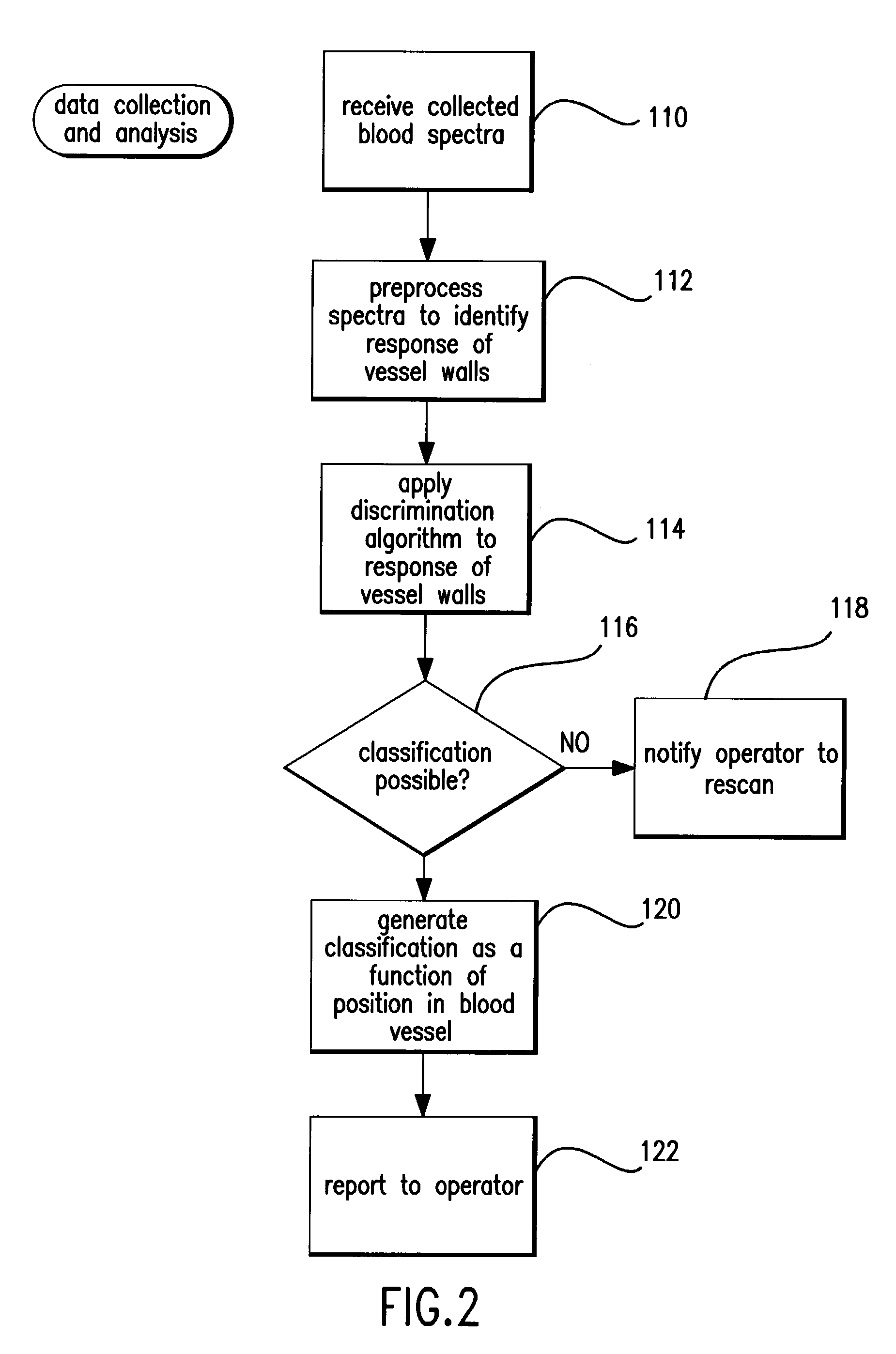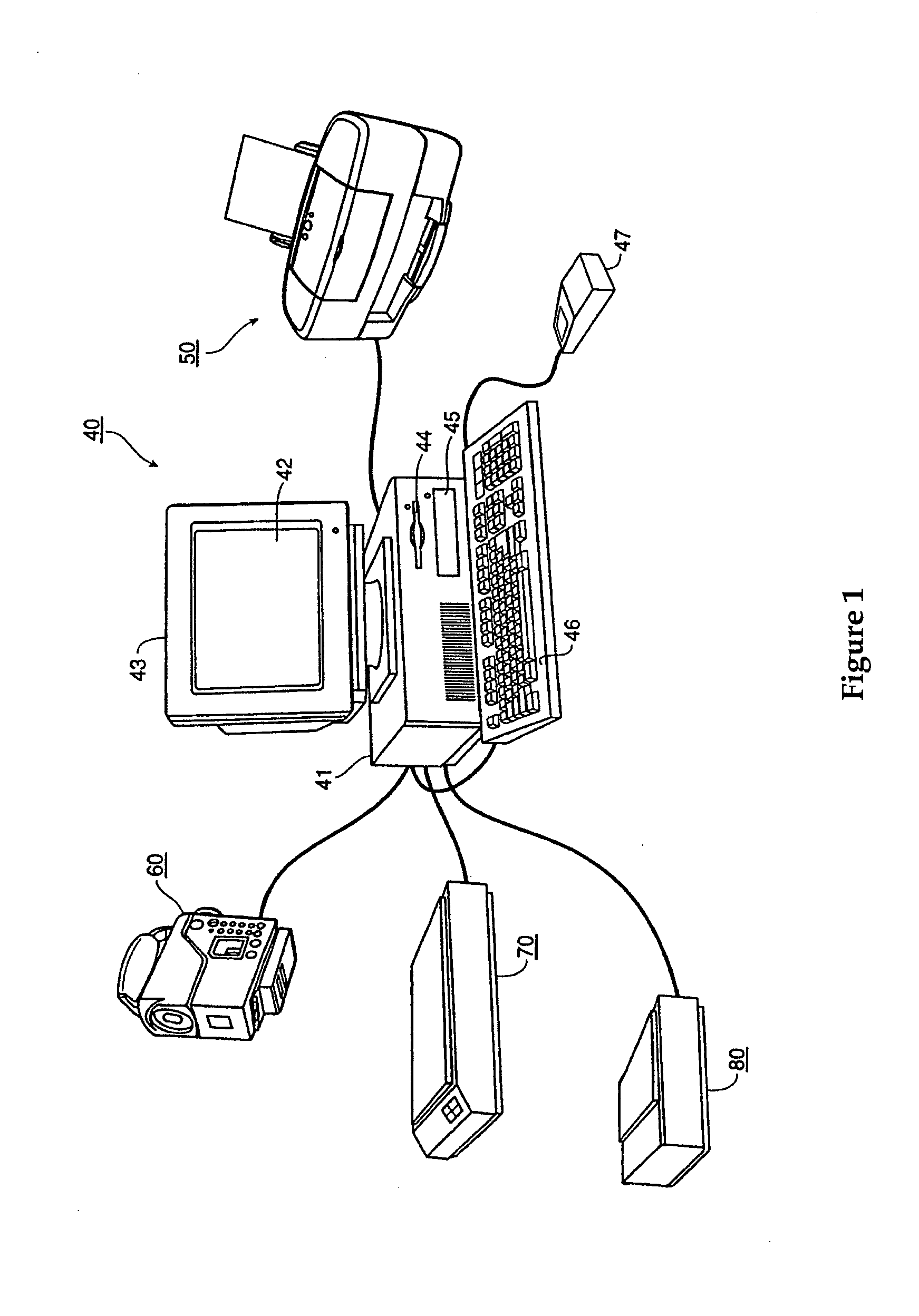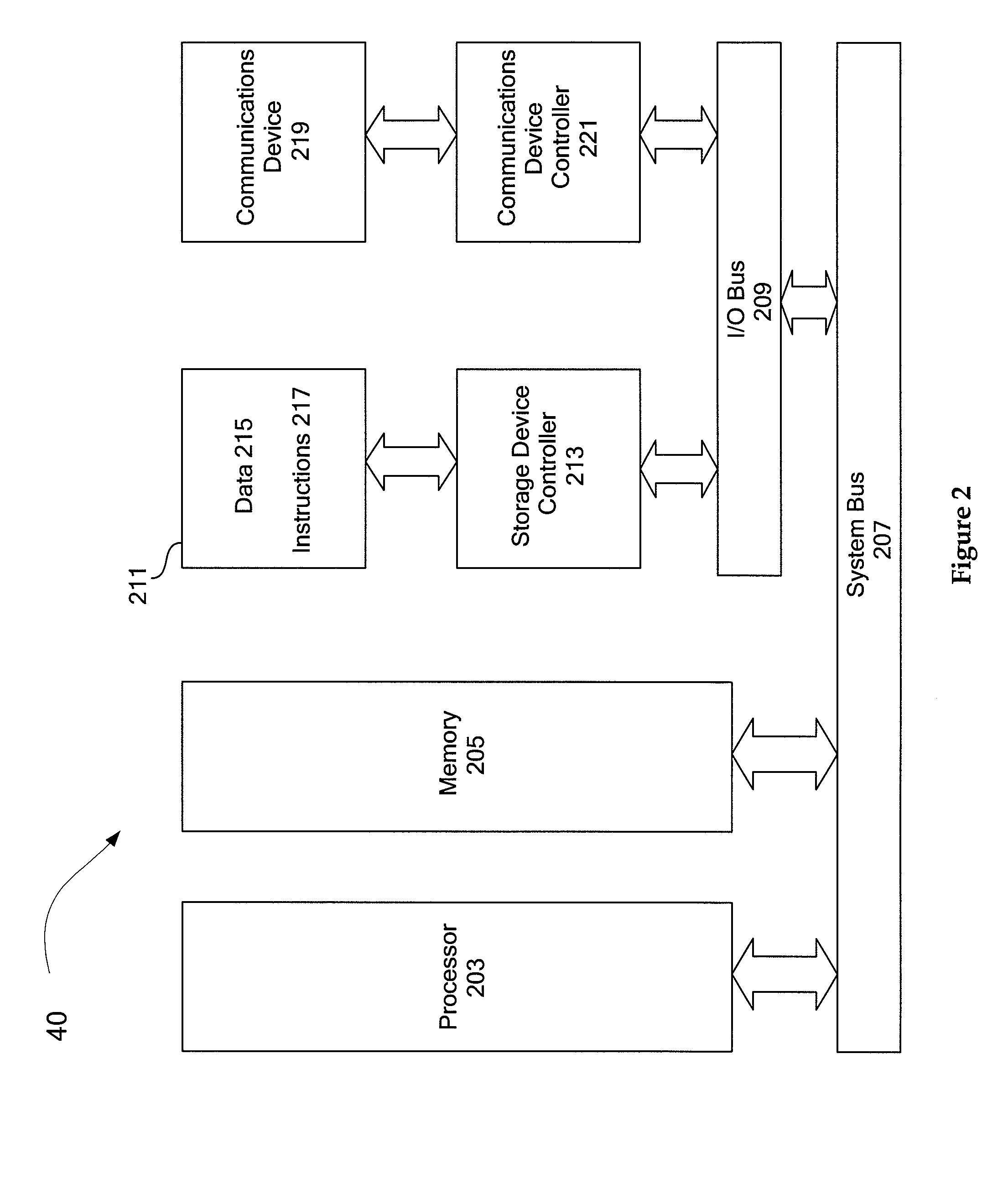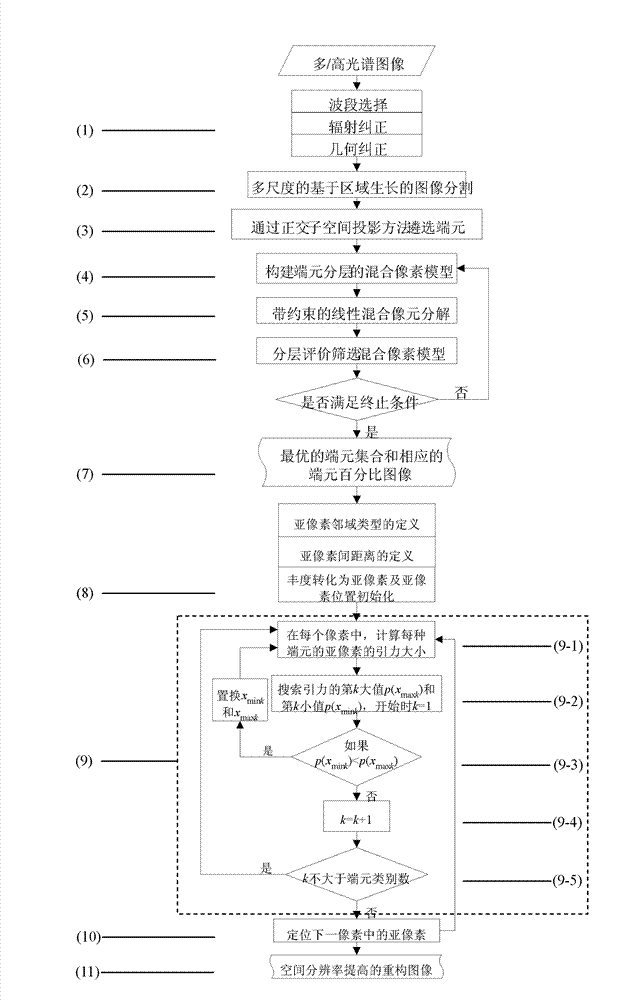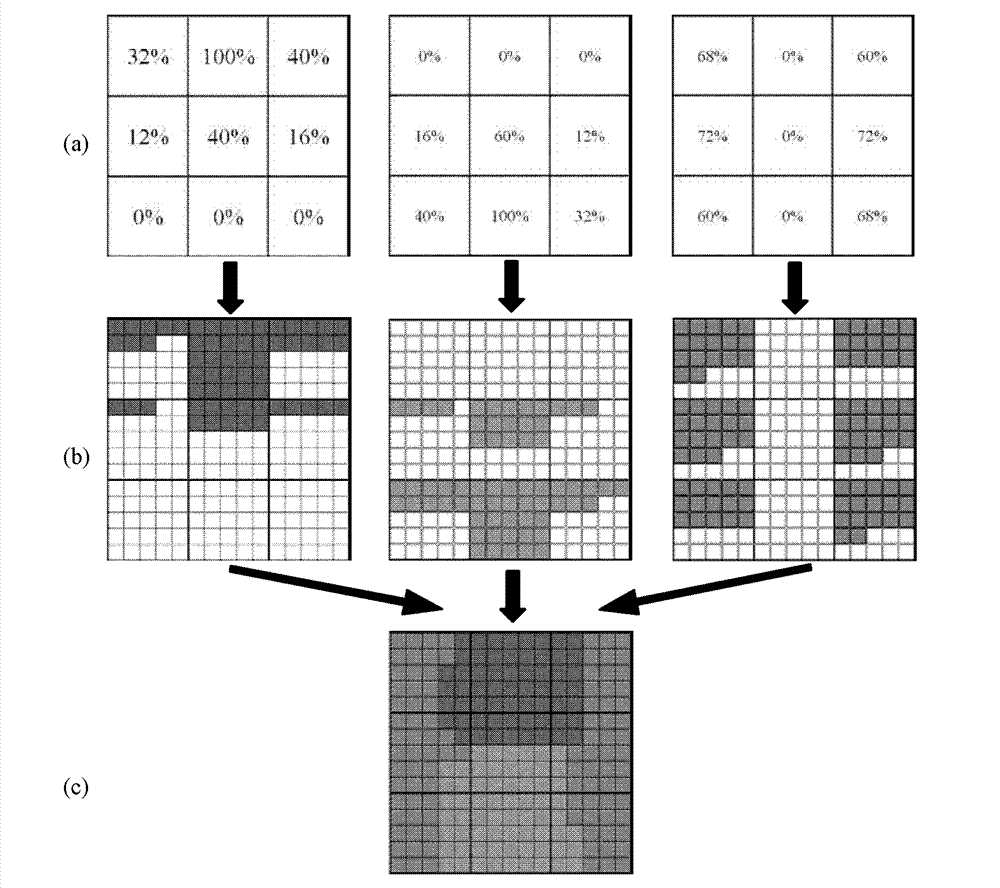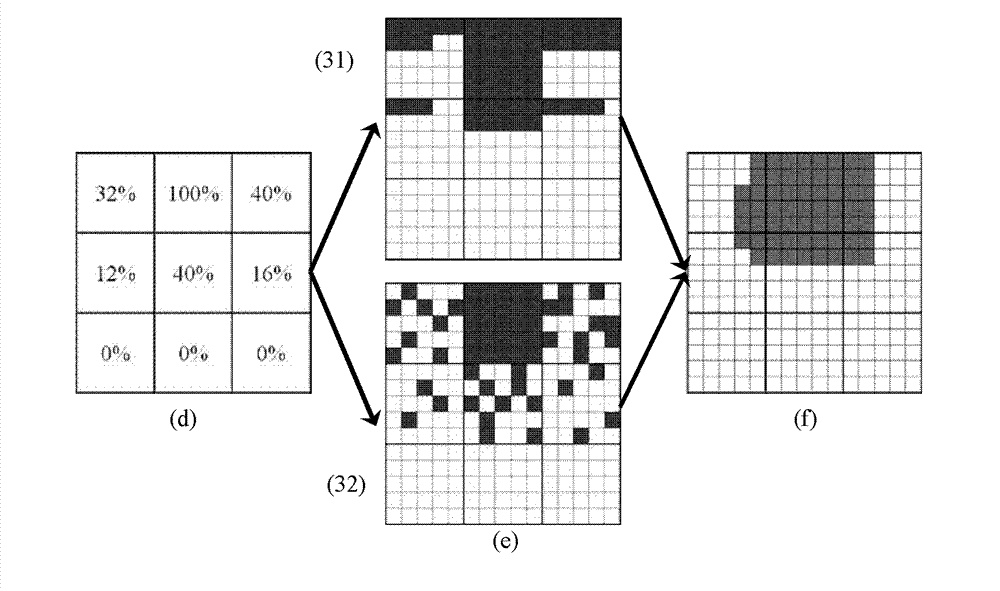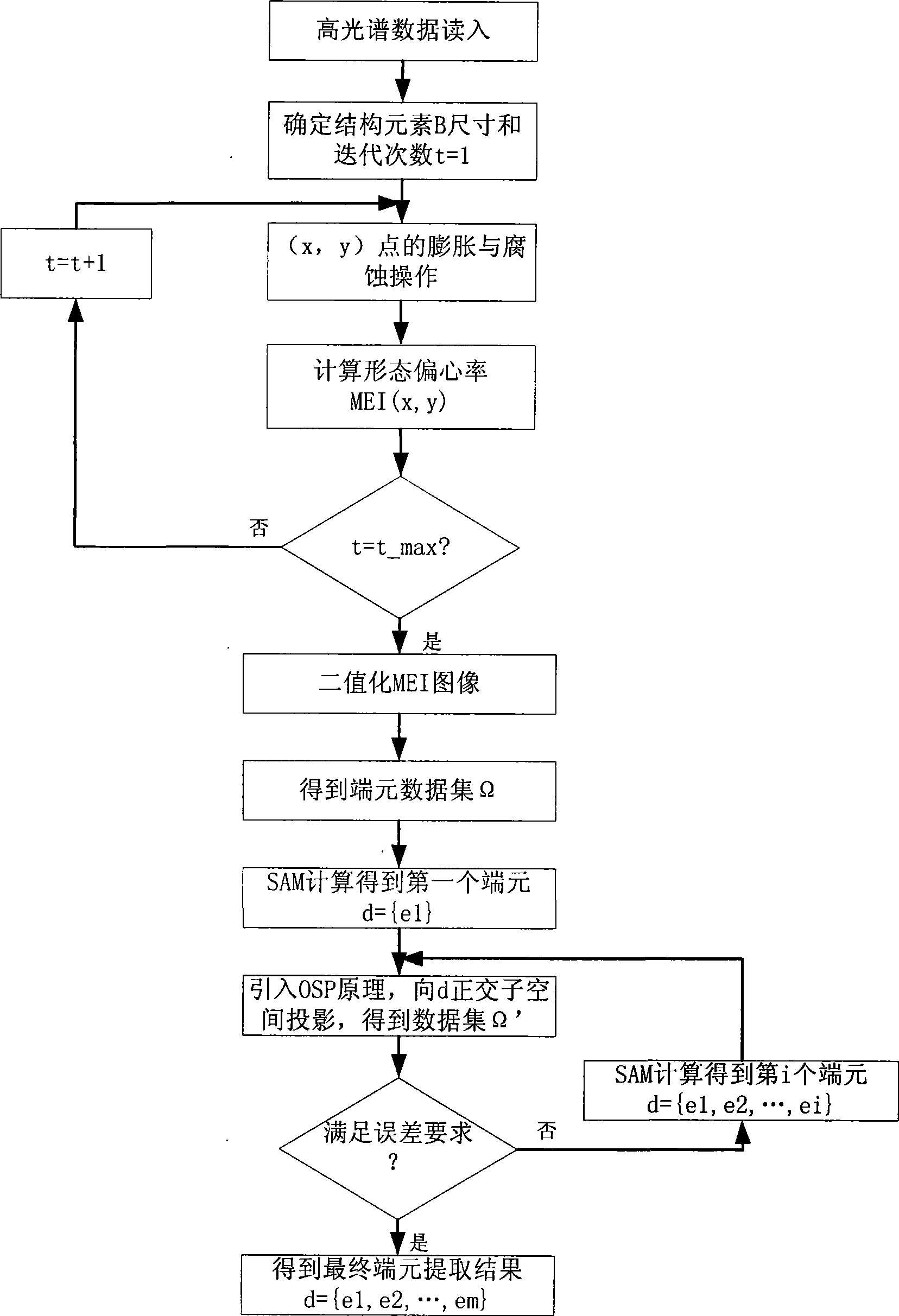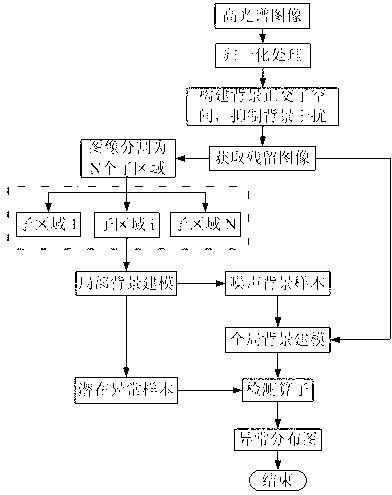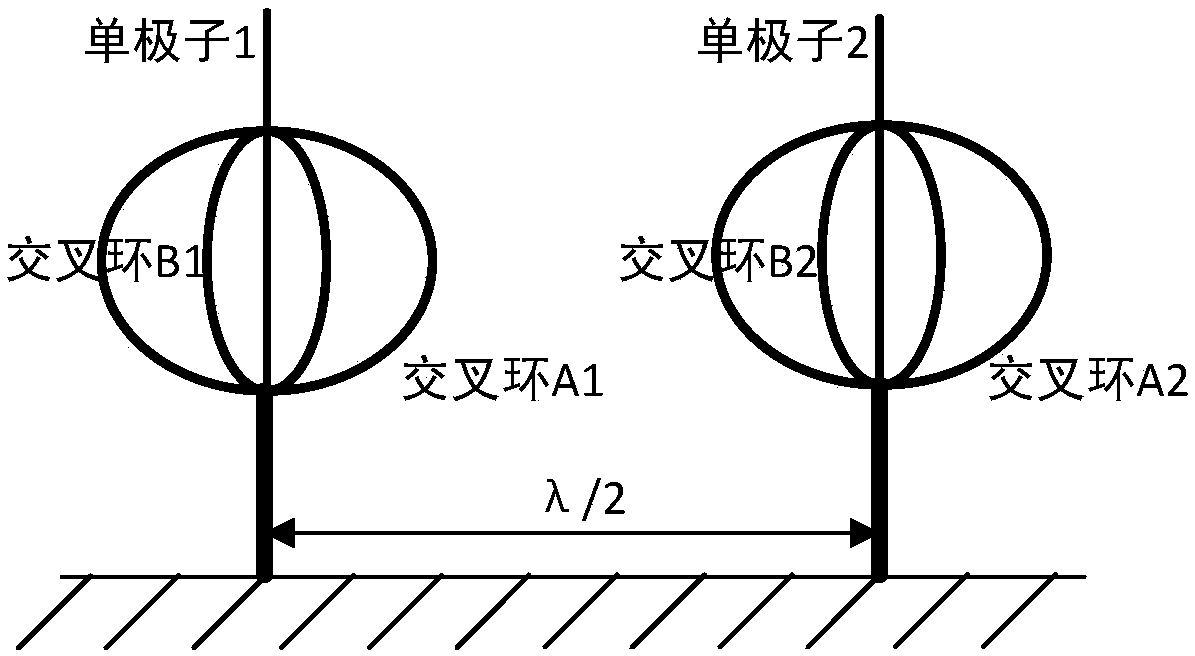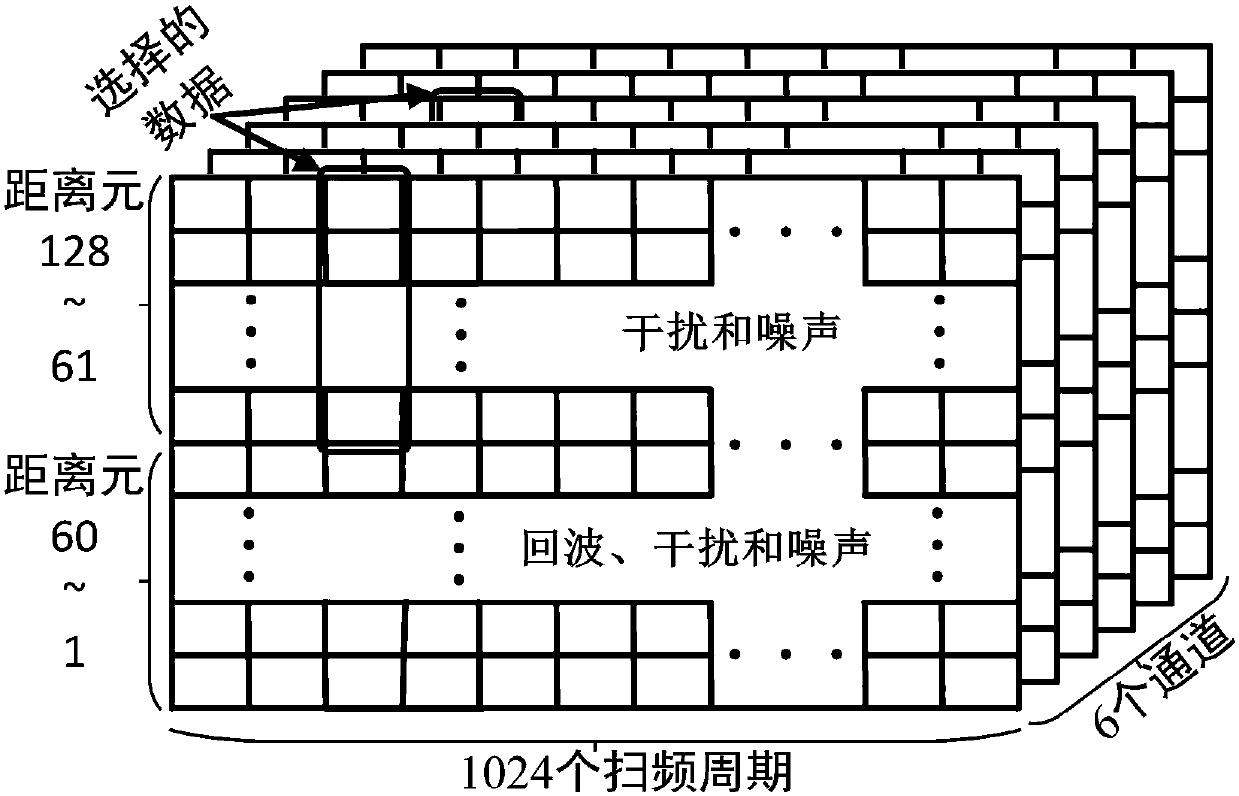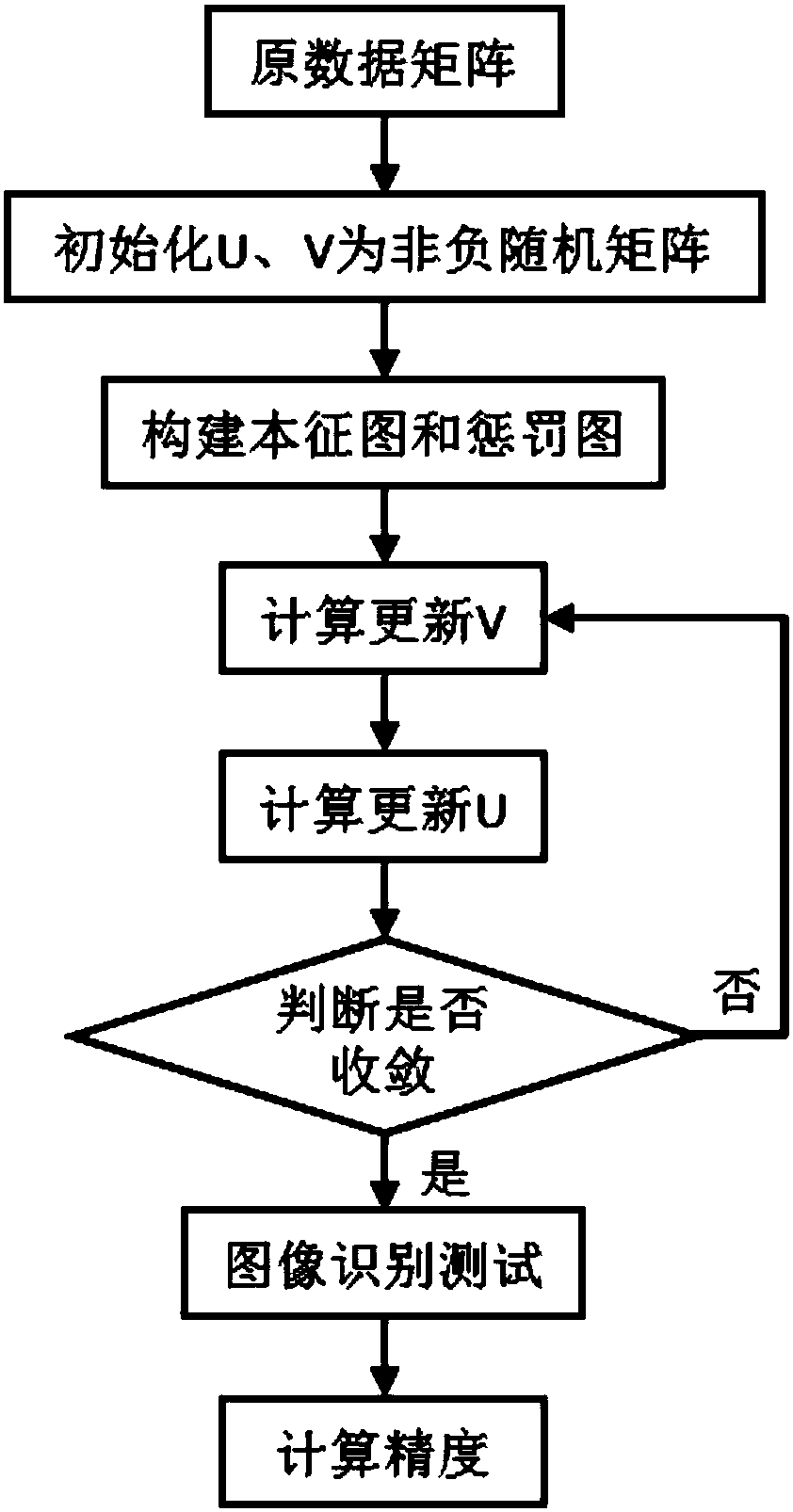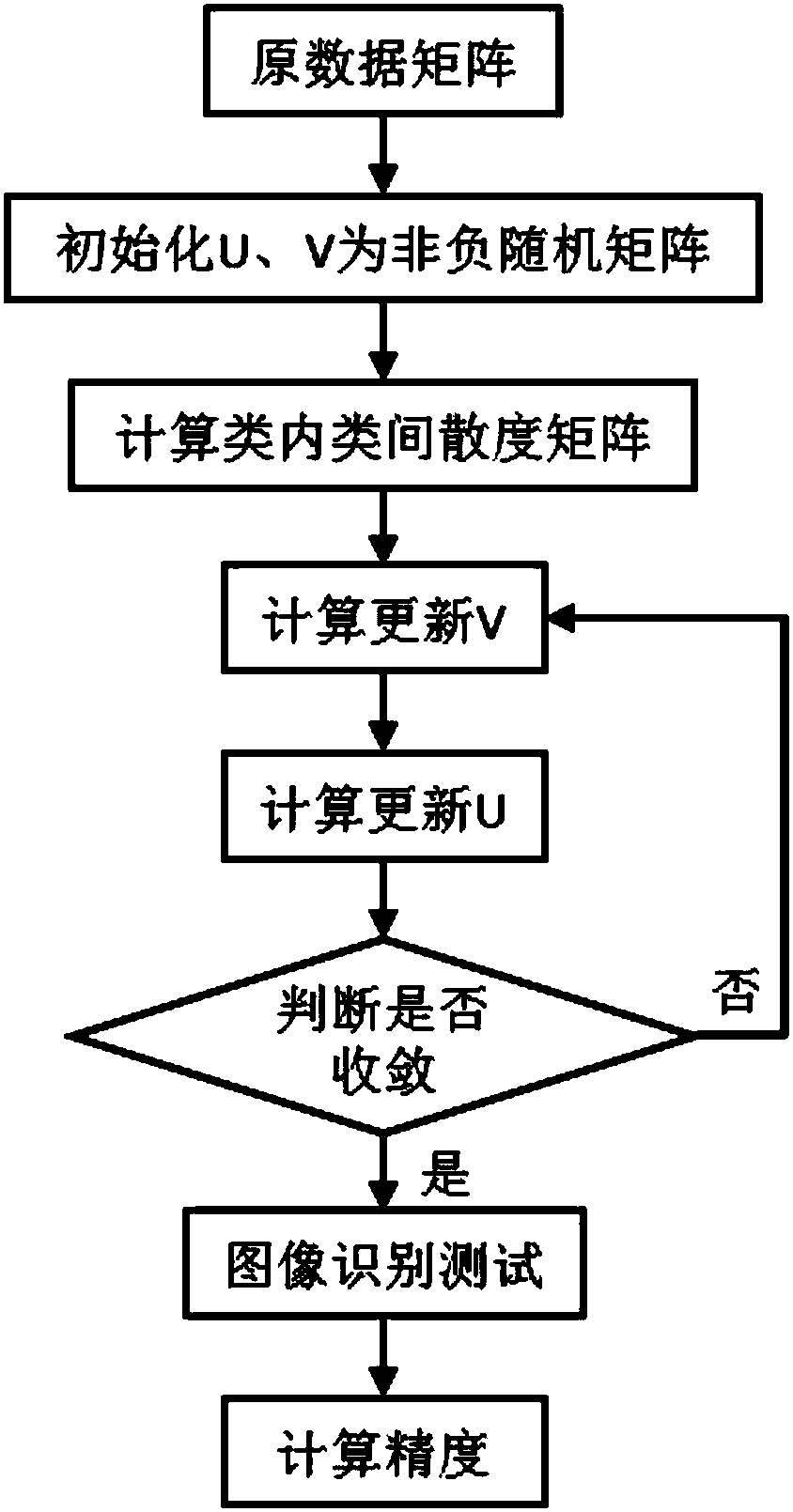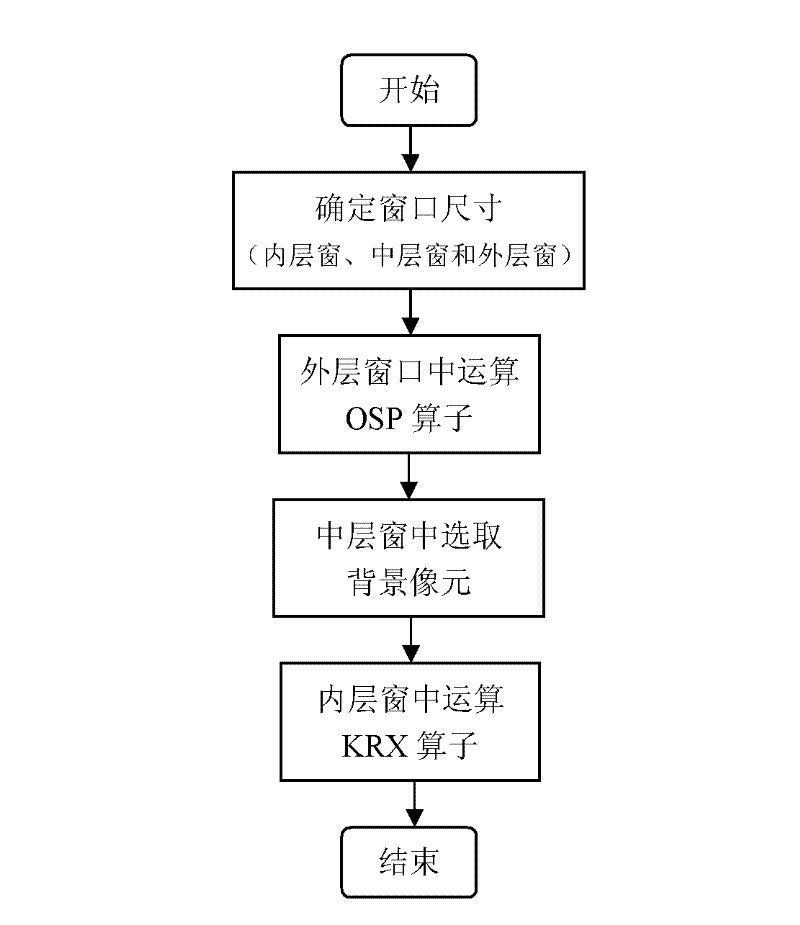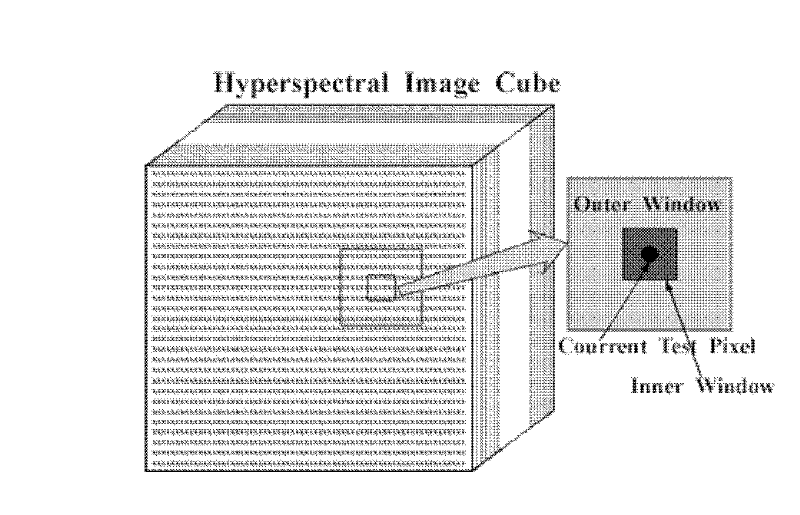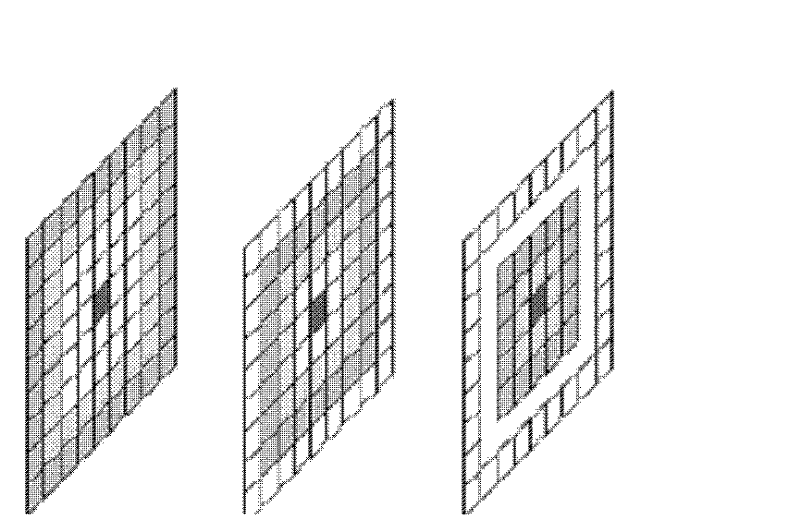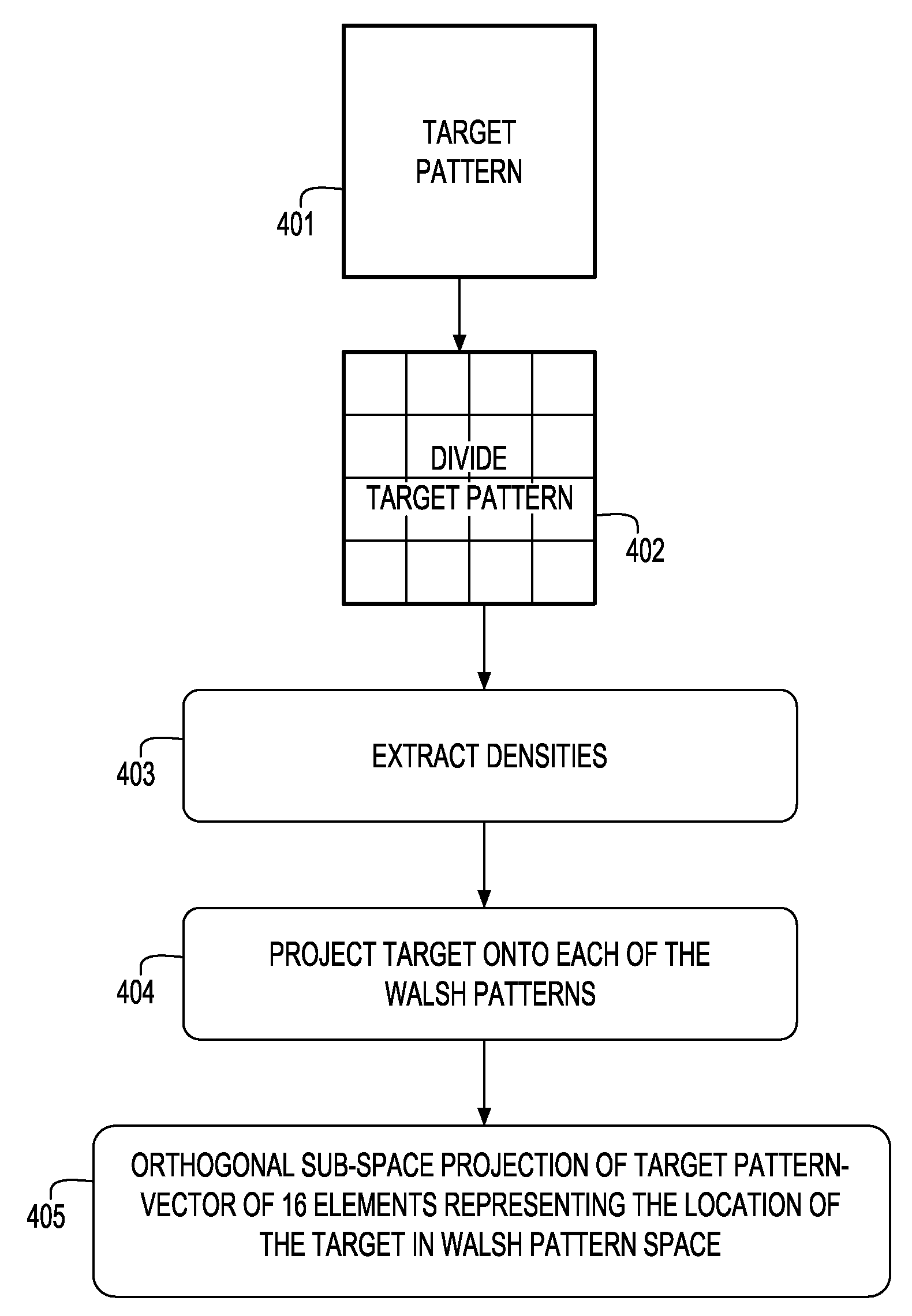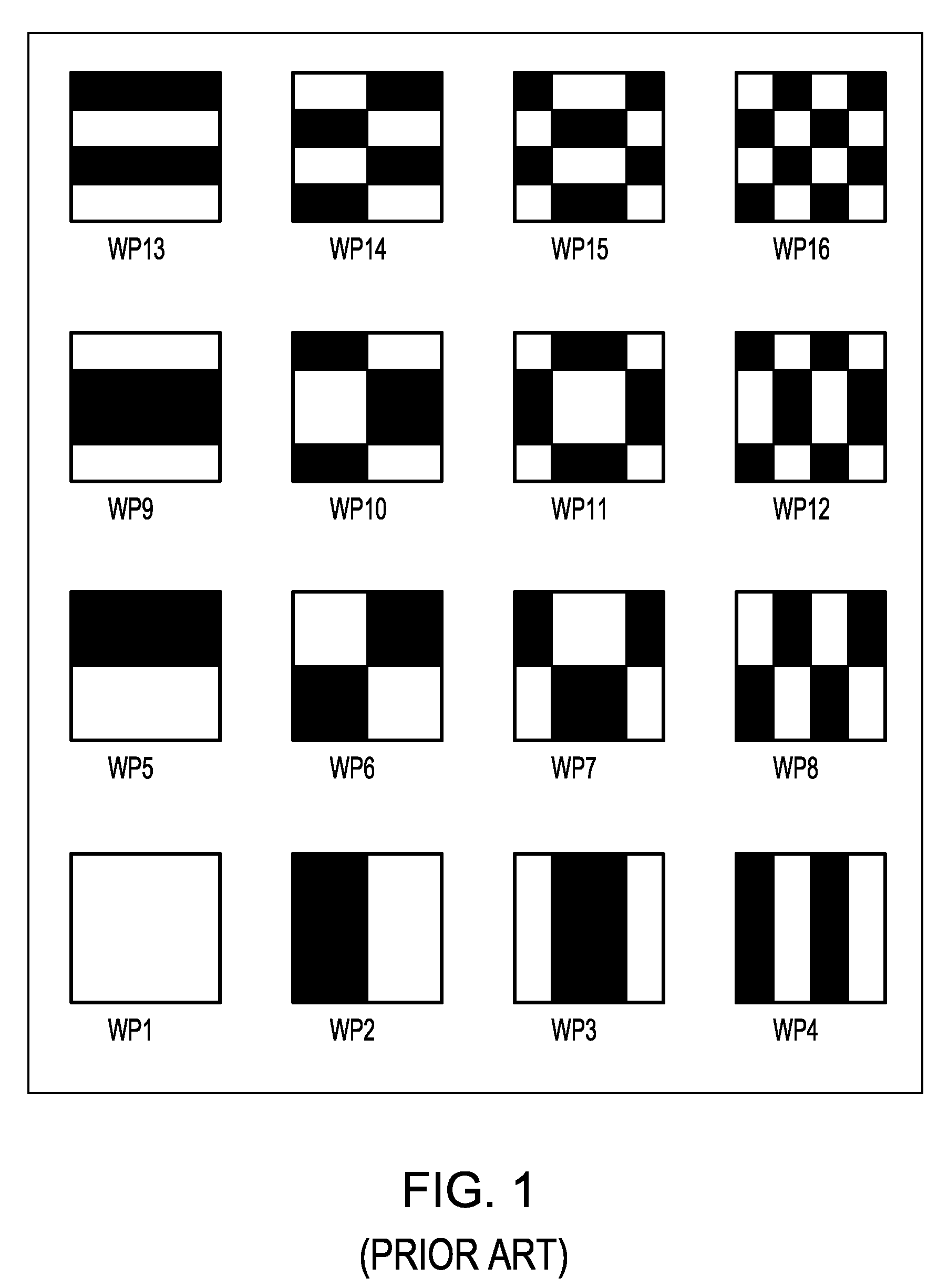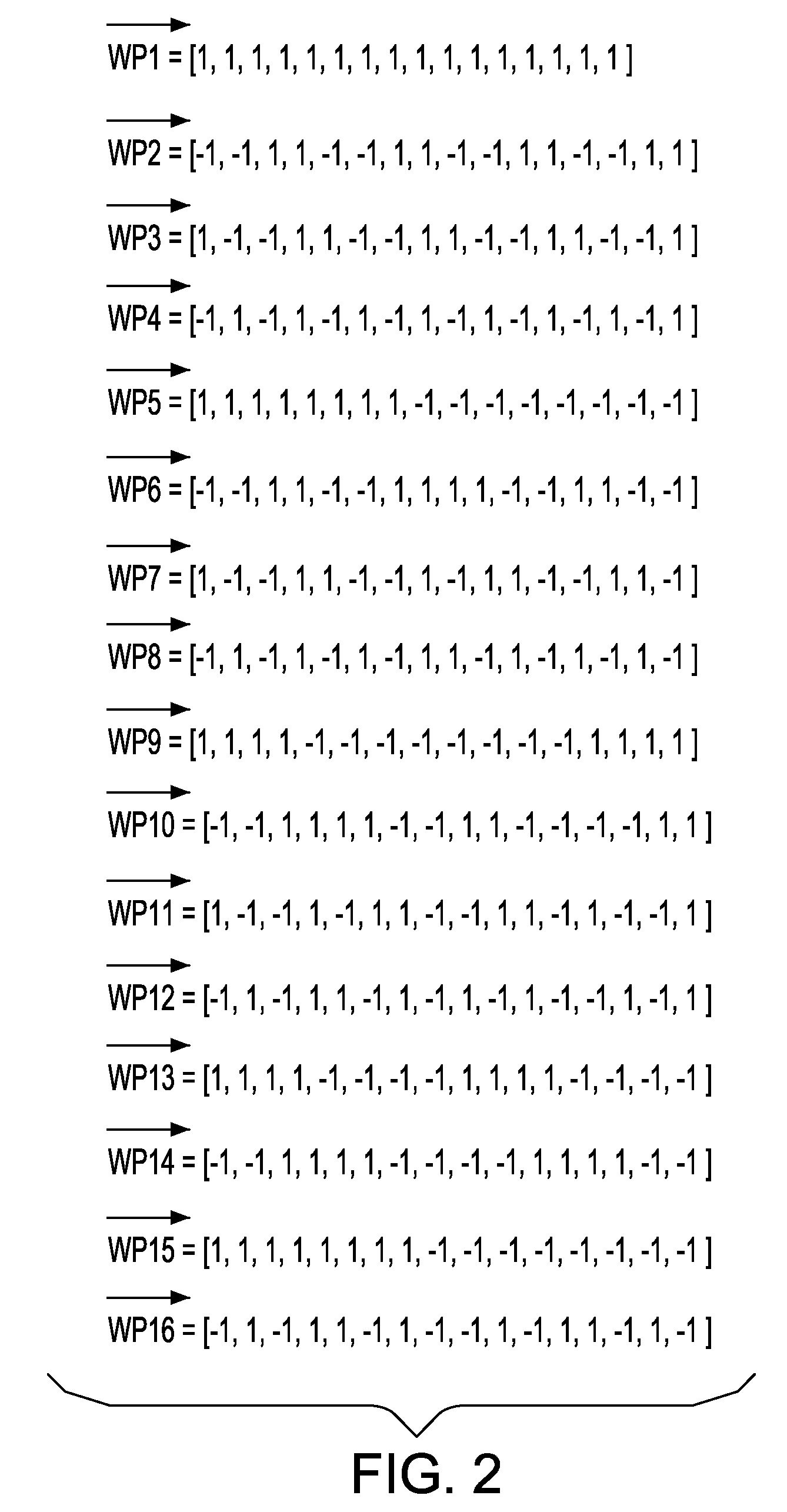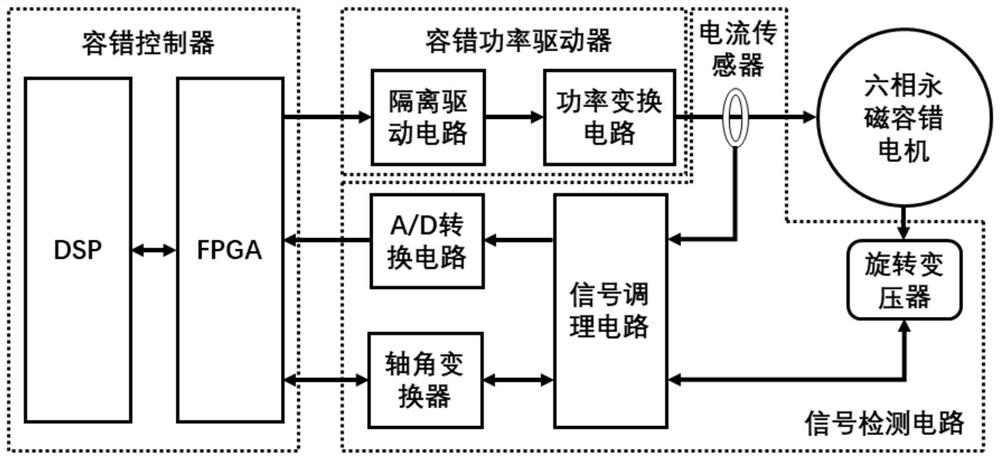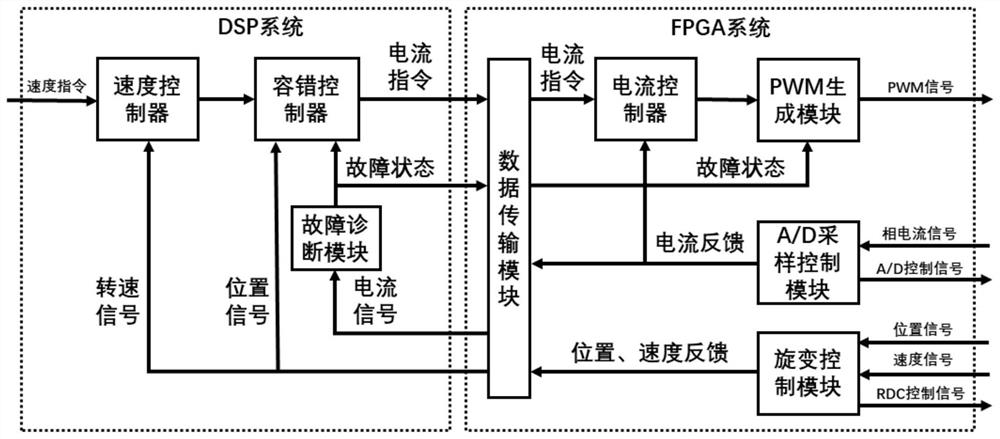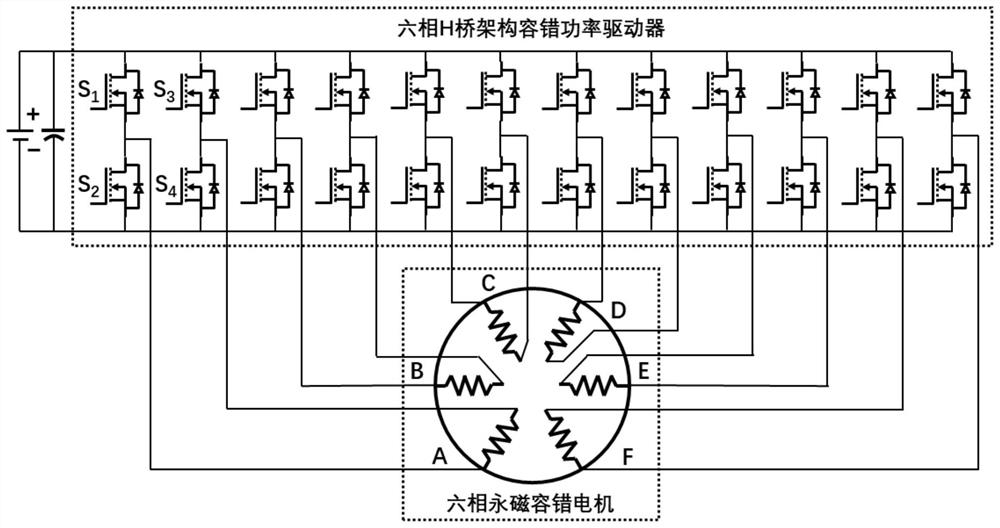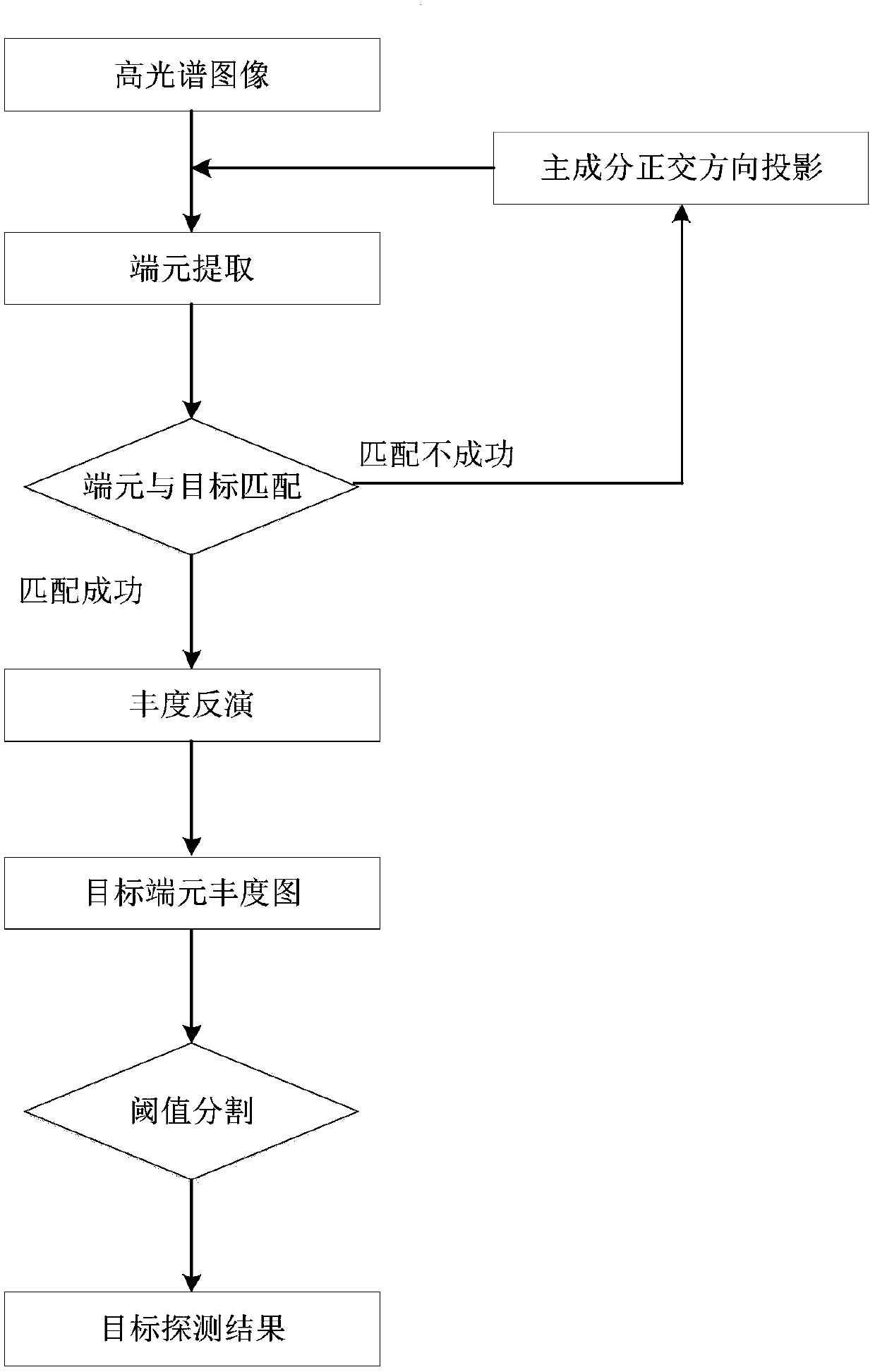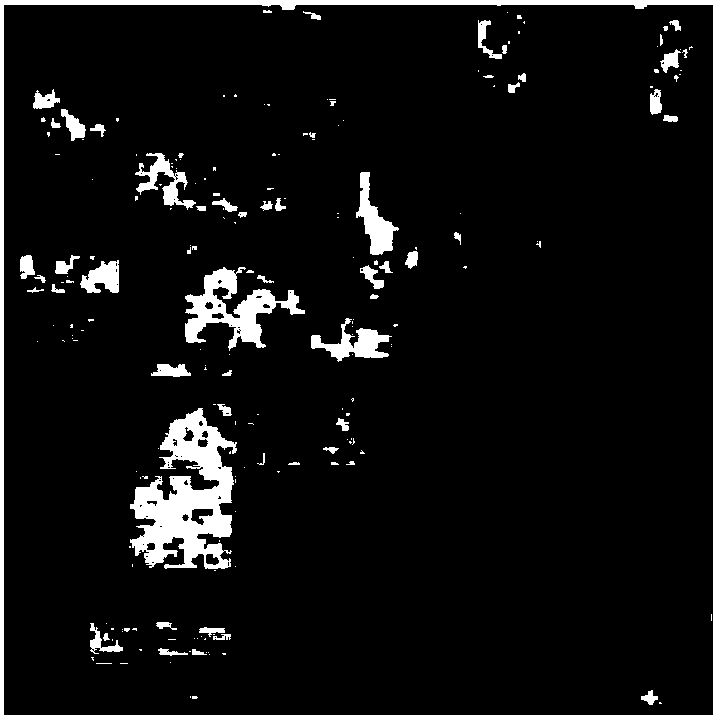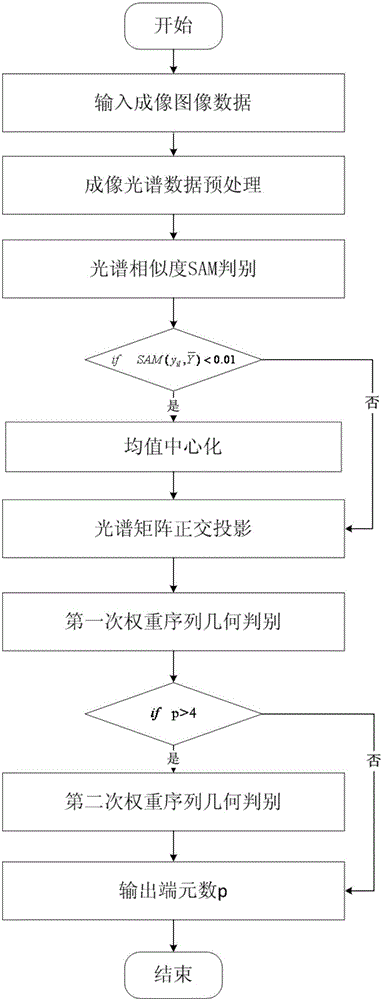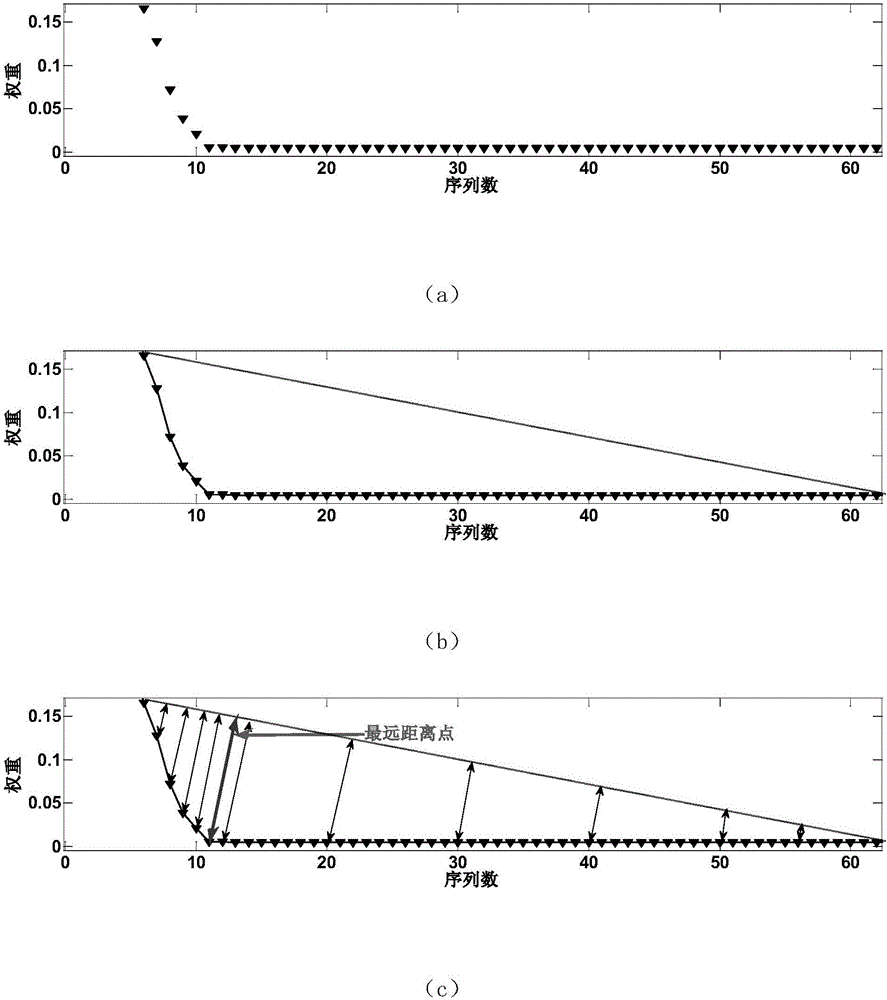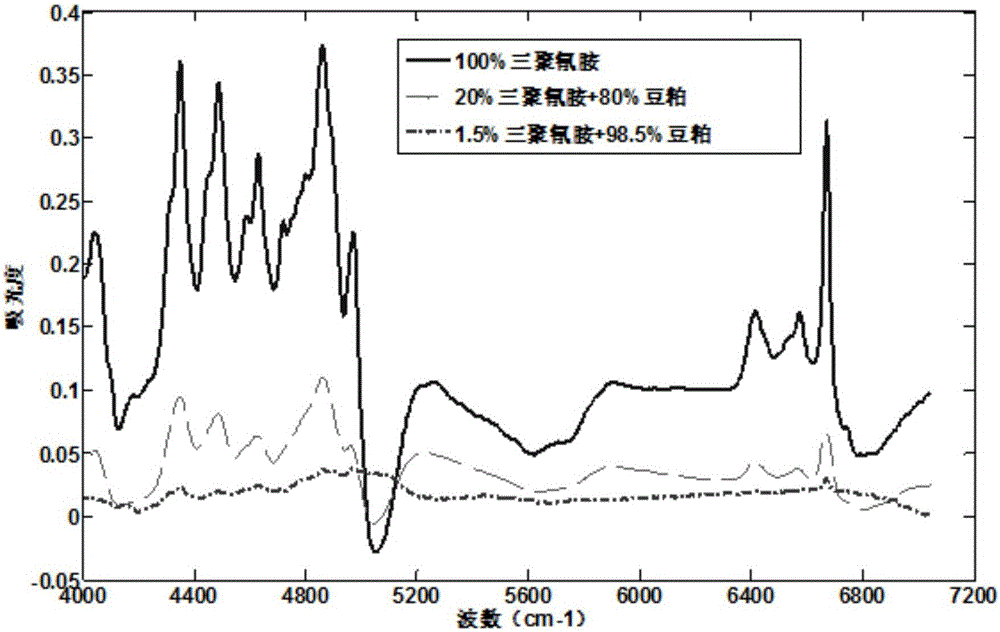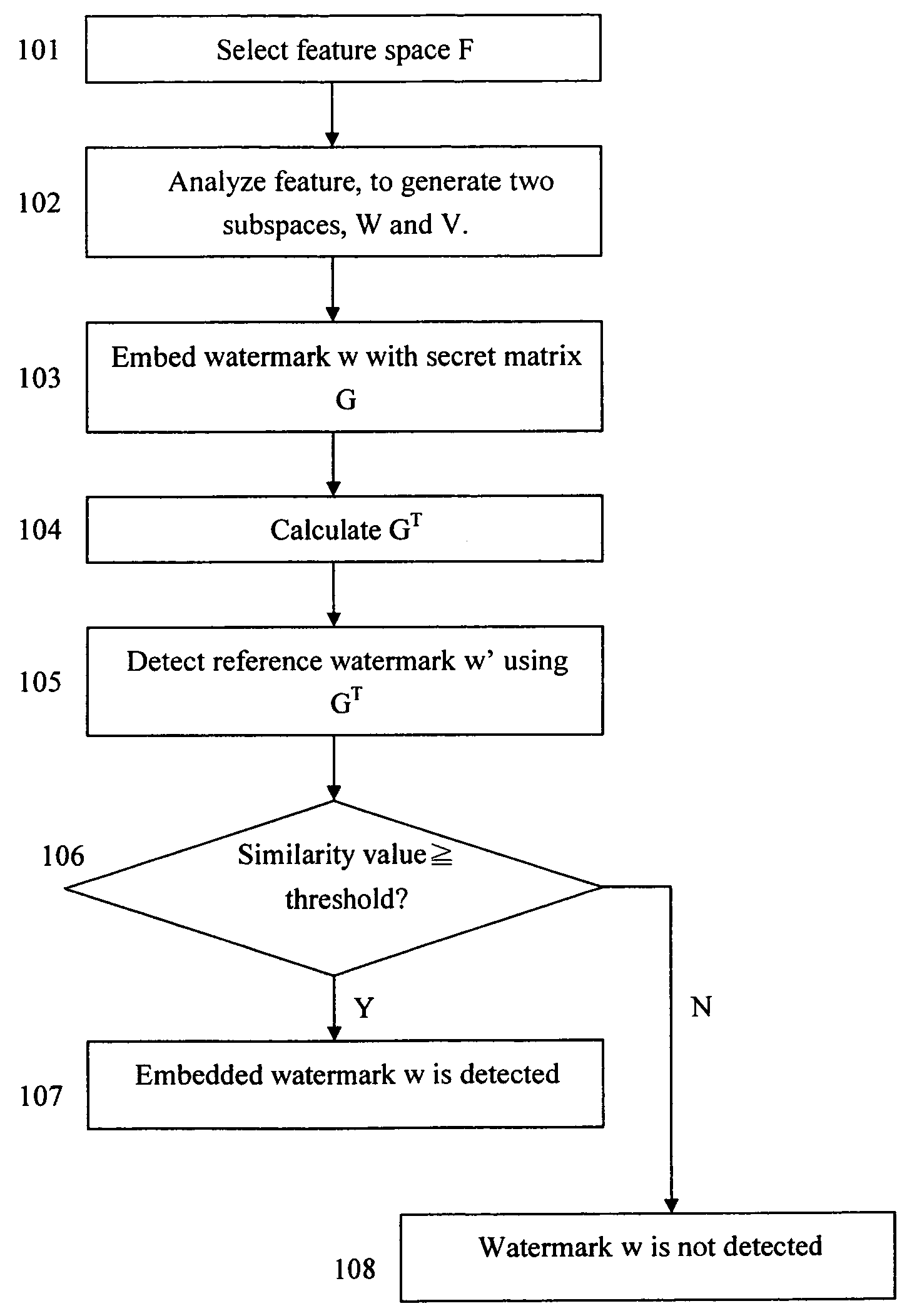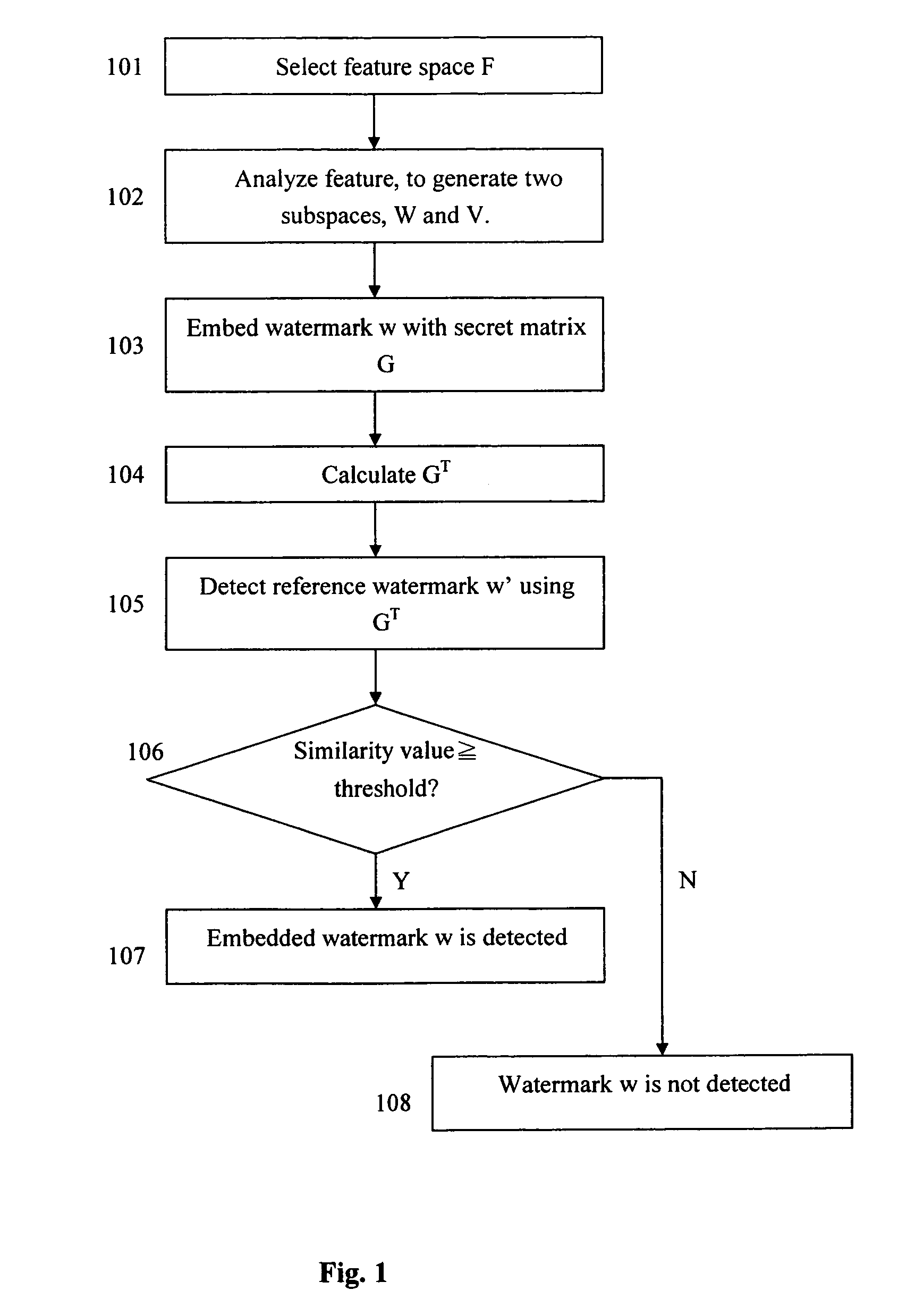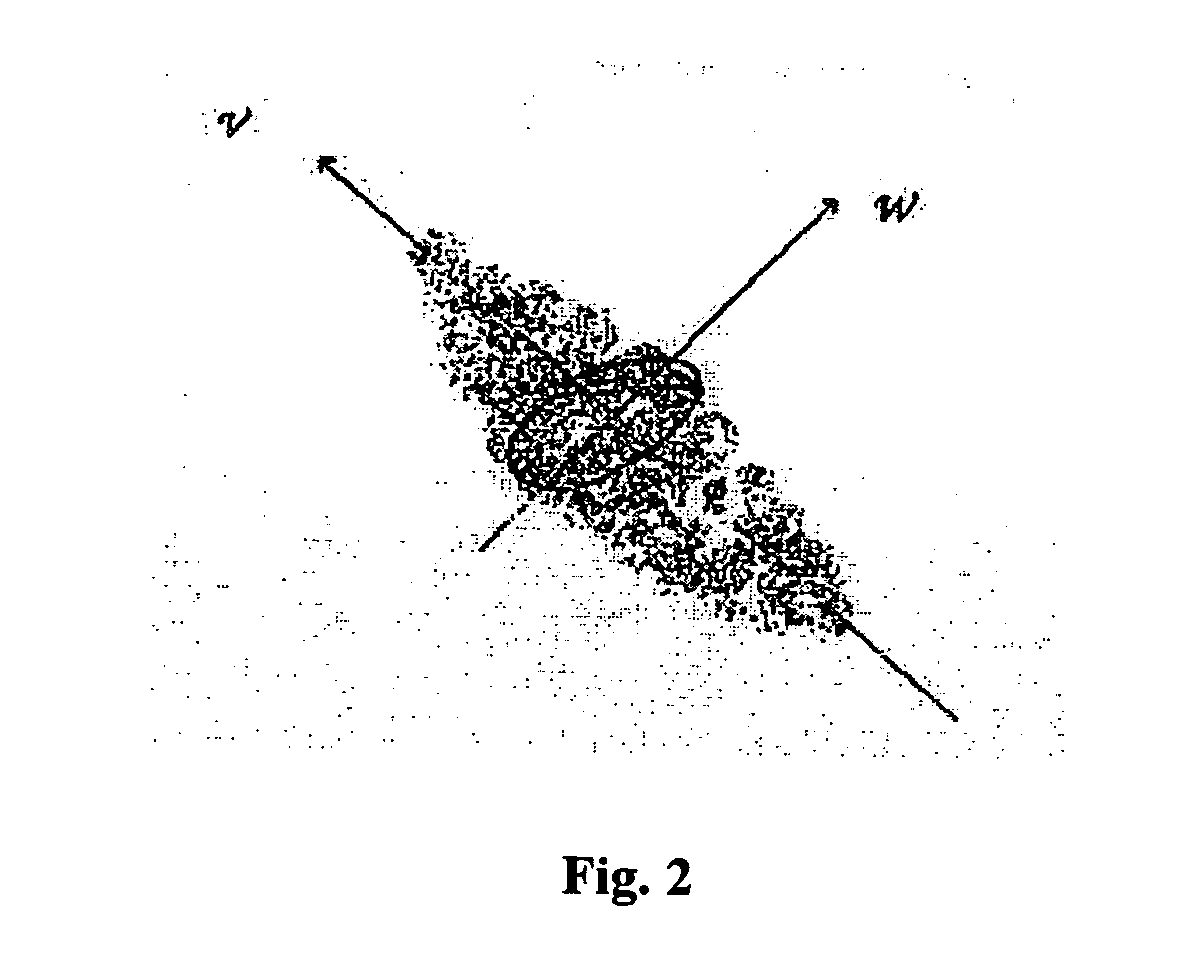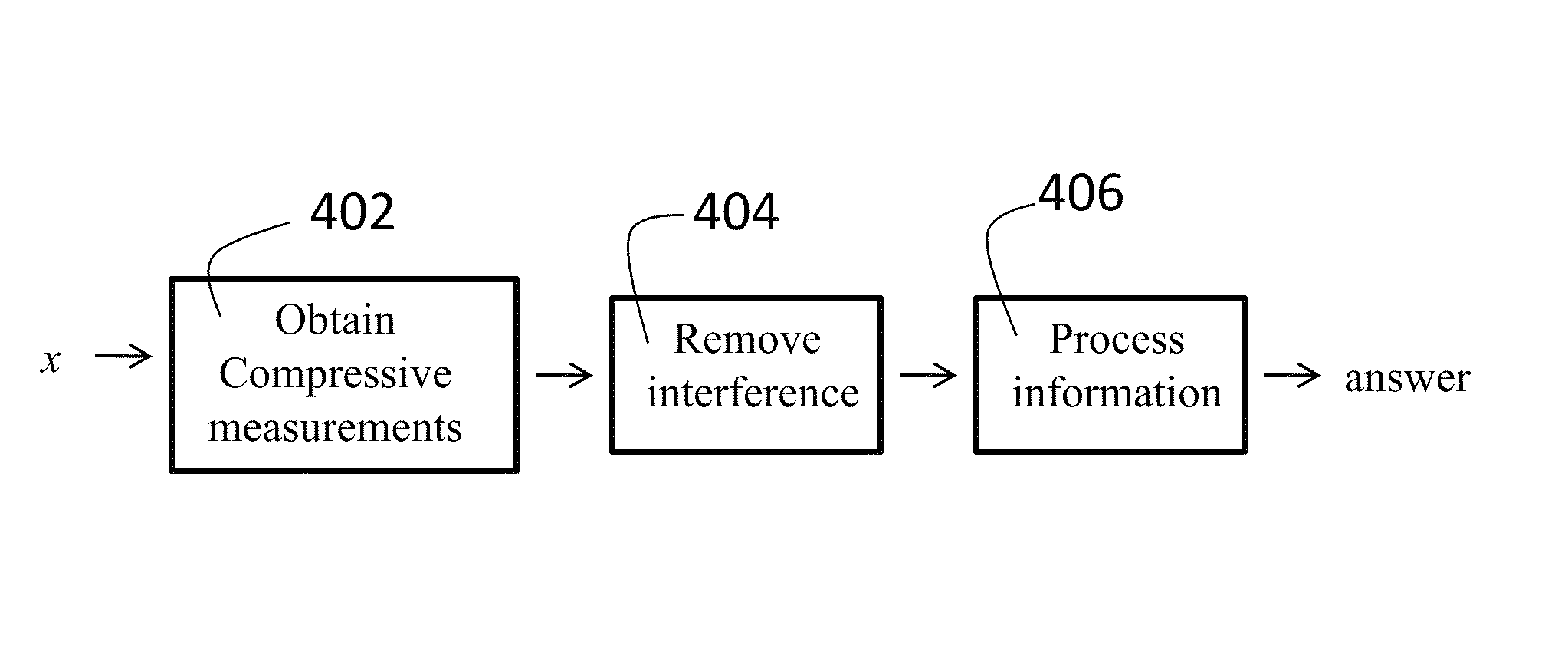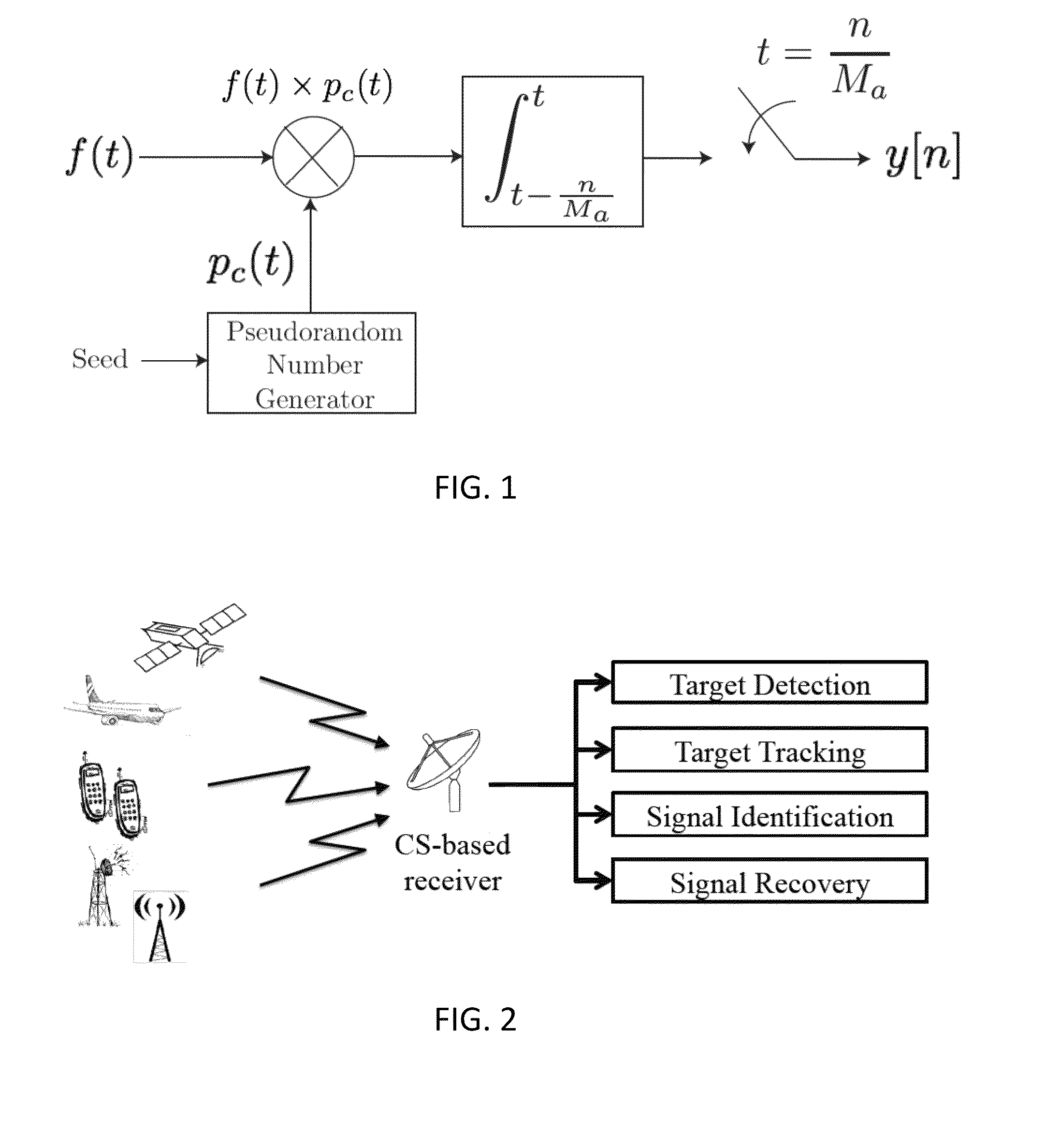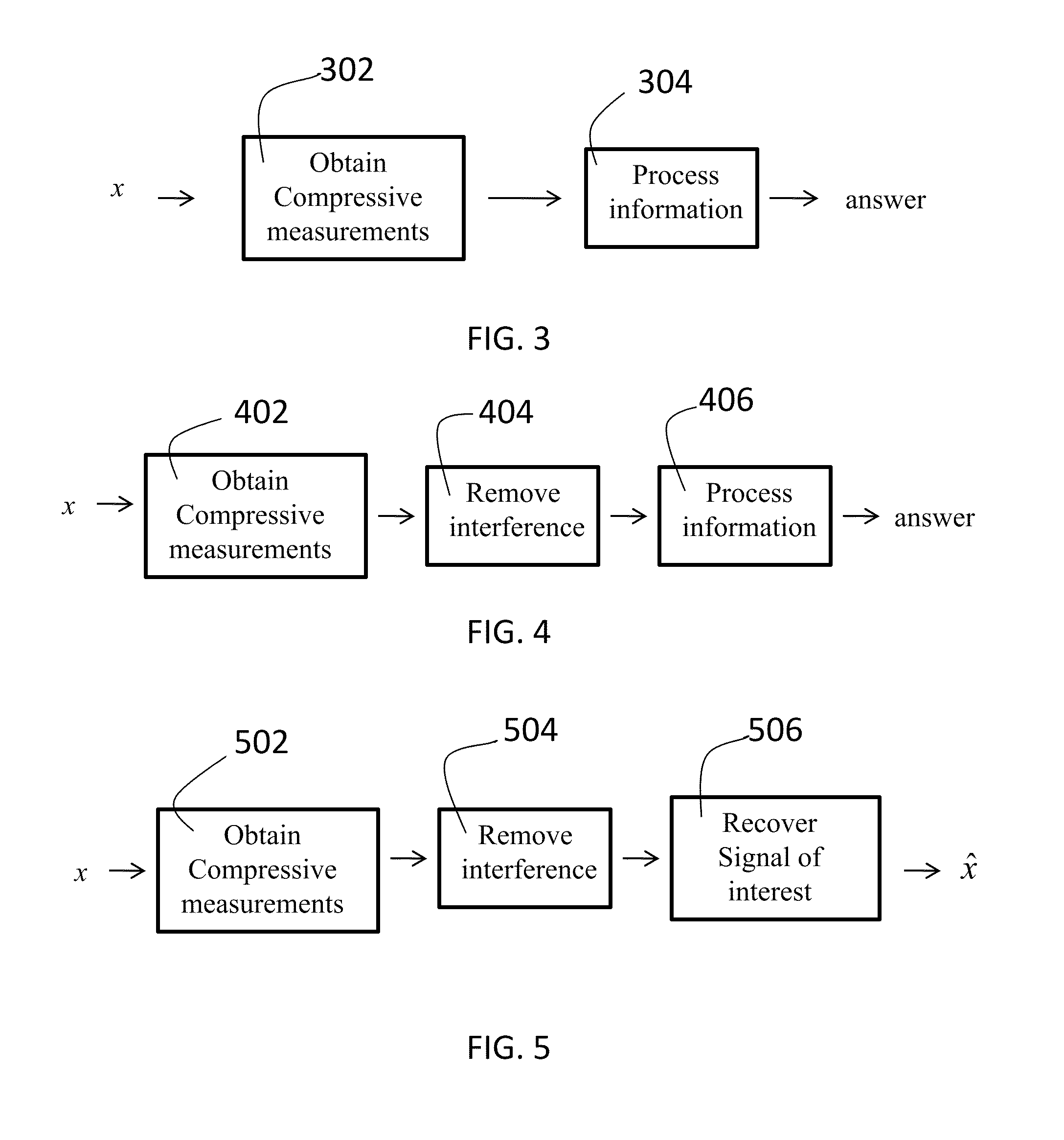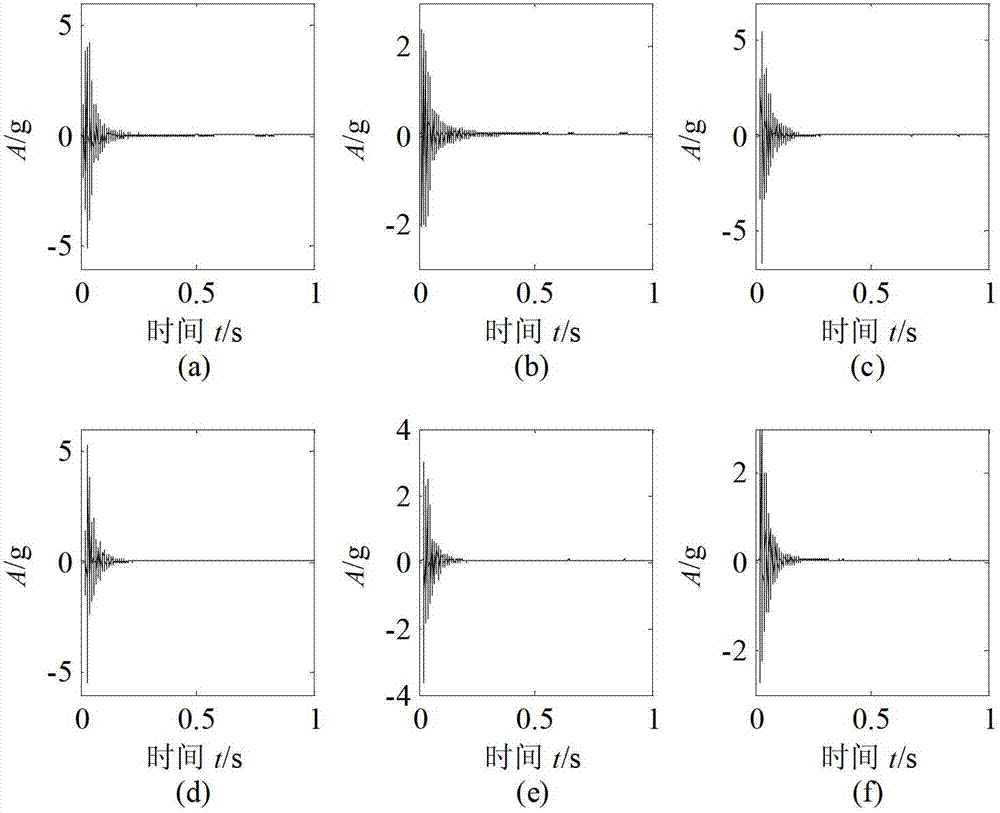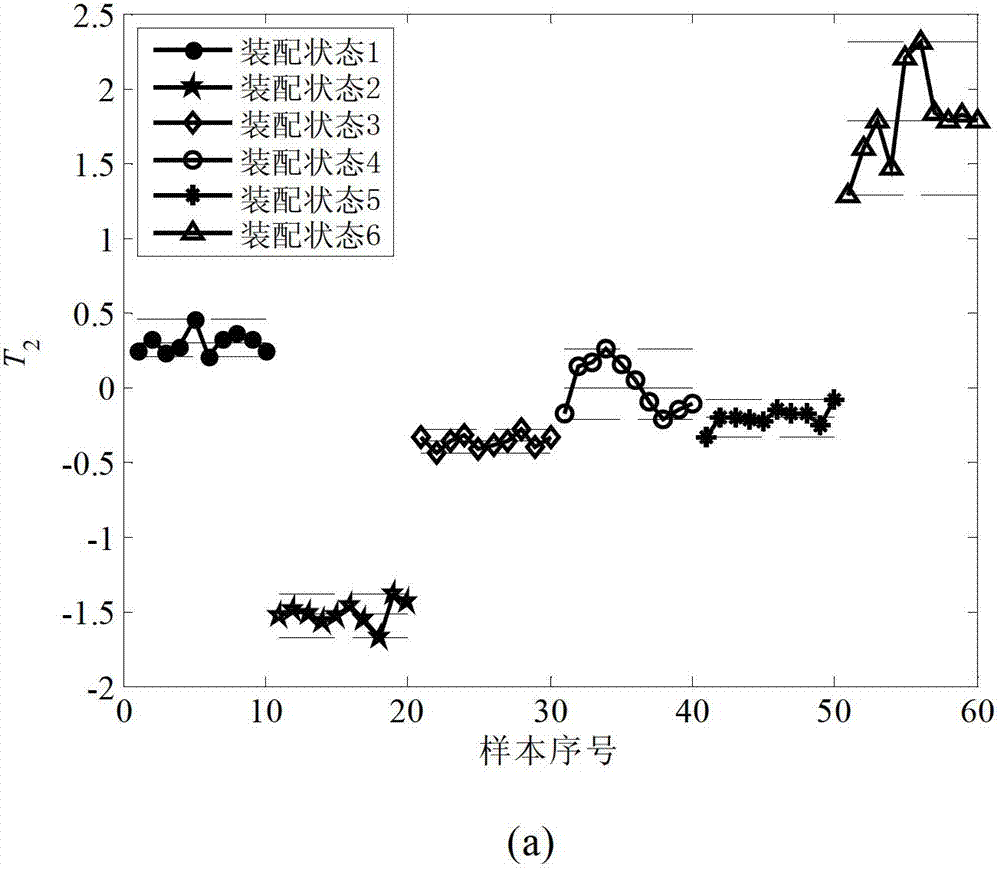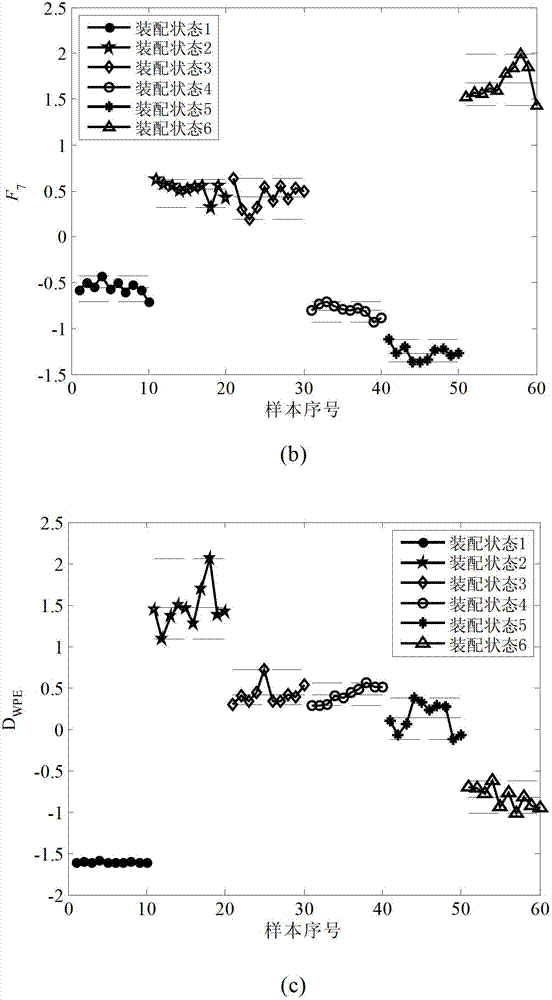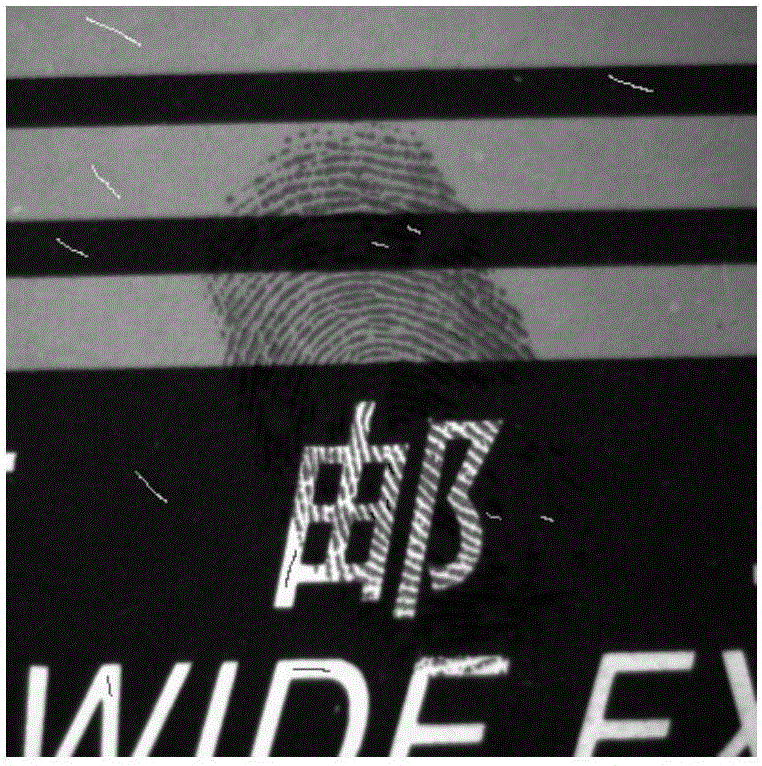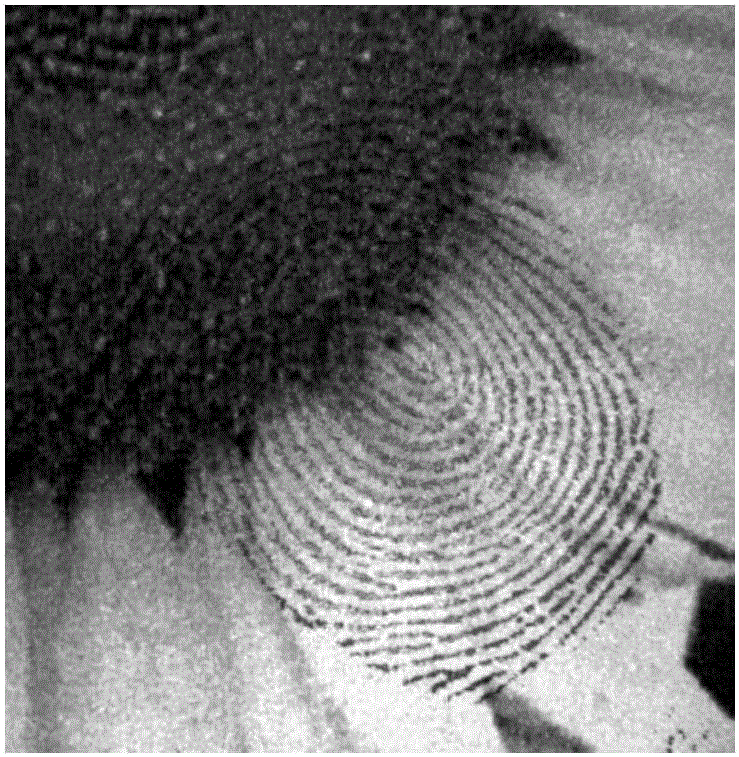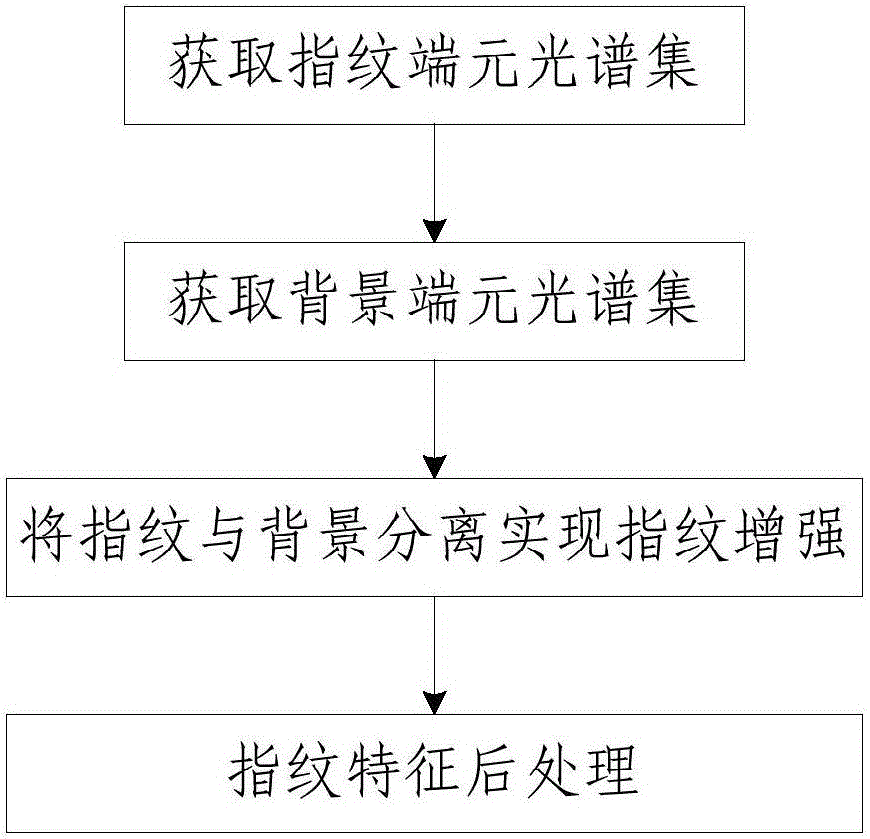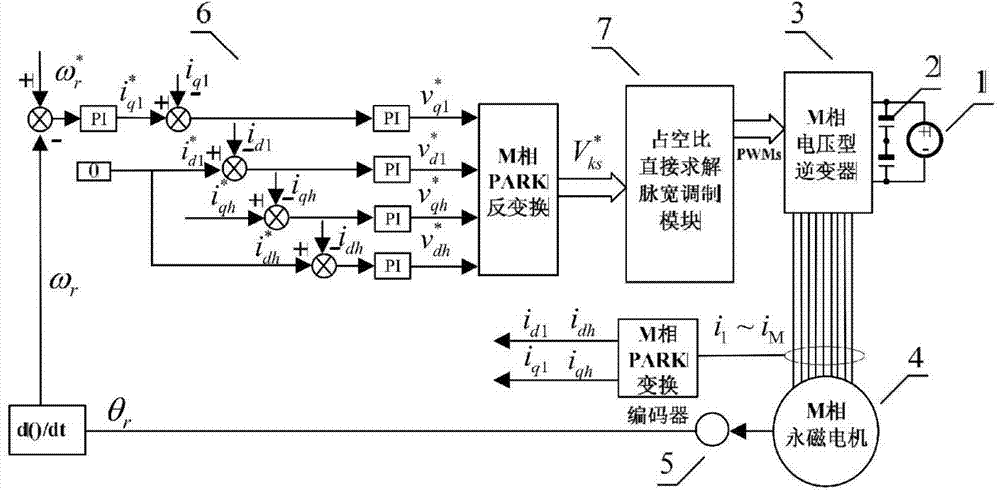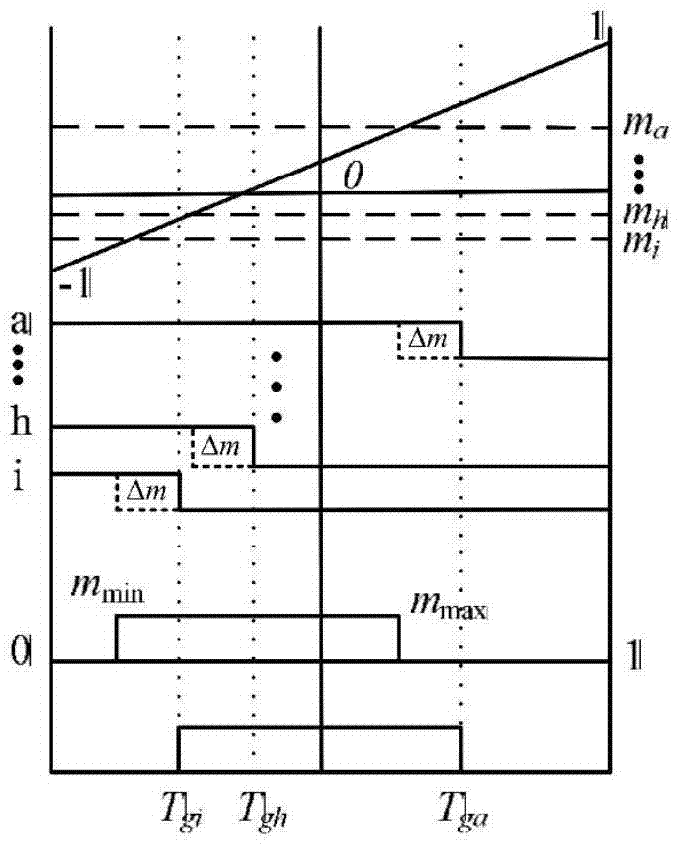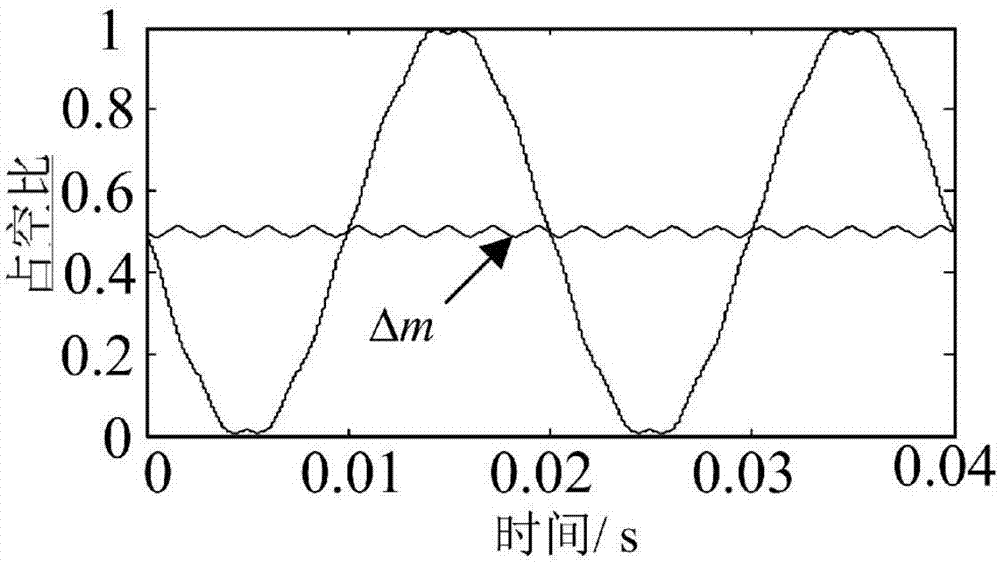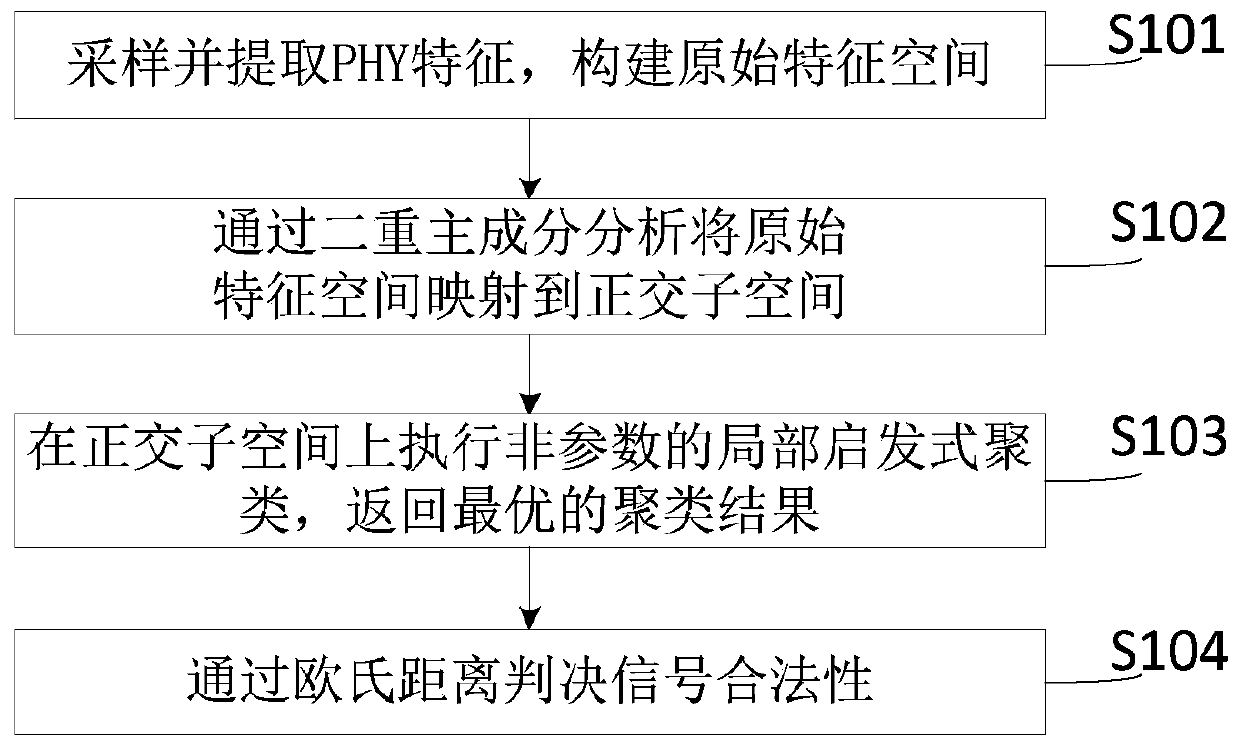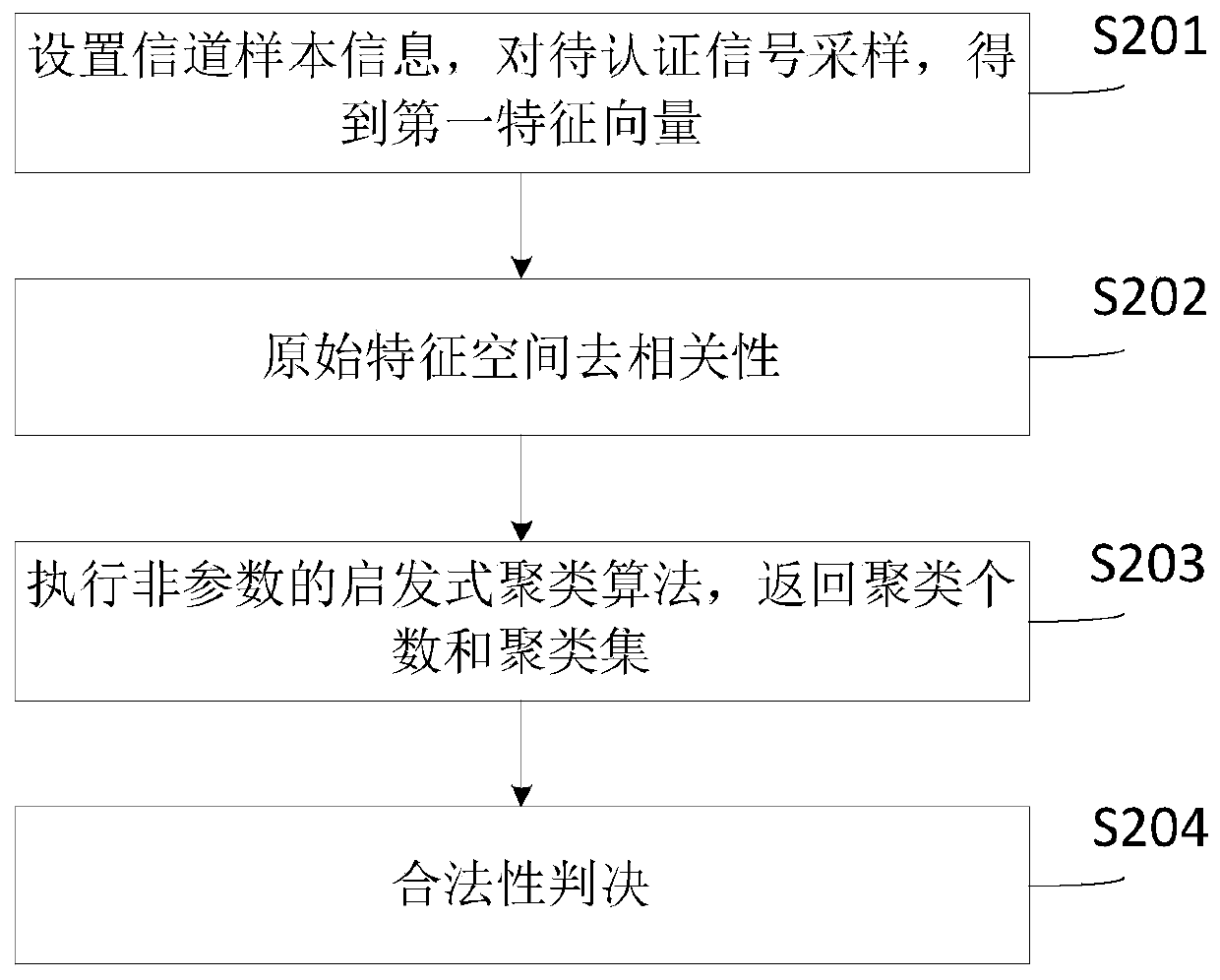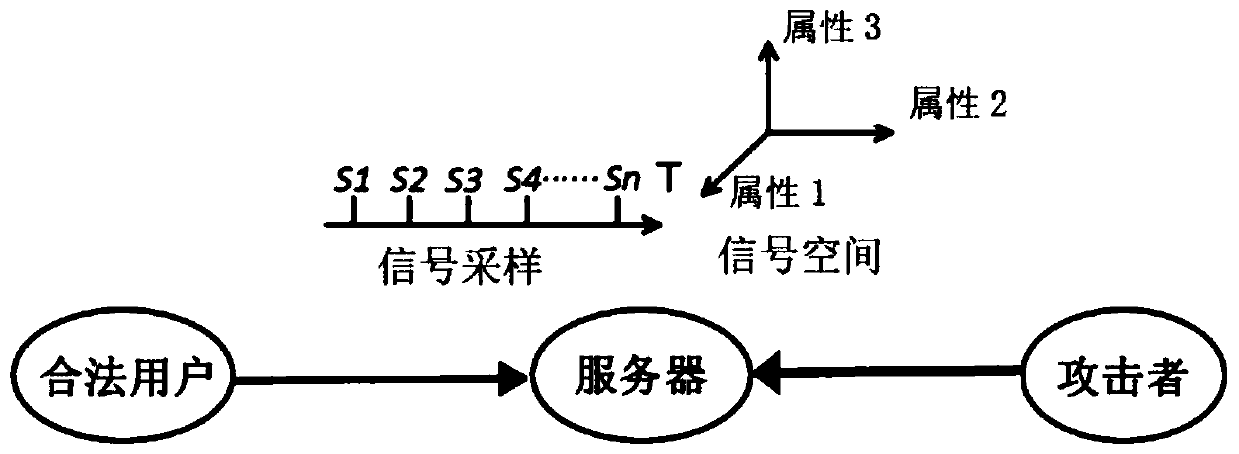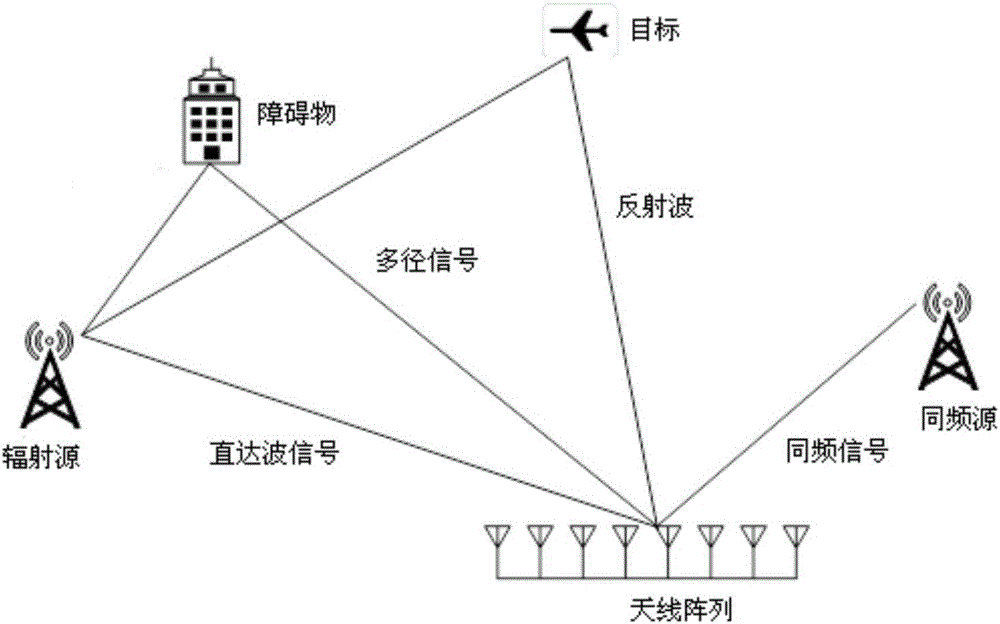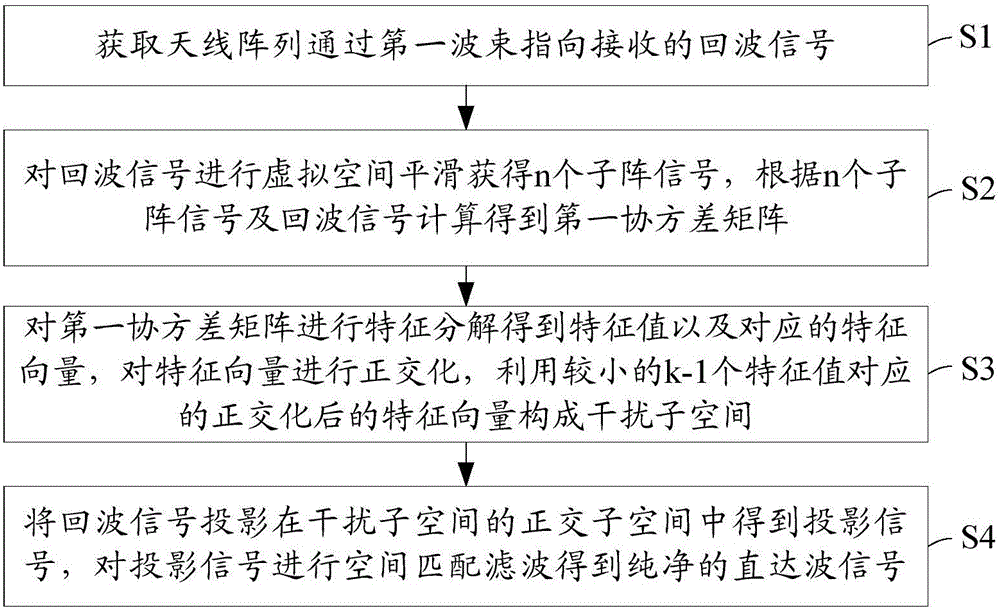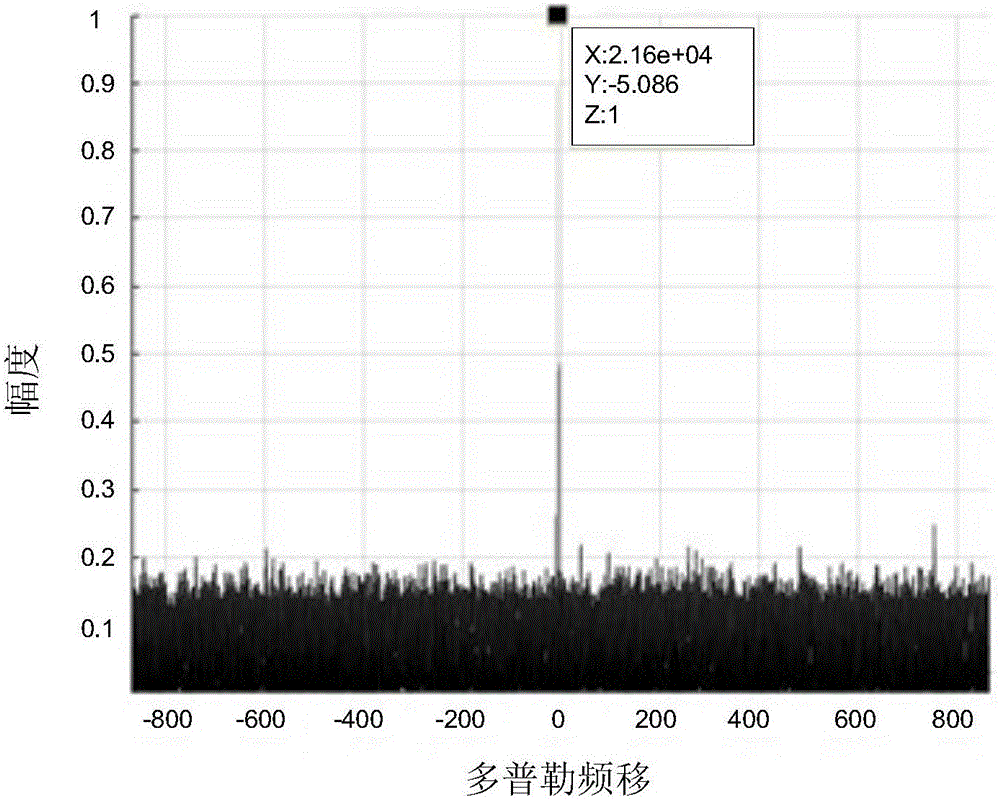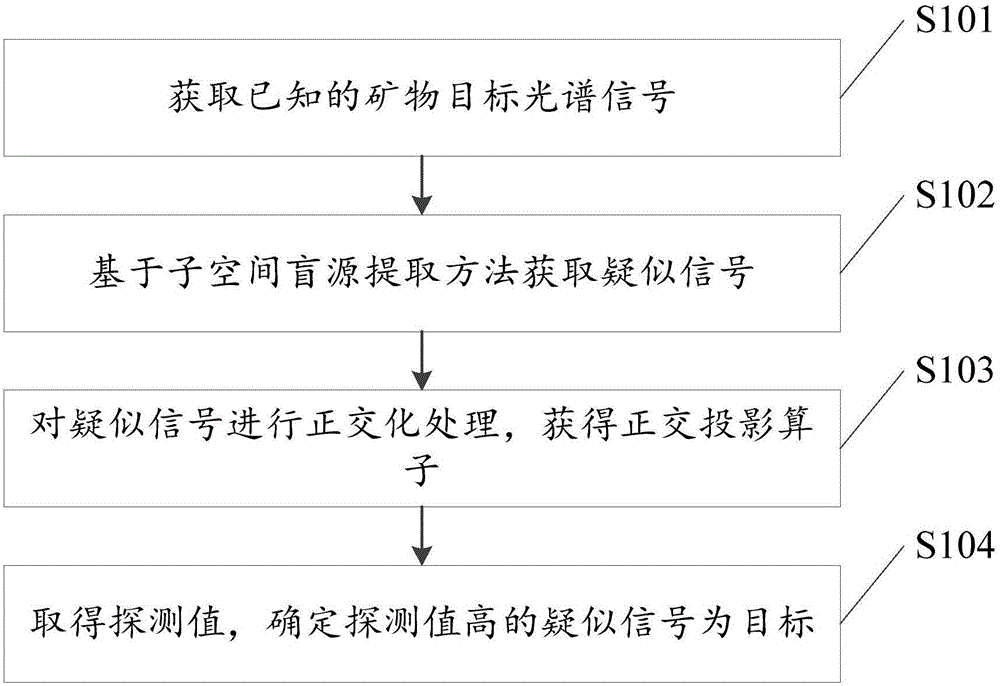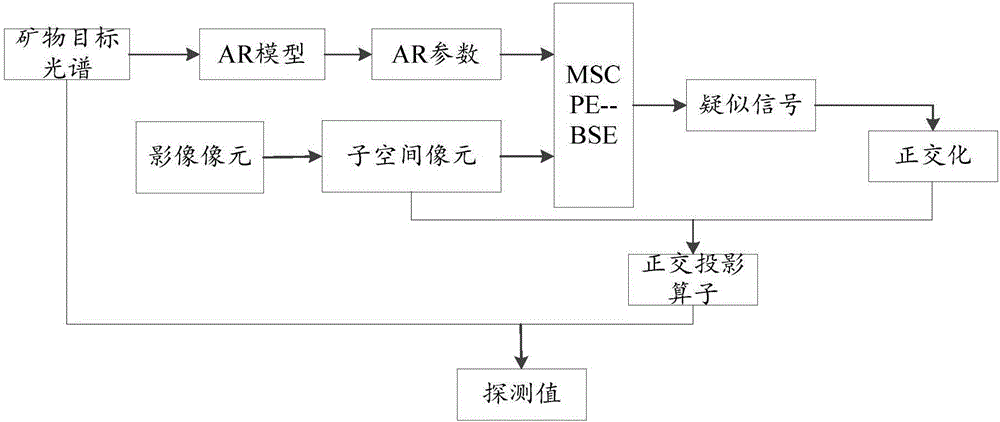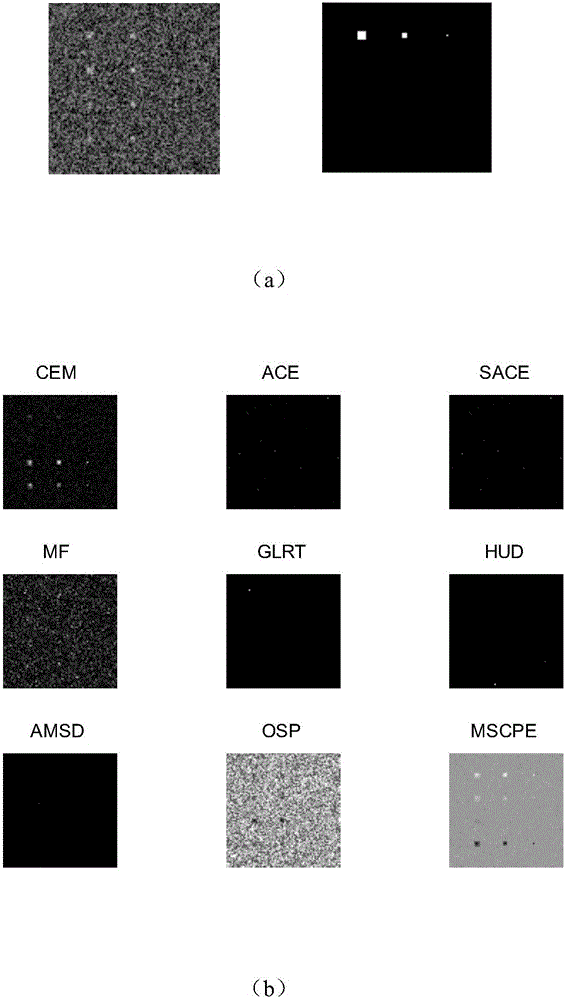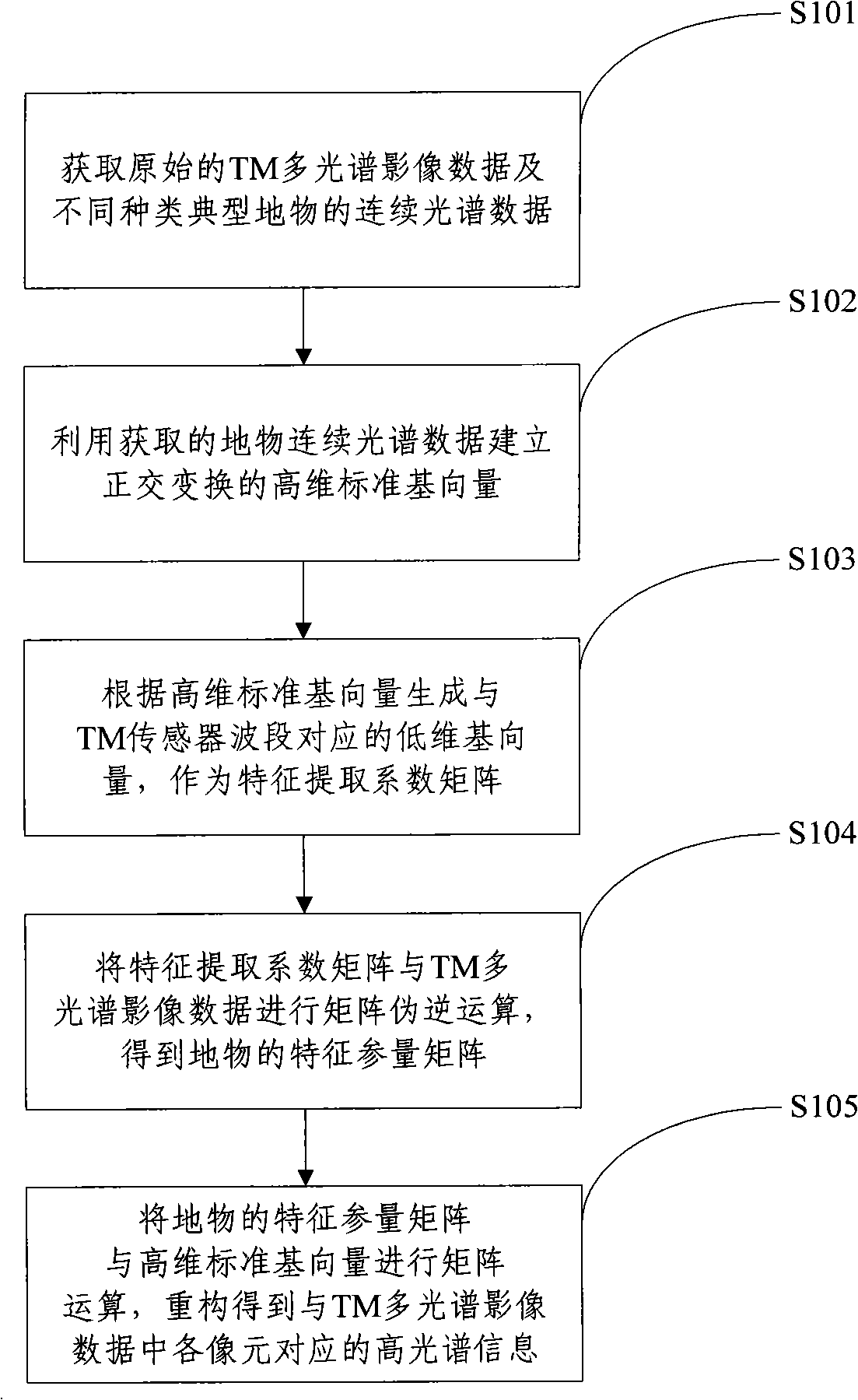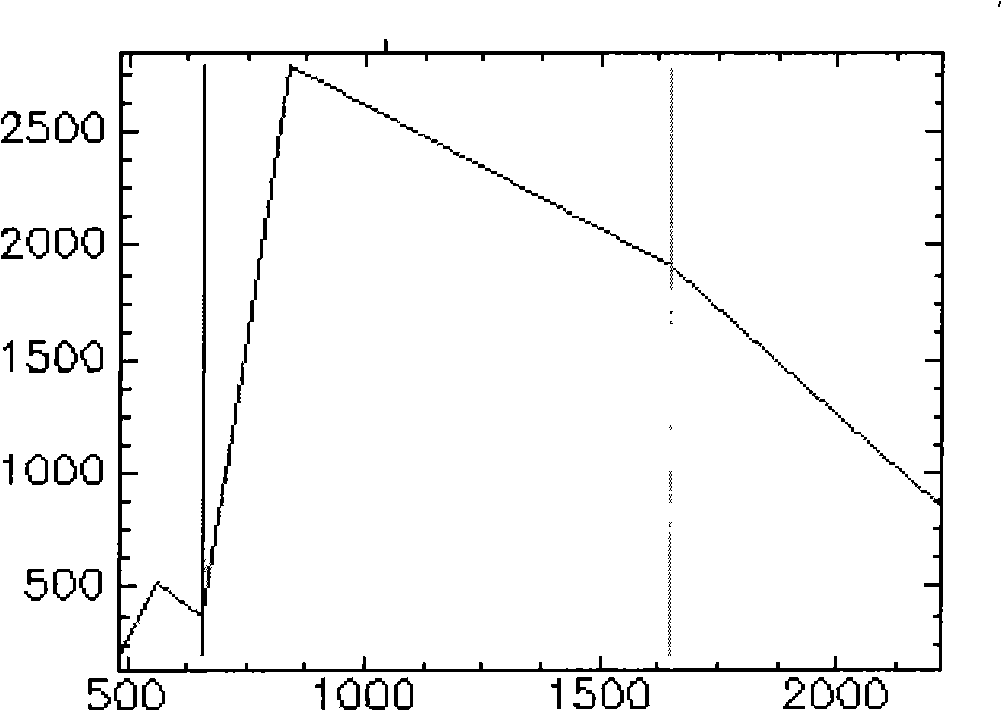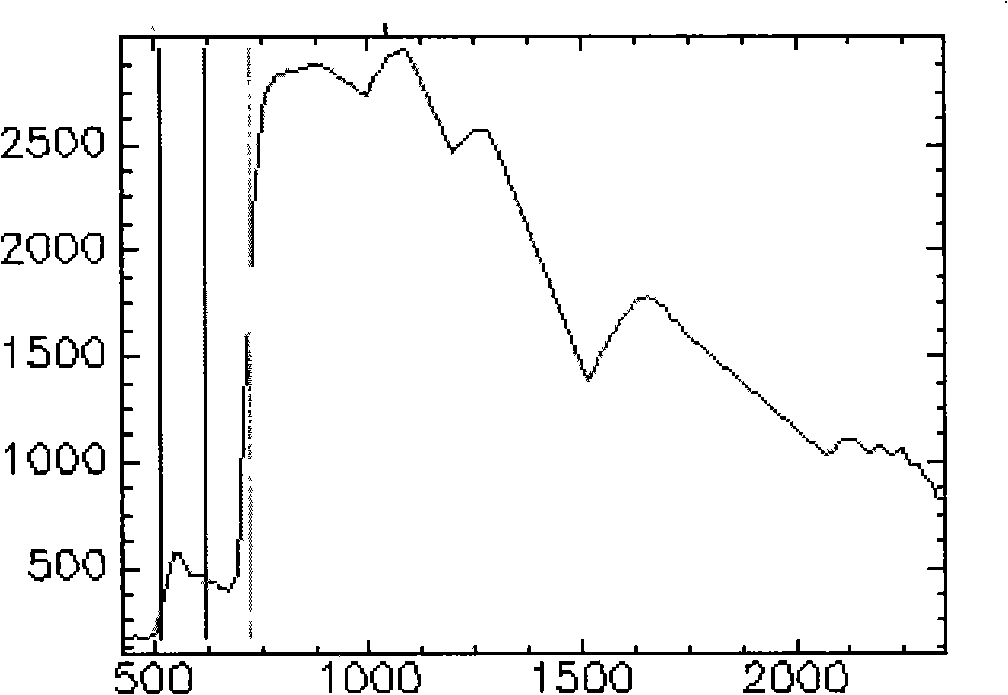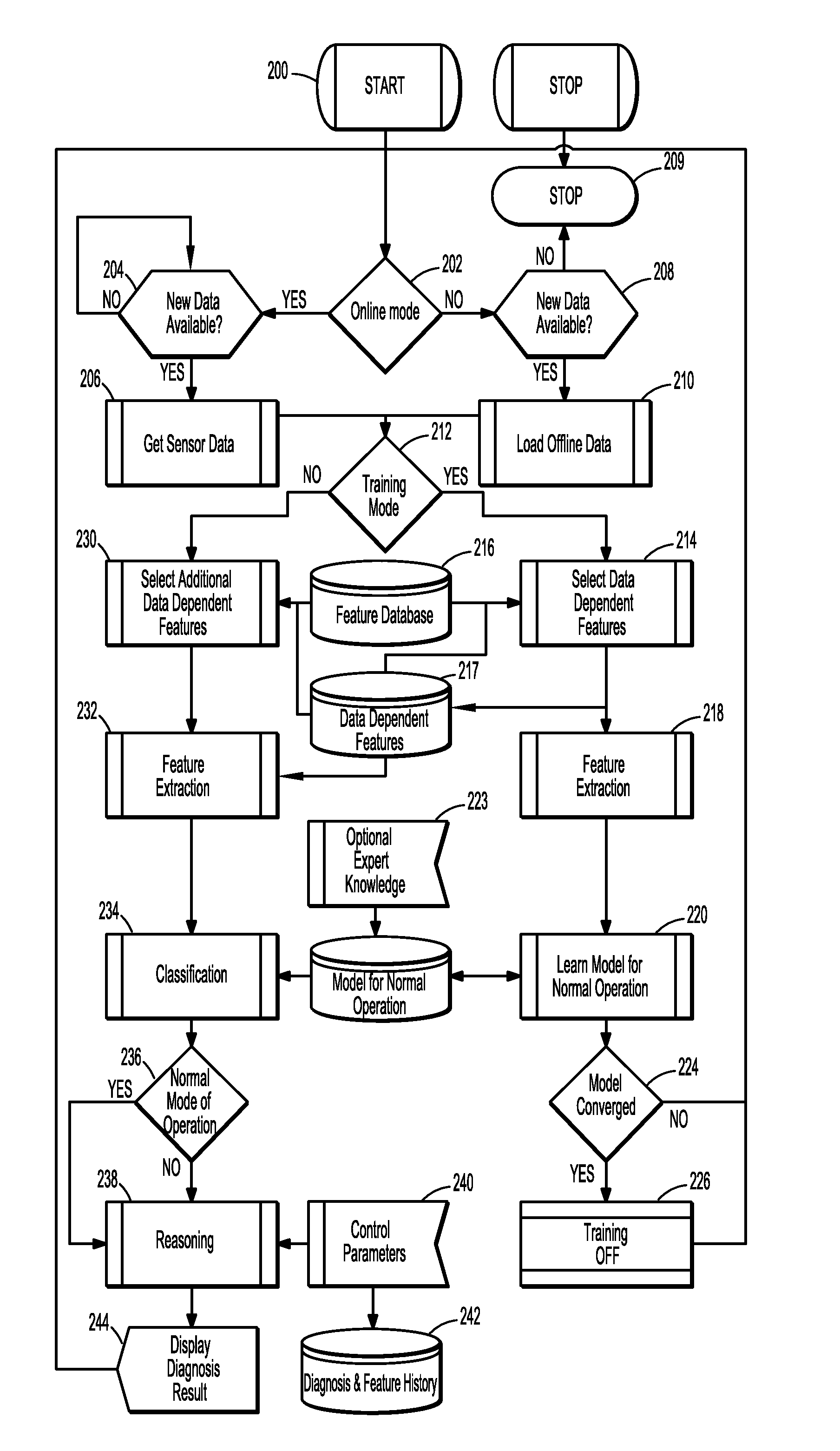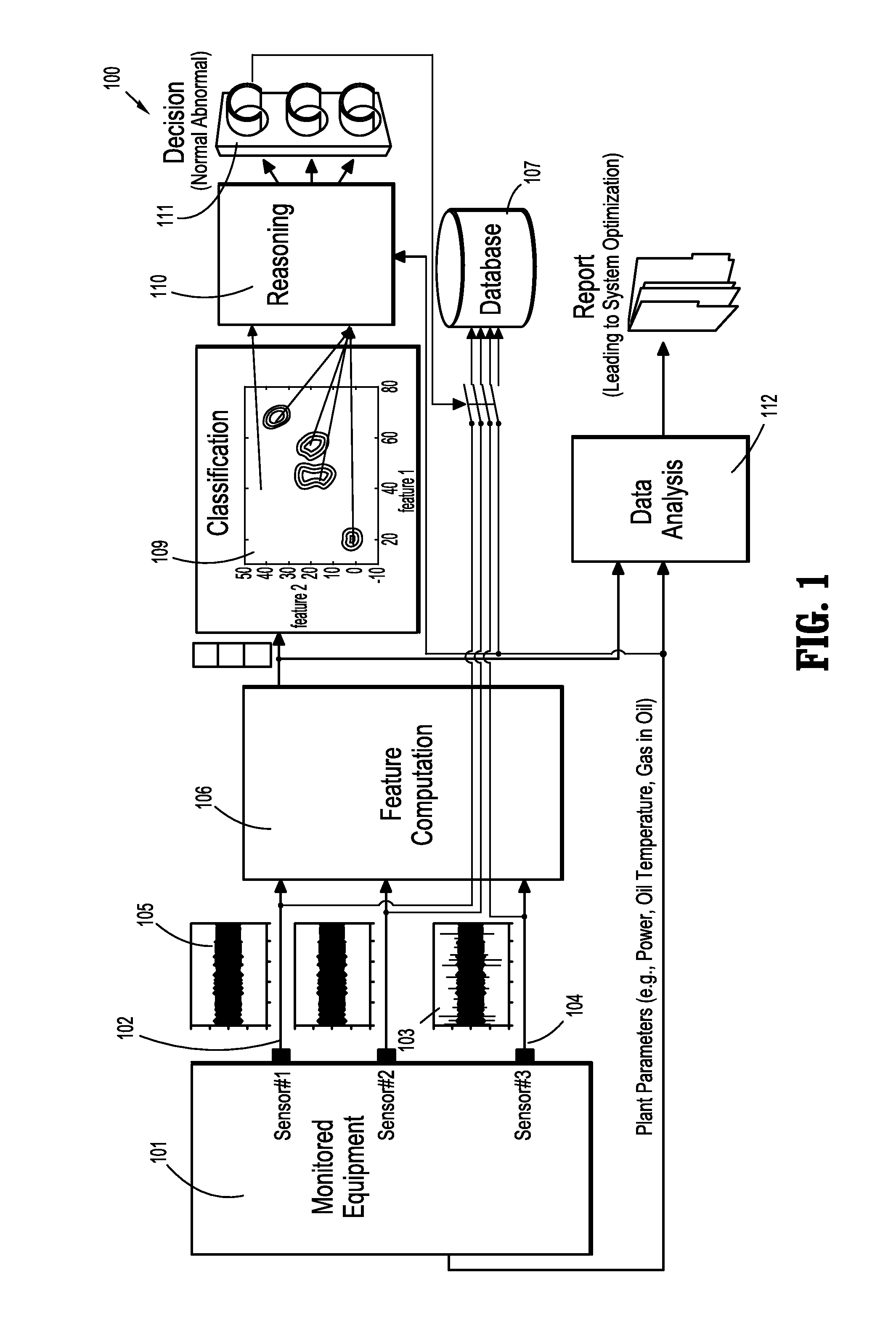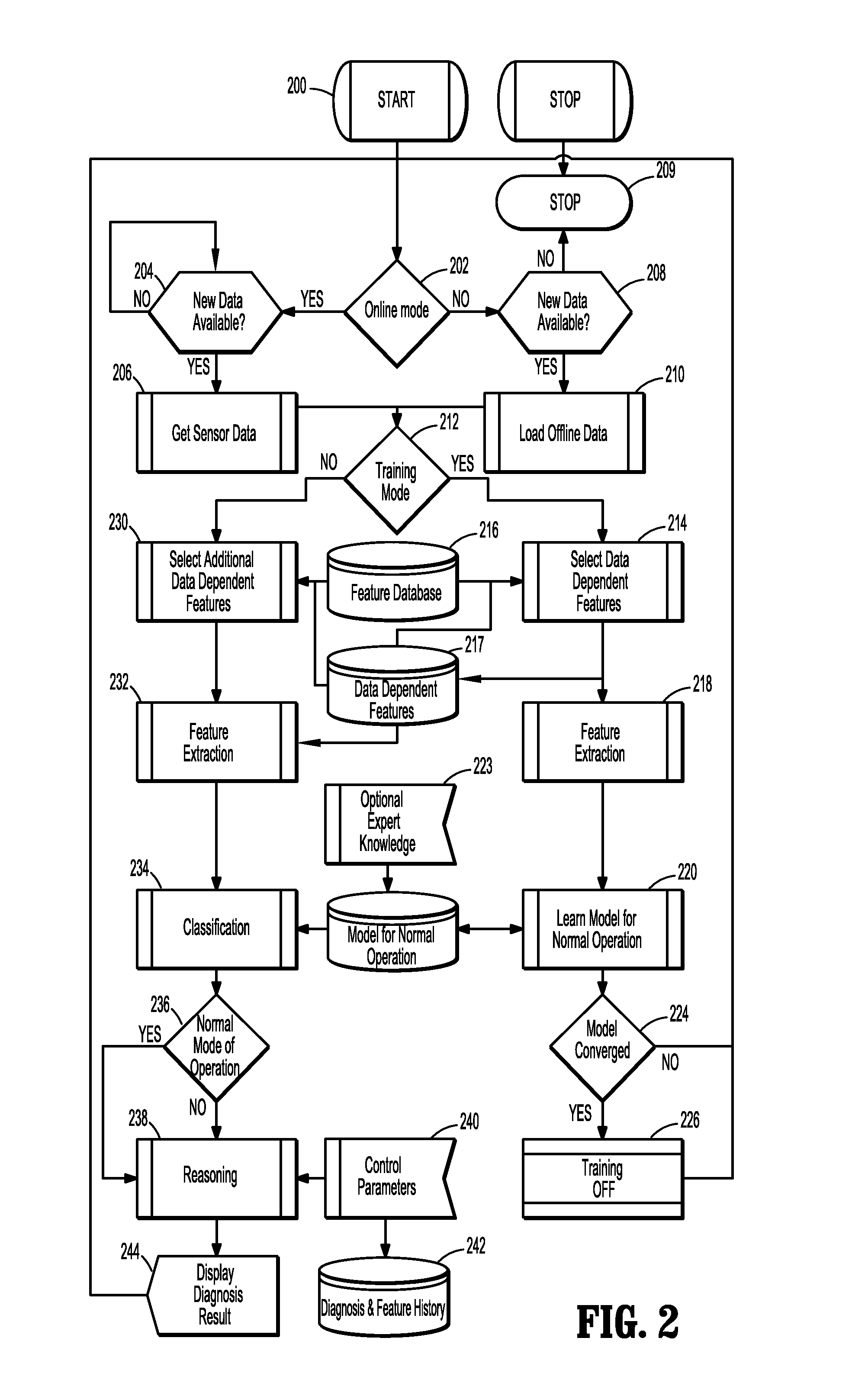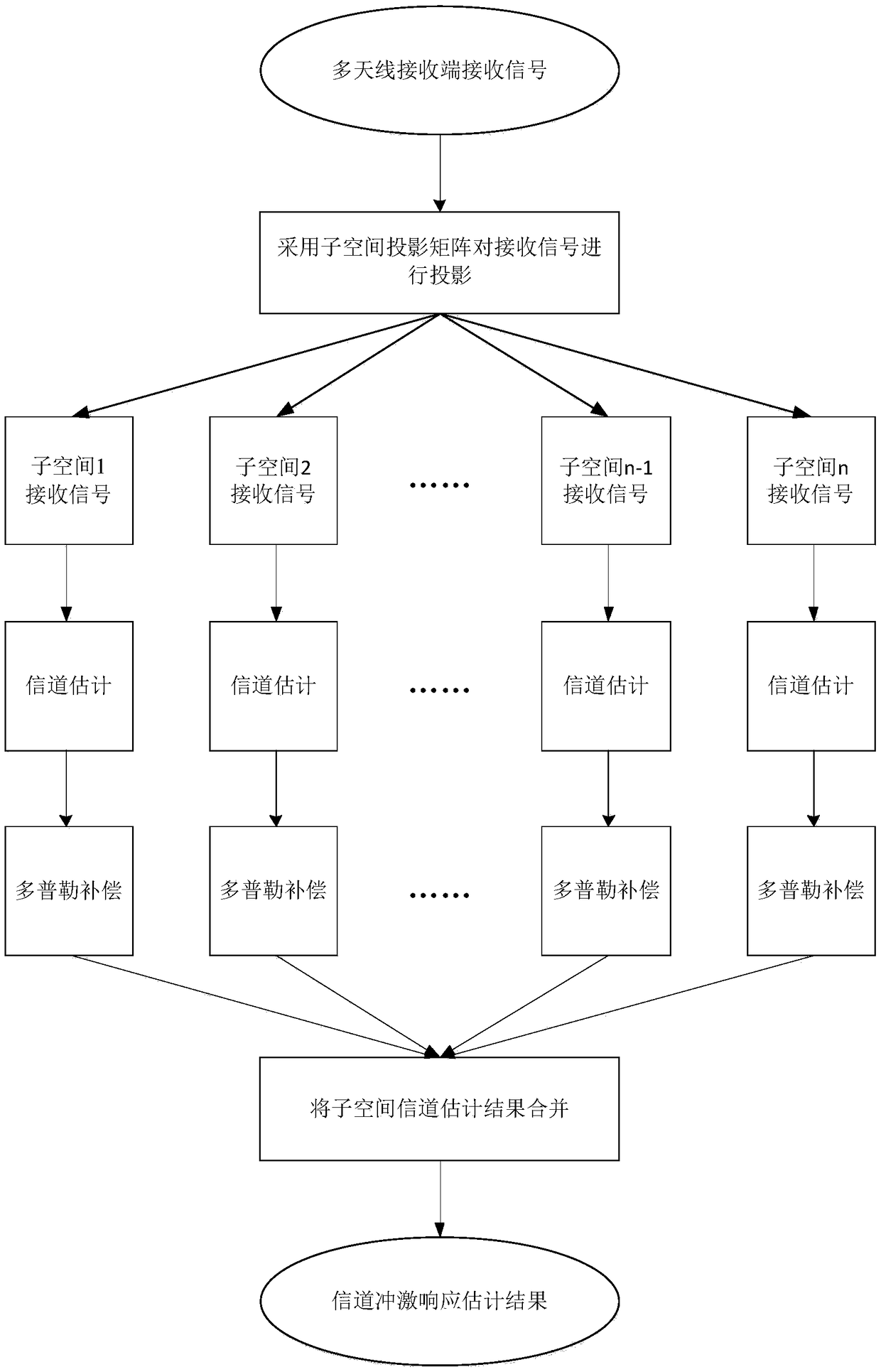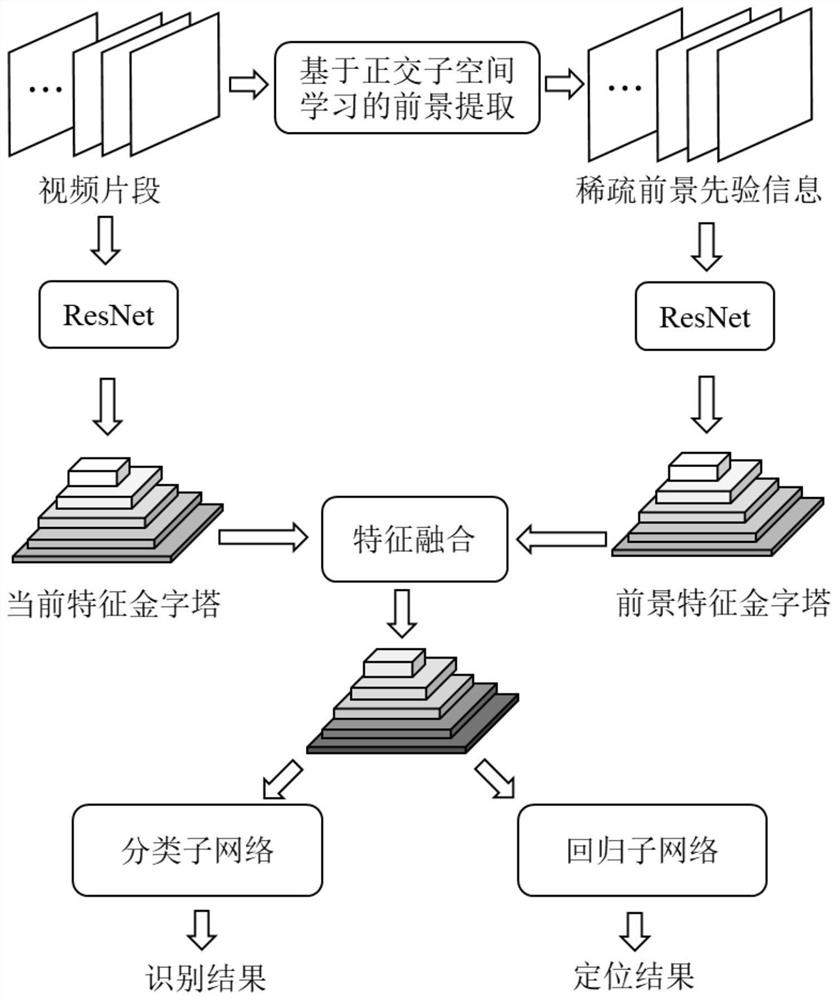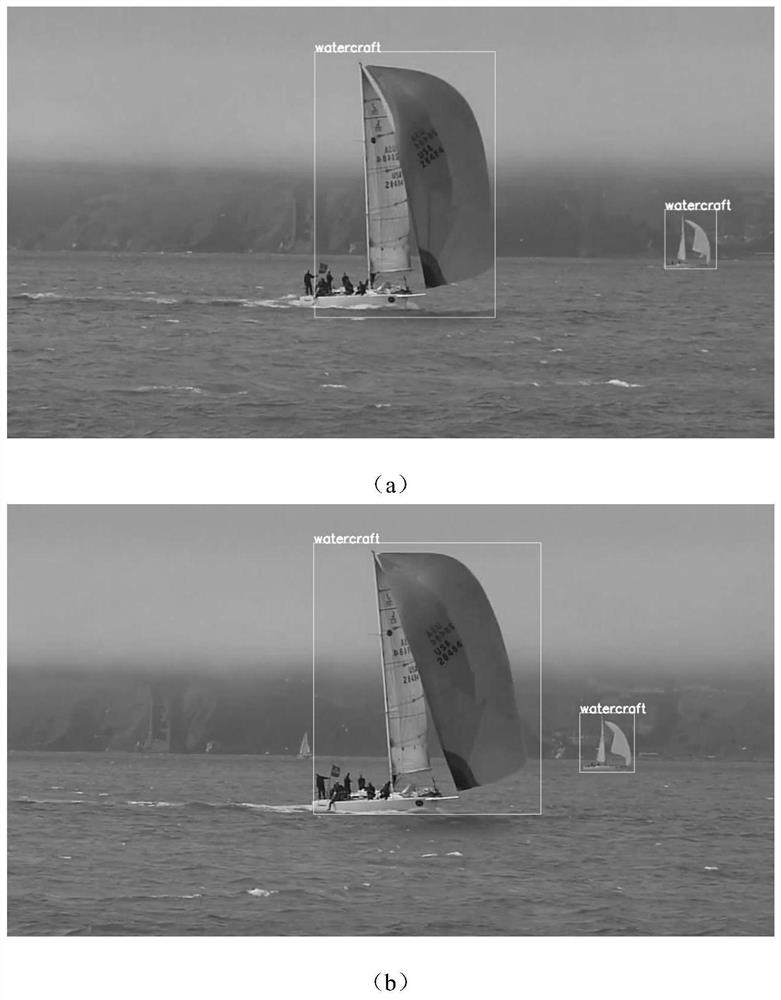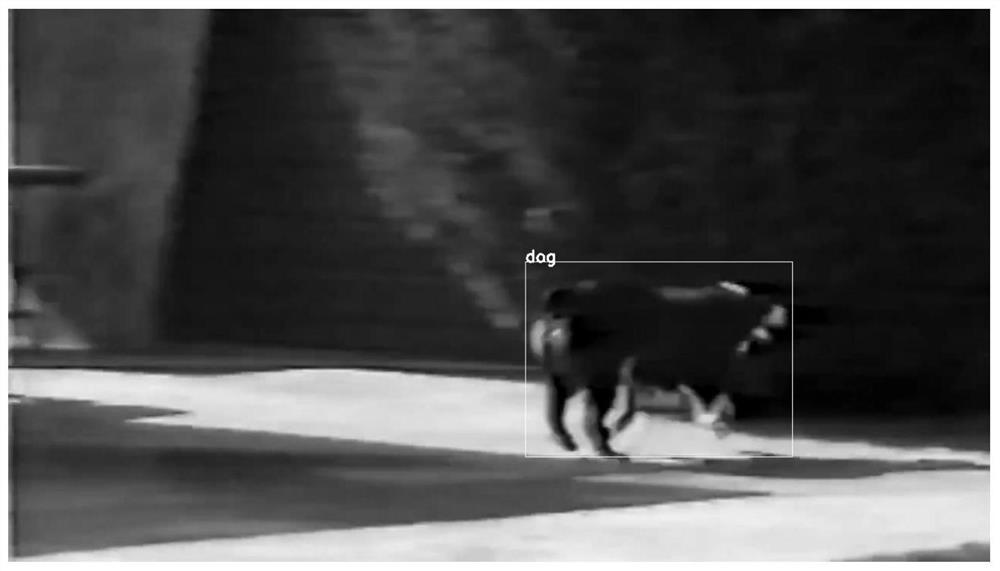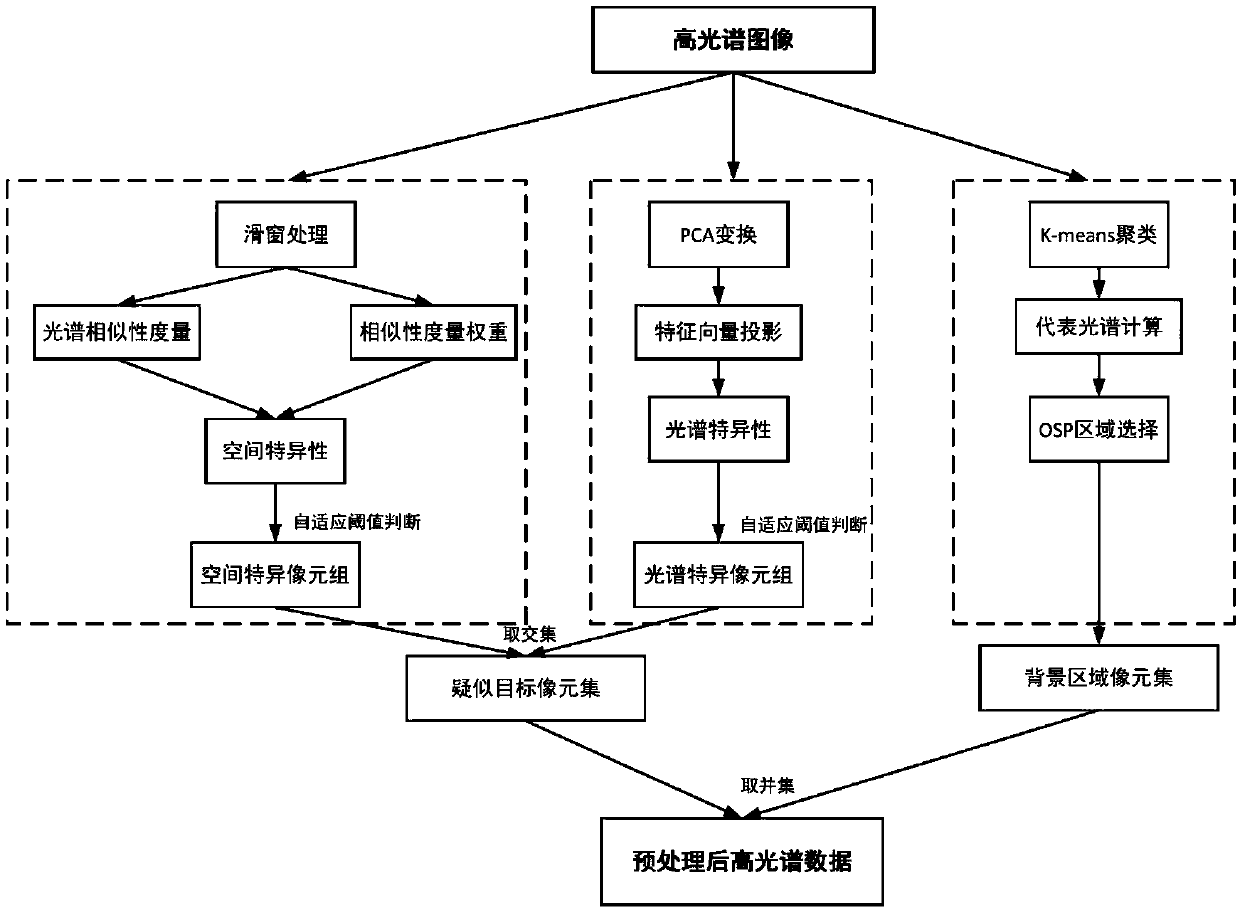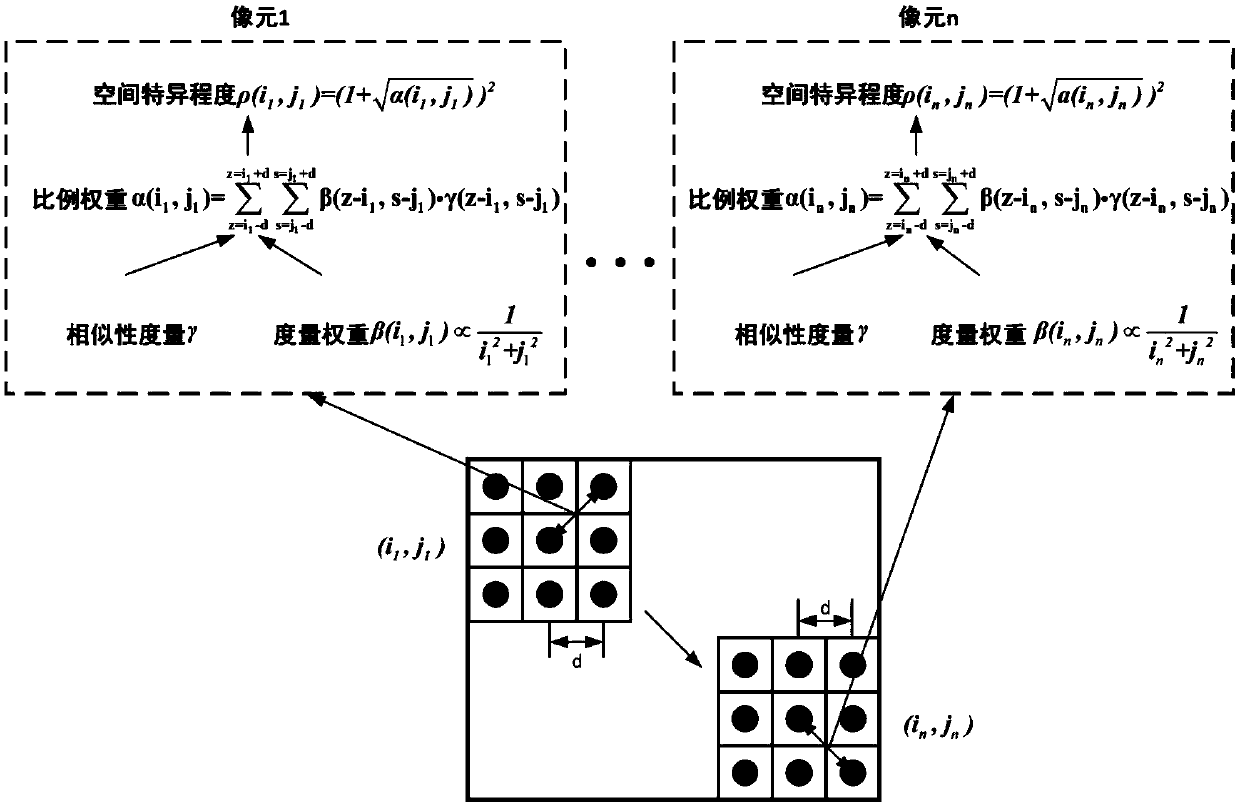Patents
Literature
71 results about "Orthogonal subspace" patented technology
Efficacy Topic
Property
Owner
Technical Advancement
Application Domain
Technology Topic
Technology Field Word
Patent Country/Region
Patent Type
Patent Status
Application Year
Inventor
The orthogonal complement of a subspace is the space of all vectors that are orthogonal to every vector in the subspace. In a three-dimensional Euclidean vector space, the orthogonal complement of a line through the origin is the plane through the origin perpendicular to it, and vice versa.
Random antenna array interferometer for radio location
InactiveUS6985107B2Effective of noise powerReduce coherenceDirection finders using radio wavesImage resolutionCarrier signal
This invention relates to a method and system for the radio location of CDMA and non-CDMA enabled transmitters within a reception zone. The invention exploits the superposition of antenna patterns that create complex and asymmetrical interference structures at very small scales. By randomly distributing a random antenna array of M elements across a two or three-dimensional surface, fine scale interference structures on the scale of ¼ the carrier wavelength are generated. Once the minimum number of antennas are placed, additional antennas will not improve the resolution. Such interference structures when sampled at ⅛ the carrier wavelength or greater yields unique spatial patterns with respect to a given antenna array geometry and transmitter location. The invention incorporates signature recognition (matching) and orthogonal sub-space projection estimators to derive location estimates of a radio transmitter.
Owner:LOTEK WIRELESS
Random antenna array interferometer for radio location
InactiveUS20050007278A1Effective of noise powerReduce coherenceDirection finders using radio wavesImage resolutionCarrier signal
This invention relates to a method and system for the radio location of CDMA and non-CDMA enabled transmitters within a reception zone. The invention exploits the superposition of antenna patterns that create complex and asymmetrical interference structures at very small scales. By randomly distributing a random antenna array of M elements across a two or three-dimensional surface, fine scale interference structures on the scale of ¼ the carrier wavelength are generated. Once the minimum number of antennas are placed, additional antennas will not improve the resolution. Such interference structures when sampled at ⅛ the carrier wavelength or greater yields unique spatial patterns with respect to a given antenna array geometry and transmitter location. The invention incorporates signature recognition (matching) and orthogonal sub-space projection estimators to derive location estimates of a radio transmitter.
Owner:LOTEK WIRELESS
Building indoor environment optimization method based on model order reduction technology
InactiveCN103049612AQuick solveHigh precisionSpecial data processing applicationsGenetic algorithmComputer science
The invention discloses a building indoor environment optimization method based on the model order reduction technology. The method mainly includes the three steps: (1) using CFD (computational fluid dynamics) software for steady-state simulation of the indoor environment, and constructing variation spaces of various environmental parameters; 2) reconstructing low-order parameter variation subspaces by the aid of the POD (proper orthogonal decomposition) technology; and 3) searching the optimal air conditioner air supply temperature and the optimal air conditioner air supply speed by operating the genetic algorithm. The variation subspaces of the indoor environmental parameters are constructed by the aid of the POD technology, so that influences of spatial distribution on the environmental parameters are considered fully in an optimizing strategy, and optimization accuracy is improved. The POD model order reduction method maps a control equation in an original space into one orthogonal subspace, and accordingly mapping error can be guaranteed to minimum in the energy sense. Besides, compared with a present environment optimization strategy, the building indoor environment optimization method based on the model order reduction technology has the advantages of high optimization precision, high speed and the like.
Owner:JIANGSU UNIV
Method and Apparatus for Compressive Domain Filtering and Interference Cancellation
ActiveUS20120016921A1Efficiently captured and recoveredIncrease the amount of calculationCode conversionComplex mathematical operationsInterference cancelationEngineering
A method for compressive domain filtering and interference cancelation processes compressive measurements to eliminate or attenuate interference while preserving the information or geometry of the set of possible signals of interest. A signal processing apparatus assumes that the interfering signal lives in or near a known subspace that is partially or substantially orthogonal to the signal of interest, and then projects the compressive measurements into an orthogonal subspace and thus eliminate or attenuate the interference. This apparatus yields a modified set of measurements that can provide a stable embedding of the set of signals of interest, in which case it is guaranteed that the processed measurements retain sufficient information to enable the direct recovery of this signal of interest, or alternatively to enable the use of efficient compressive-domain algorithms for further processing. The method and apparatus operate directly on the compressive measurements to remove or attenuate unwanted signal components.
Owner:RICE UNIV
Spectroscopic unwanted signal filters for discrimination of vulnerable plaque and method therefor
ActiveUS7689268B2Improve spectral responseRobust modelDiagnostics using spectroscopySurgeryPretreatment methodIn vivo
Spectral variation contributed from the absorbance of unwanted correlated signals, such as blood at variable pathlengths between an in vivo catheter optic probe and a coronary vessel wall is an obstacle in the detection of vulnerable plaque. Preprocessing methods are described to reduce the impact of blood upon the spectral signal, based on the principles of Orthogonal Subspace Projection (OSP) and Generalized Least Square (GLS). The multivariate discrimination models used on the processed spectral information reduce the number of independent factors that include contributions from blood. The disclosed chemometric processing including preprocessing methods provide for in vivo spectral detection of medical analytes within the human body and in particular within the coronary vessel wall. A demonstration of how the preprocessing methods impact a discrimination modeling technique is provided, how the blood filters were developed and optimized, and finally how the OSP and GLS blood filters correct the spectral signal and improve the discrimination results of the models.
Owner:INFRAREDX INC
Generating a transformed interim connection space for spectral data
InactiveUS20090141970A1Simpler and efficientPotential benefitCharacter and pattern recognitionPictoral communicationOrthogonal complementLinearity
Generation of a transformed Interim Connection Space for spectral data is provided. A first Interim Connection Space for spectral data in a full spectral space is accessed. A first map, which characterizes a linear transformation from the full spectral space to a first color space, is accessed. A second map, which characterizes a linear transformation from the first Interim Connection Space to the first color space, is determined. The first Interim Connection Space is decomposed into orthogonal subspaces, the orthogonal subspaces including a first subspace that is a null space of the second map and a second subspace that is an orthogonal complement of the null space in the first Interim Connection Space. The transformed Interim Connection Space is generated based on the first subspace and the second subspace.
Owner:CANON KK
Remote sensing image resolution improving and processing method based on image segmentation and gravity model
InactiveCN102789631AResolution preservationImprove spatial resolutionImage enhancementDecompositionImage resolution
The invention relates to a remote sensing image resolution improving and processing method based on image segmentation and a gravity model. The method comprises the steps of preprocessing an image; performing multi-scale image segmentation of the image; selecting end members to be selected by using a orthogonal subspace projection method; constructing mixed pixel models with layered end members; obtaining the percentage values of the end members in various mixed pixels by using a mixed pixel decomposition method; selecting the mixed pixel models layer by layer; obtaining an optimum mixed pixel decomposition image; converting mixed pixel decomposition images of the end members into sub-pixel images; adjusting positions of sub-pixels and ensuring the total gravitational force among all the sub-pixels to be maximum; adjusting sub-pixels in all pixels repeatedly until all pixels in the images are processed and the processing is finished; and after the processing, obtaining sub-pixel images of which the spatial resolution is improved. Compared with the prior art, the method has the advantages of being simple in method, independent from high spatial resolution, good in anti-noise performance and capable of saving plenty of time.
Owner:张学
Expansion morphology and orthogonal subspace projection combined end member automatic extraction method
InactiveCN101504315ARealize automatic extractionInhibition effectRadiation pyrometrySpectrometry/spectrophotometry/monochromatorsData setAlgorithm
The invention relates to a method for automatically extracting end members by combination of expanding morphology and orthogonal subspace projection, which comprises the following steps: (1) reading high-spectrum data; (2) determining the dimension, the initial iteration and the maximum iteration of a structural element; (3) calculating pixels with minimum mixing degree and maximum mixing degree in neighboring areas of the structural element through expansion and corrosion operations; (4) calculating and obtaining the morphological eccentricity index value through the result obtained in the step (3); (5) repeating the step (3) and the step (4) along with the increase of the iteration, and utilizing the result of expansion operation in the step (3) to update image data until the maximum iteration is reached; (6) performing binaryzation on MEI images and obtaining an end member data set; (7) calculating and obtaining a first end member by a spectral corner matching method, and updating the end member data set by the projection in an orthogonal subspace of the obtained end member; and (8) repeating the step (7) until the error requirement is met. The invention is a method for automatically extracting the high-spectrum end members with strong stability, high reliability and high precision.
Owner:BEIHANG UNIV
Method for detecting anomaly of hyperspectral image
InactiveCN102938151AEfficient extractionImproving the ability to describe background capabilities in hyperspectral imagesImage analysisSingular value decompositionAnomaly detection
The method discloses a method for detecting anomaly of a hyperspectral image, which can give consideration to advantages of an anomaly detecting method by global and local background modeling. The method comprises the following steps of: projecting a hyperspectral image to orthogonal subspaces of the background based on singular value decomposition so as to obtain a residual image including noise and anomaly; on the basis, introducing a space rank depth for local background modeling and dividing the residual image into two sample sets of noise background and potential anomaly; and finally, carrying out global background modeling by virtue of a multielement gaussian model, calculating the mahalanobis distance of various samples in the potential anomaly set, and comparing the distance with a threshold value to achieve anomaly detection, thus finally generating a binary mapping image capable of reflecting anomaly position coordinates and distribution regulation.
Owner:ELECTRONICS ENG COLLEGE PLA
Portable high-frequency ground wave radar radio frequency interference inhibition method
InactiveCN107561502AStrong correlationEnhanced inhibitory effectWave based measurement systemsDecompositionMultiple signal classification
The invention relates to the radar interference technology field, and concretely relates to a portable high-frequency ground wave radar radio frequency interference inhibition method. Two monopole crossed rings are adopted by a high frequency ground wave radar receiver to serve as reception antennas. After channel calibration, radio frequency interference takes place in monopole channels of the two monopole crossed rings and in two respective crossed ring channels. A spatial domain subspace projection method is adopted to realize interference inhibition: setting a threshold and determining whether each frame includes radio frequency interference; and for frame periods with radio frequency interference, obtaining a radio frequency interference sample through signals of long-distance elements only containing interference, extracting a sub-space of radio frequency interference through Eigen value decomposition, and for signals of near-distance elements containing radio frequency interference and sea state information, projecting the signals onto an orthogonal sub-space of the sub-space of radio frequency interference to inhibit interference. The method has a great inhibition effect for dense radio frequency interference, and ensures that arrival angle results of monopole crossed ring antennas, estimated by a MUSIC algorithm, are reliable after interference inhibition.
Owner:WUHAN UNIV
Nonnegative matrix factorization method based on discriminative orthogonal subspace constraint
ActiveCN108416374AImprove generalization abilityGood projection dimensionality reduction abilityCharacter and pattern recognitionHat matrixAlgorithm
The invention discloses a nonnegative matrix factorization method based on a discriminative orthogonal subspace constraint. The method mainly comprises the following steps of (1) stretching an image in a training sample set into vectors to compose a training data matrix Xtrain, then factorizing the Xtrain in a nonnegative matrix factorization framework based on the discriminative orthogonal subspace constraint, and directly exerting a discriminative constraint item based on within-class and between-class associations to the basis matrix; (2) constructing a projection matrix W by use of the learned basis matrix U*, calculating projection expression of the training data Xtrain and test data Xtest in the projection matrix W, and performing an image recognition experiment with a nearest neighbor classifier; and (3) calculating the image identification precision. According to the nonnegative matrix factorization method based on the discriminative orthogonal subspace constraint, the discriminative structure information inside the data are explored and utilized, the discriminative constraint directly exerted to the basis matrix in the algorithm enhances the generalization performance of the algorithm and improves the image identification effect; and the method can be widely applied to the field of data mining and data analysis.
Owner:XI'AN INST OF OPTICS & FINE MECHANICS - CHINESE ACAD OF SCI
Hyperspectral image anomaly detection method using multi-window feature analysis
InactiveCN102592280ASuppress noise interferenceEliminate noise interferenceImage enhancementImage analysisInterference eliminationAnomaly detection
The invention provides a hyperspectral image anomaly detection method using multi-window feature analysis. The hyperspectral image anomaly detection method comprises the following steps: at first, determining the size of detected windows including an inner-layer window, a middle-layer window and an outer-layer window; next, calculating an OSP (Orthogonal Subspace Projection) operator in the outer-layer window, eliminating background interferences in the inner-layer window and the middle-layer window, and effectively removing white noise; then, carrying out background image element selection in the middle-layer window; and then, calculating a KRX (Kernel RX) operator in the inner-layer window, and carrying out anomaly detection on an image element to be detected; finally, outputting a detection result. According to the hyperspectral image anomaly detection method, a detection mode for three layers of windows is skillfully applied, and hyperspectral data is subjected to noise interference elimination at first and then is subjected to anomaly detection by using two layers of local background pixel windows. The interferences or the white noises emitted by uninterested signal sources in the inner-layer window and the middle-layer window are eliminated by using the OSP operator in the outer-layer window, so that the false alarm probability is reduced and better detection effect is obtained. A simulation experiment is carried out by using AVIRIS (Airborne Visible / Infrared Imaging Spectrometer) hyperspectral data, the detection performance of the hyperspectral image anomaly detection method provided by the invention is remarkably superior to the traditional algorithm, the false alarm possibility is reduced, and better detection effect is gained.
Owner:HARBIN ENG UNIV
Pattern matching system for layout shapes using walsh patterns
InactiveUS20080034339A1Reduces false positiveLower matching requirementsDetecting faulty computer hardwareCharacter and pattern recognitionFeature extractionPattern matching
A pattern matching system, based on an orthogonal sub-space projection of layout shapes using Walsh patterns, performs a preliminary density feature extraction of a circuit design layout, allows a user to define a pattern, and performs a high resolution search of the layout to locate all instances of the pattern. A sorted list of layout windows ranging from the most similar to quantitatively less similar is generated. The pattern matching system significantly reduces false positives in comparison with the prior art and enables the same density data to be reused as a window is stepped in small increments across the layout.
Owner:GLOBALFOUNDRIES INC
Six-phase permanent magnet fault-tolerant motor system power tube open-circuit fault diagnosis method
ActiveCN111830435ASimplify complexityAvoid misdiagnosisContinuity testingDynamo-electric machine testingPhase currentsControl engineering
The invention discloses a six-phase permanent magnet fault-tolerant motor system power tube open-circuit fault diagnosis method. The method comprises steps of conducting park vector transformation onthe six-phase current to obtain current vectors in two orthogonal subspaces; and calculating a current vector average value in a period, realizing open-circuit fault detection of the power tube by judging whether the current vector module value average value exceeds a fault threshold or not, and realizing positioning of the fault power tube according to positive and negative polarities of the current vector real part average value and the imaginary part average value. According to the method, additional hardware equipment does not need to be added, the utilization of the zero-sequence orthogonal subspace current vector ensures strong robustness of the fault diagnosis method to the rotating speed and the load sudden change. The fault location only needs to effectively simplify the operationaccording to the positive and negative polarities of the location variable, the method can simultaneously realize the power tube open-circuit fault diagnosis of the permanent magnet fault-tolerant motor system in normal and open-circuit / short-circuit fault-tolerant operation, and the fault diagnosis capability of the permanent magnet fault-tolerant motor system in the case of primary and secondary open-circuit faults is significantly improved.
Owner:BEIHANG UNIV
Hyperspectral target detection method based on unmixing pretreatment
ActiveCN108073895AImprove the detection rateImage enhancementImage analysisNatural abundanceComputer science
The invention provides a hyperspectral target detection method based on unmixing pretreatment. The method comprises the following steps: 1) through a detected hyperspectral image, obtaining a target spectrum t needing to be detected, and carrying out unitization processing on the hyperspectral image and the target spectrum; 2) carrying out end member extraction on the hyperspectral image to obtainan end member set of the image; 3) carrying out spectrum included angle calculation on the obtained end member set obtained in the step 2) and the target spectrum t to obtain a target end member t <~>most similar to the target spectrum in the end member set; if the target end member cannot be found in the set threshold value, projecting the hyperspectral image to an orthogonal subspace of principal components thereof; repeating the steps 2) and 3) until matching the target end member t <~>; 4) carrying out abundance inversion on the target end member obtained in the step 3) to obtain an abundance image of the target end member; 5) carrying out processing on the abundance image obtained in the step 4) to obtain optimal segmentation threshold of the abundance image; and 6) carrying out segmentation on the abundance image according to the threshold obtained in the step 5), wherein the white region in the image obtained after segmentation represents a target region and the black region represents a background region.
Owner:HANGZHOU DIANZI UNIV
Pure substance quantity determination method in imaging spectrum mixed pixels
ActiveCN105761272AHigh degree of automationEnhance the intensity of spectral informationImage enhancementImage analysisSignal-to-noise ratio (imaging)Mixed spectrum
The invention discloses a pure substance quantity determination method in imaging spectrum mixed pixels, comprising: employing an imaging spectrometer to obtain mixed pixel spectrum data; performing smoothing preprocessing on primary spectra with a lower signal to noise ratio; performing similarity discrimination on obtained pixel spectra, and performing mean centralized processing on primary spectra of higher similarity; simplifying eigenvalue decomposition to project a spectrum matrix onto orthogonal subspaces; descending normalizing obtained subspace eigenvalues to be a weight sequence; and establishing a weight sequence two-dimensional coordinate system, and determining the quantity of mixed pixel pure substances through a geometrical distance automatic distinction mode. The method can efficiently and accurately detect the quantity of mixed pixel pure substances without any prior information, is not only suitable for close range imaging spectra (such as microscopic imaging spectrum) and remote sensing high spectra, but also suitable for grade determination of a non imaging spectrum (such as infrared spectroscopic analysis) black system group.
Owner:BEIHANG UNIV
Asymmetric subspace watermarking
InactiveUS7587063B2Character and pattern recognitionSecret communicationAlgorithmOrthogonal subspace
According to an asymmetric watermarking technology, which is particularly resistant to projection attack, an original image is analyzed to obtain its watermarking space. The watermarking space is then divided to obtain two orthogonal subspaces g and h. An embedding key G, which is a matrix and which columns form bases of subspace g, is selected and a matrix H, HTG=0 is calculated. Columns of matrix H form bases of subspace h. A detecting key D, which equals the sum D= GT=BHT, wherein B is a matrix, is calculated, and a watermark w is obtained and embedded into the original image φ0 to obtain a watermarked image φw=φ0+Gw, wherein Dφ0=m0 is not a 0 vector.
Owner:ACAD SINIC
Method and apparatus for compressive domain filtering and interference cancellation
ActiveUS8725784B2Efficiently captured and recoveredEfficient collectionCode conversionComplex mathematical operationsInterference cancelationProcess measurement
Owner:RICE UNIV
Method for determining assembly reliability of detachable disc-drum rotor
InactiveCN102967452AImprove operational reliabilityImprove real-time performanceMachine part testingFeature extractionCharacteristic matrix
The invention discloses a method for determining the assembly reliability of a detachable disc-drum rotor. The method comprises subjecting the detachable disc-drum rotor to bench knock test, collecting dynamic response signals, extracting characteristics, and constructing characteristic matrixes of various assembly states; creating orthogonal subspaces of the characteristic matrixes of all the states; and calculating a main included angle of orthogonal subspace base vectors of reference states and unknown states, and defining an indicator-a main included angle cosine which is used for determining the assembly quality of the detachable disc-drum rotor and serves as a reliability degree of the assembly quality of the detachable disc-drum rotor. The method is simple and convenient to operate, reliable in result and high in real-time performance; applicable to production fields for determining reliability degrees of detachable disc-drum rotors and helpful for improving assembly qualities and operation reliabilities of detachable disc-drum rotors in aero-engines and gas turbine engines, and has engineering application values.
Owner:XI AN JIAOTONG UNIV
Latent fingerprint image enhancement method for hyperspectral imaging
ActiveCN105160642AAchieve separationReduce the difficulty of operationImage enhancementCharacter and pattern recognitionLatent fingerprintOrthogonal subspace
The invention discloses a latent fingerprint image enhancement method for hyperspectral imaging. The method comprises the following steps: step 1, acquiring a fingerprint endmember spectrum set; step 2, acquiring a background endmember spectrum set based on the fingerprint endmember spectrum set in the step 1 or combination of the fingerprint endmember spectrum set in the step 1 and average spectrum of different background regions marked with a user, and adopting orthogonal subspace iteration for extracting the background endmember spectrum set; step 3, separating fingerprints from backgrounds to realize fingerprint enhancement; and step 4, postprocessing fingerprint features: adopting morphological open-close mixed reconstruction for performing morphology-reserving and noise-inhibiting post-processing on the fingerprint features after enhancement in the step 3. The method is simple and practical, greatly lowers the difficulty of user operation, can smooth noises and fill holes on the premise of keeping enhanced fingerprint information, and is high in fingerprint enhancement reliability, high in efficiency and high in practicality and feasibility.
Owner:XIAN UNIV OF SCI & TECH
M-phase permanent magnet motor control method for directly solving pulse width modulation through duty ratios
ActiveCN103929110ASuppress harmonic currentEffective Harmonic Injection RateElectronic commutation motor controlAC motor controlClosed loopEngineering
The invention relates to an M-phase permanent magnet motor control method for directly solving pulse width modulation through duty ratios. According to the method, the duty ratios of all bridge arms in a unit sampling period are calculated directly through instantaneous values of reference voltages of all harmonic subspaces of an M-phase system, centralized processing is performed on waveforms of the duty ratios of the bridge arms through interposition of reset factors of the duty ratios, and the trigger time of pulse width modulation signals can be directly solved; the implementation process does not include sector judgment, the whole vector space is seen as a whole, and thus an M-phase space vector pulse width modulation method can be achieved in a digitalized mode easily. All the orthogonal subspace currents are designed in a closed loop and decoupling mode, and thus the defects that according to a traditional space vector pulse width modulation method, the harmonic current of a stator is not controllable and an algorithm is complex are overcome, and the requirement for multi-dimensional space vector control over a multi-phase motor can be met.
Owner:SOUTHEAST UNIV
Multi-attribute physical layer authentication method and device based on heuristic clustering and server
ActiveCN109829477AEliminate the impact of signature authentication accuracyImprove stabilityCharacter and pattern recognitionDigital data authenticationRound complexityPrincipal component analysis
The invention discloses a multi-attribute physical layer authentication method and device based on heuristic clustering and a server. The method comprises the following steps: sampling a received signal, extracting multiple PHY features, and constructing an original feature space; Mapping the original feature space to an orthogonal subspace through double principal component analysis; Executing non-parameter local heuristic clustering on the orthogonal subspace, and returning an optimal clustering result; And on the basis of the optimal clustering result, judging whether the currently receivedsignal is legal or not through the Euclidean distance. The device comprises a sampling module, a decorrelation module, a clustering module and an authentication module. The authentication server is provided with the authentication device. According to the method, the feature space is mapped to the orthogonal low-dimensional subspace through principal component analysis, so that the feature authentication stability of the physical layer is improved; A non-parameter clustering algorithm based on split energy and combined energy is provided, the number of clusters can be automatically determined, and extremely high authentication performance is achieved with extremely low complexity.
Owner:北京邮电大学深圳研究院 +1
External radiation source radar-based direct wave signal purification method
ActiveCN106199546AEffective filteringAchieve purificationWave based measurement systemsPurification methodsDecomposition
The invention belongs to the radar technical field and discloses an external radiation source radar-based direct wave signal purification method. The method includes the following steps that: echo signals received by an antenna array through a first wave beam pointer are acquired; virtual space smoothing is performed on the echo signals, so that n sub-array signals can be obtained, a first covariance matrix is calculated according to the n sub-array signals and the echo signals; eigenvalue decomposition is performed on the first covariance matrix, so that eigenvalues and corresponding eigenvectors can be obtained, orthogonalization is performed on the eigenvectors, and orthogonalized eigenvectors corresponding to small k-1 eigenvalues are utilized to constitute an interference subspace; and the echo signals are projected onto the orthogonal subspace of the interference subspace, so that projection signals can be obtained, and spatial matched filtering is performed on the projection signals, so that pure direct wave signals can be obtained. With the external radiation source radar-based direct wave signal purification method of the invention adopted, the direct wave signals can be can purified, and deviation caused by target parameter estimation due to the impurity of the direct wave signals can be avoided, false targets are eliminated, and effective detection on a target can be realized.
Owner:XIDIAN UNIV
Subspace-based hyperspectral sub-pixel target blind extraction and detection method
InactiveCN106124050ATroubleshoot poor survey resultsImproved object detectionSpectrum investigationPattern recognitionTarget signal
The invention provides a subspace-based hyperspectral sub-pixel target blind extraction and detection method, which belongs to the field of hyperspectral remote sensing. The method comprises the steps of: acquiring a spectral signal of a target mineral; extracting a suspected signal by adopting an MSCPE-based blind source extraction method; subjecting the suspected signal to orthogonalization processing to obtain an orthogonal basis and constructing an orthogonal subspace, and projecting a target signal into the subspace to obtain a projection operator of the orthogonal subspace; and calculating a detection value of each pixel by means of the projection operator, and determining the pixel with the highest detection value to be a target. According to the subspace-based hyperspectral sub-pixel target blind extraction and detection method, the target object is detected and extracted by adopting the subspace-based blind source extraction method, background influence after extraction is eliminated, the target is highlighted, the problem of poor effect of mineral exploration conducted by utilizing images in the prior art is solved, and the detection effect of the hyperspectral mineral target is improved.
Owner:UNIV OF ELECTRONIC SCI & TECH OF CHINA
High optical spectrum reconstruction method and system based on TM image
InactiveCN101320087AImprove spatial resolutionImprove signal-to-noise ratioElectromagnetic wave reradiationReconstruction methodFeature parameter
The invention relates to a high spectrum restructuring method which is based on TM images. The method comprises: firstly, carrying out the orthogonal subspace projection transformation according to the obtained TM multi-spectral images and extracting the object feature parameters of each pixel of the TM images; then establishing a restructuring transformation matrix by utilizing the object feature parameters to restructure the spectrum and obtain high spectrum information. The invention also relates to a corresponding high spectrum restructuring system. The high spectrum restructuring method and the system which are based on the TM images of the invention can restructure from the TM and other multi-spectral satellite remote sensing data and obtain the continuous high spectrum data with high spectral resolution, not only the high spatial resolution and the high noise-signal ratio that the original multi-spectral satellite remote sensing data have are satisfied, but also the spectral resolution of the multi-spectral data is improved.
Owner:PEKING UNIV
Systems and methods for learning of normal sensor signatures, condition monitoring and diagnosis
Systems and methods to monitor a signal from an apparatus are disclosed. A feature extracted from the signal is automatically defined. Signals are received over a period of time wherein the apparatus is in a normal operational mode. Features are classified in a learning mode and are applied to create a reference model that defines a within-normal operational mode. In a testing mode a signal generated by the apparatus is received, a feature is extracted and classified. Instantaneous data generated in operational mode by the apparatus is classified by the system as abnormal if it does not lie within boundaries of the reference model or contains information / structure in an orthogonal subspace. A learned reference model is augmented by a user or automatically. In one illustrative example the apparatus is a power generation equipment and the signal is an acoustic signal.
Owner:SIEMENS AG
Parameter estimation method for time-varying channel
ActiveCN109510672AReduce Doppler ShiftSuppresses Inter-Carrier InterferenceChannel estimationPropogation channels monitoringHat matrixMean square
The invention provides a parameter estimation method for a time-varying channel. The parameter estimation method comprises the following steps: firstly, a receiving terminal acquires a signal receivedon multiple antennae; secondly, constructing an orthogonal subspace projection matrix; thirdly, projecting the received signal onto subspaces which are mutually orthogonal by utilizing the orthogonalsubspace projection matrix; fourthly, performing channel estimation in each orthogonal subspace, so that a channel estimation parameter in each orthogonal subspace is obtained; fifthly, performing Doppler compensation on a channel impulse response estimated value in each orthogonal subspace; and sixthly, combining the channel impulse response estimated values in the orthogonal subspaces, so thata final channel estimation result is obtained. The time-varying channel estimation method based on orthogonal subspace projection can obtain a smaller channel estimation mean square error, and performance is improved.
Owner:HANGZHOU DIANZI UNIV
Video target detection method and device based on sparse foreground prior, and storage medium
ActiveCN112434618AImprove detection accuracyDetection speedInternal combustion piston enginesCharacter and pattern recognitionFeature extractionOrthogonal subspace
The invention discloses a video target detection method based on sparse foreground prior, a storage medium and equipment. A foreground extraction method based on orthogonal subspace learning is adopted to calculate and obtain a sparse foreground prior graph corresponding to each frame in a video; utilizing the ResNet feature extraction network and the feature pyramid structure to obtain semantic enhancement feature maps of the video frame and the sparse foreground image thereof; cascading the semantic enhancement feature map of the sparse foreground prior map with the semantic enhancement feature map of the current frame, and performing convolution fusion operation to obtain foreground prior fusion features of the current frame; mapping on each pixel of the foreground prior fusion featuremap to generate a candidate anchor box; and inputting the foreground prior fusion features and all anchor boxes into the trained classification and regression sub-network to obtain the category and position coordinates of the target object. The sparse foreground prior of the video data is fully mined, and the target detection accuracy is improved.
Owner:XIDIAN UNIV
A cloud target detection method based on four-spectral remote sensing images
PendingCN109446899AUniversalSolve the problem that the number of spectral segments of multispectral data is too smallScene recognitionSpectral bandsCloud detection
A cloud detection method based on four-spectral remote sensing images is disclosed. The method is based on the general information of red, green, blue and near-infrared spectral bands, and adopts thedetection principle of orthogonal subspace projection to complete cloud detection. Different from the existing cloud detection methods of remote sensing images, the methd of the present invention overcomes the problem that the cloud detection results can only be sorted into cloud and non-cloud, and the cloud objects can be directly generated into cloud products of different grades, and simultaneously overcomes the problem that the existing multi-spectral cloud detection method is not applicable to the universal four-spectral remote sensing images with a small number of spectral bands, and improves the processing speed and simplifies the computing process.
Owner:XIAN INSTITUE OF SPACE RADIO TECH
Hyperspectral image preprocessing method for unmixing of abnormal small targets
The invention discloses a hyperspectral image preprocessing method for unmixing of abnormal small targets so that a defect that abnormal small targets are easy to ignore according to the existing hyperspectral image preprocessing method serving the unmixing task can be solved. On the basis of characteristic of the small spatial scale of the target, a suspected target on a spatial dimension is determined by using a sliding window, a similarity measure weight is set based on a neighboring pixel position, and influences on determination of specificity of a to-be-measured pixel space by differentneighboring pixels in the window are treated in different ways; on the basis of the characteristic of specificity of a target spectrum relative to a background spectrum, suspected target determinationis carried at the feature dimension by using PCA transform; and then hyperspectral data are screened by combining a K-means method with an orthogonal subspace projection (OSP) method, so that the to-be-processed data volume is reduced effectively and the unmixing precision is improved. The great improvement space exists in engineering application. According to the invention, the follow-up end element extraction stage does not need to be modified; and the algorithm application is flexible.
Owner:BEIJING INSTITUTE OF TECHNOLOGYGY +1
Features
- R&D
- Intellectual Property
- Life Sciences
- Materials
- Tech Scout
Why Patsnap Eureka
- Unparalleled Data Quality
- Higher Quality Content
- 60% Fewer Hallucinations
Social media
Patsnap Eureka Blog
Learn More Browse by: Latest US Patents, China's latest patents, Technical Efficacy Thesaurus, Application Domain, Technology Topic, Popular Technical Reports.
© 2025 PatSnap. All rights reserved.Legal|Privacy policy|Modern Slavery Act Transparency Statement|Sitemap|About US| Contact US: help@patsnap.com
